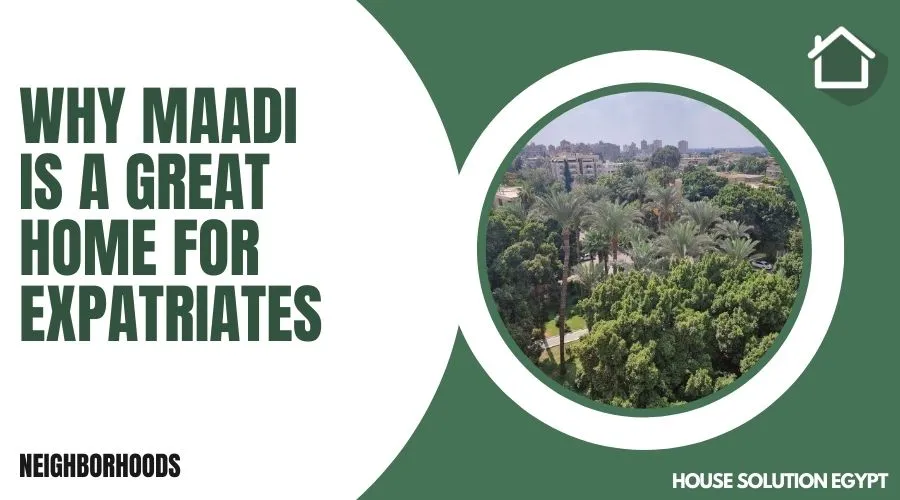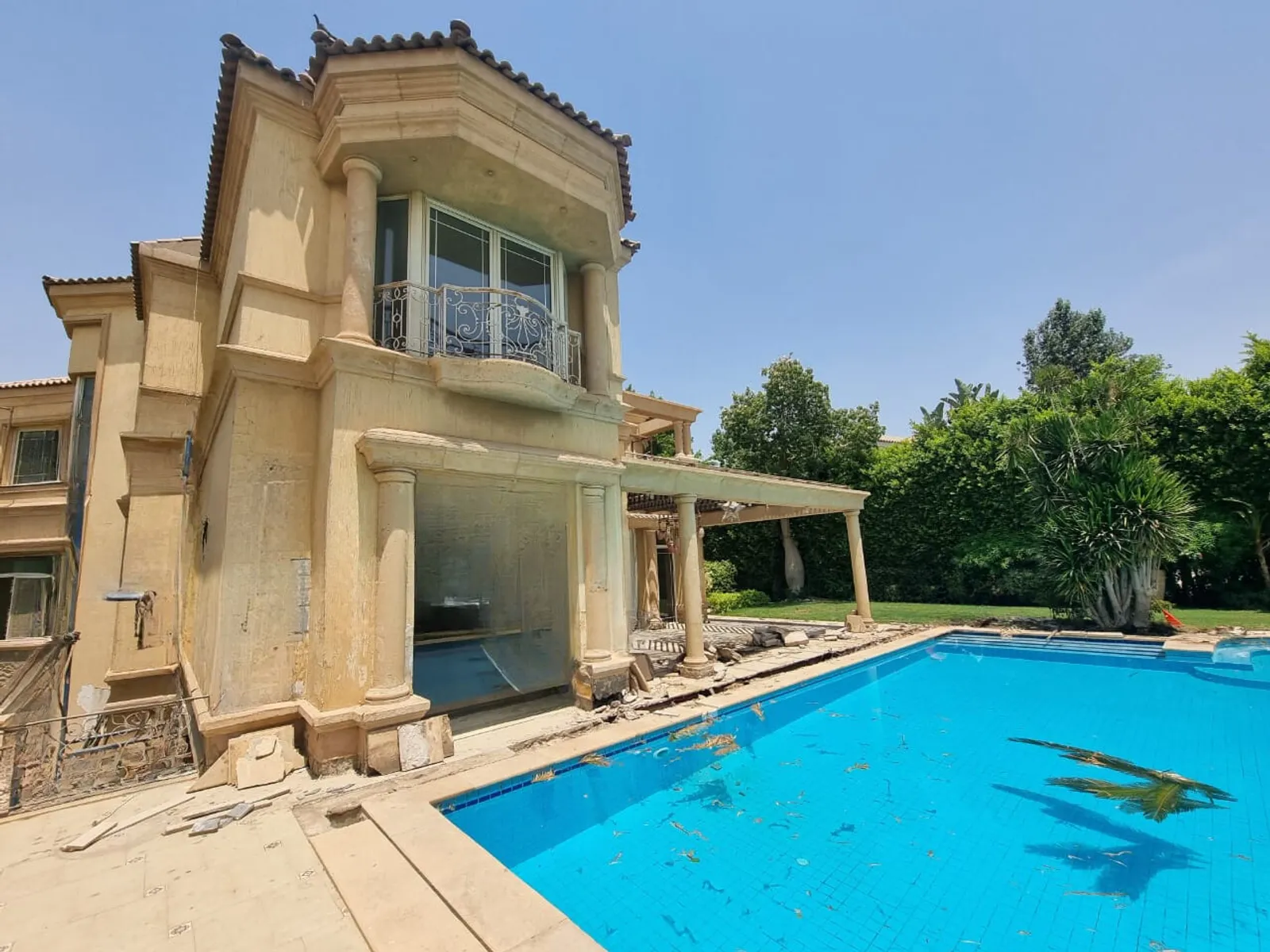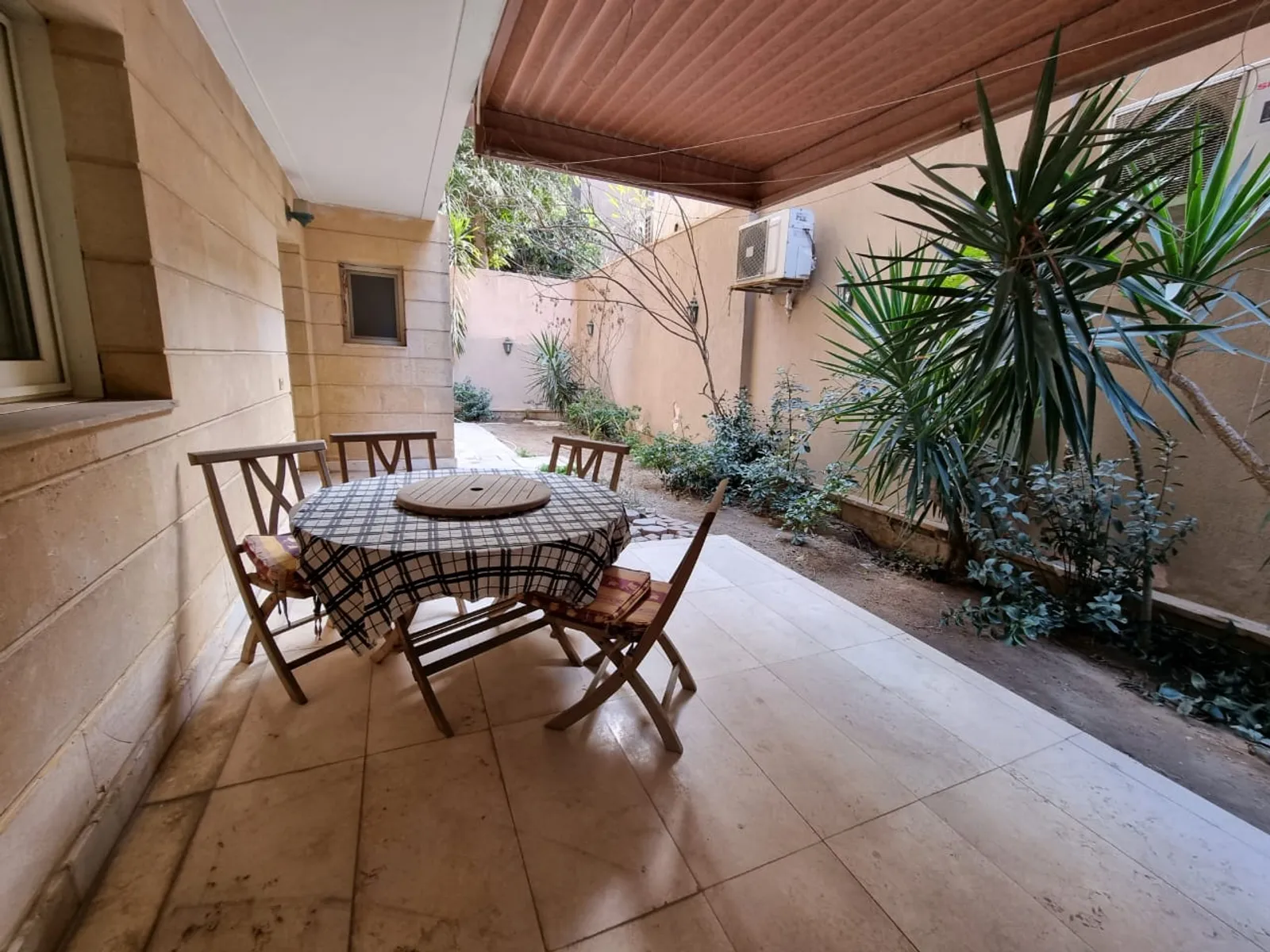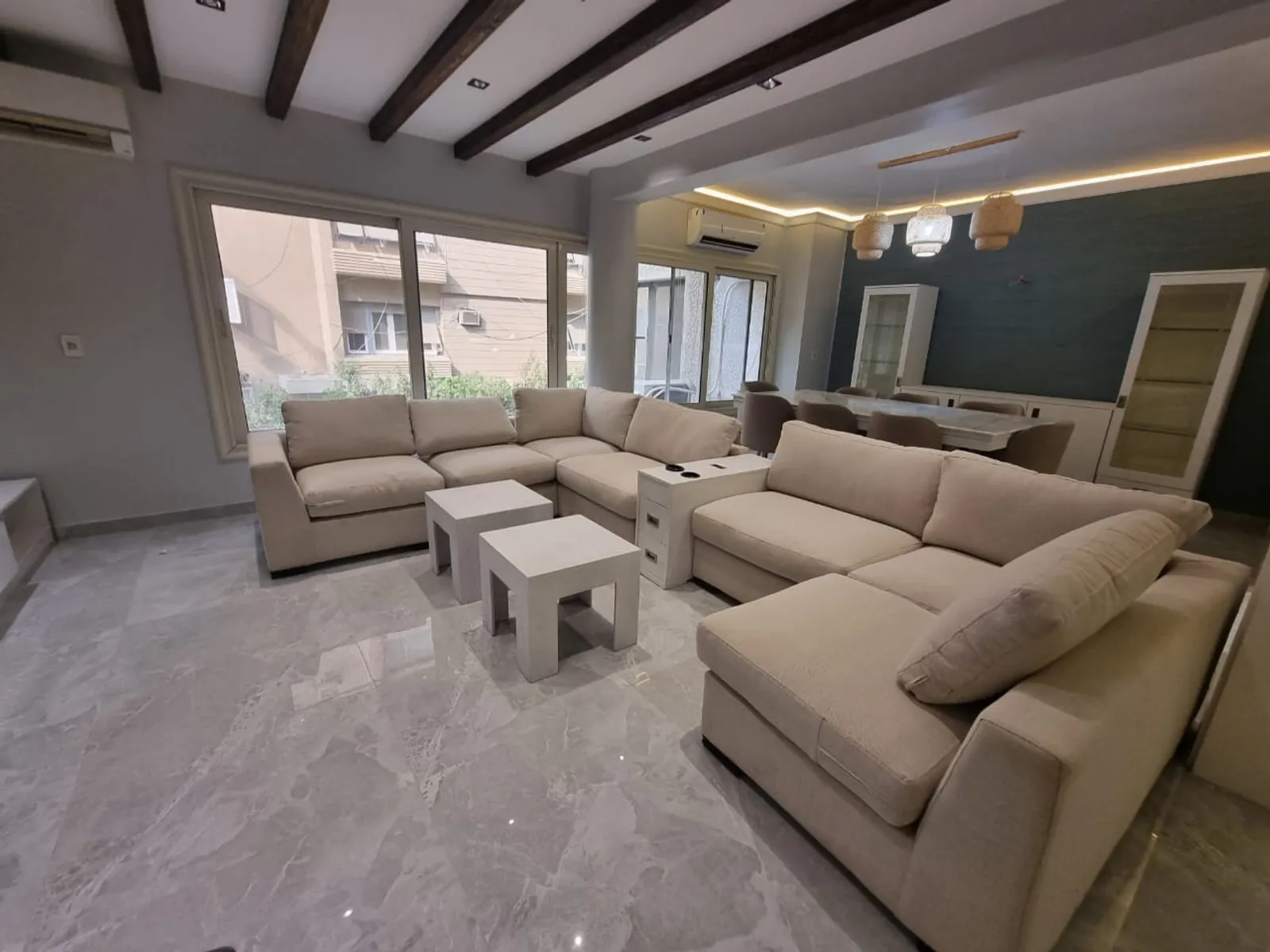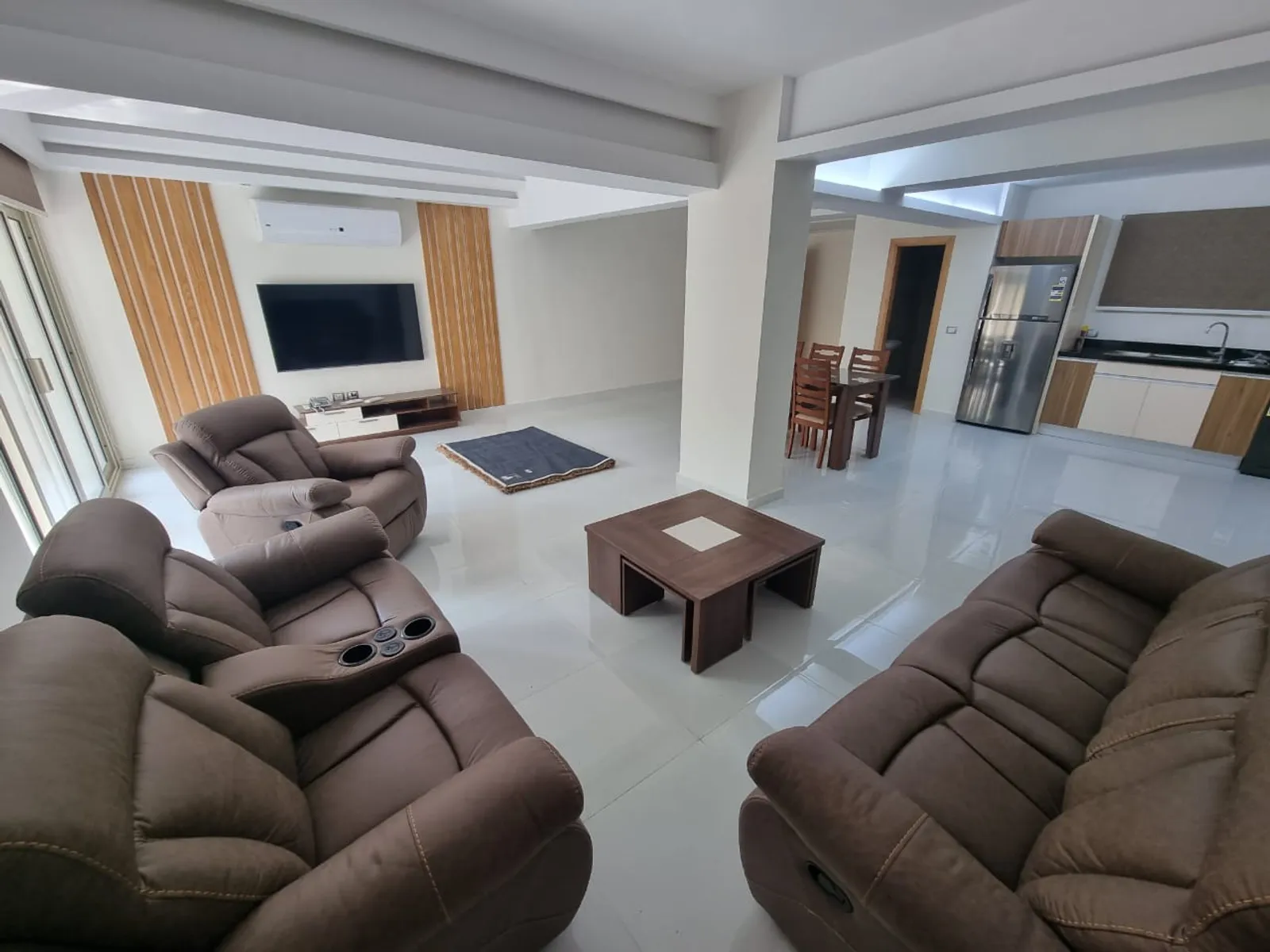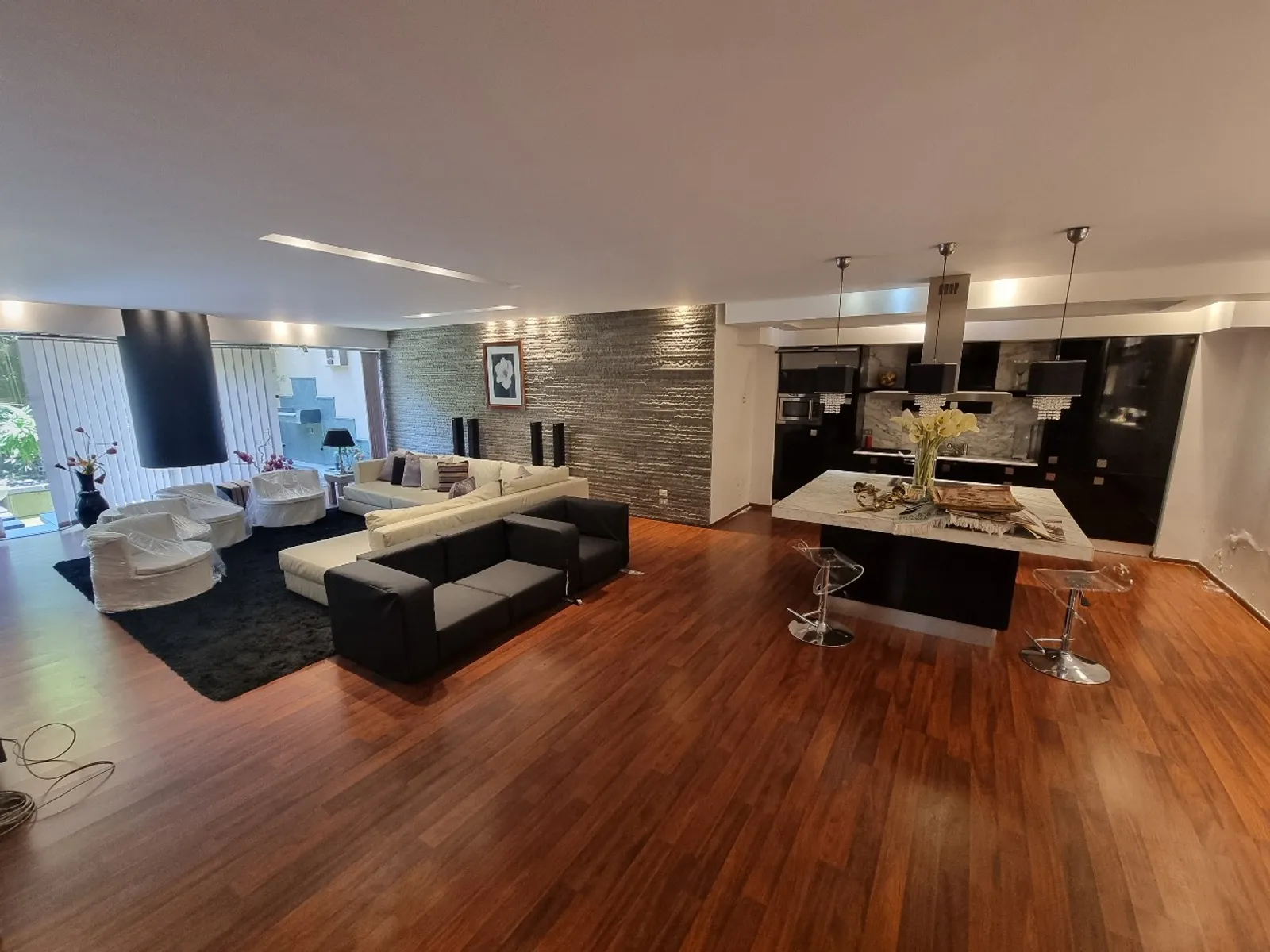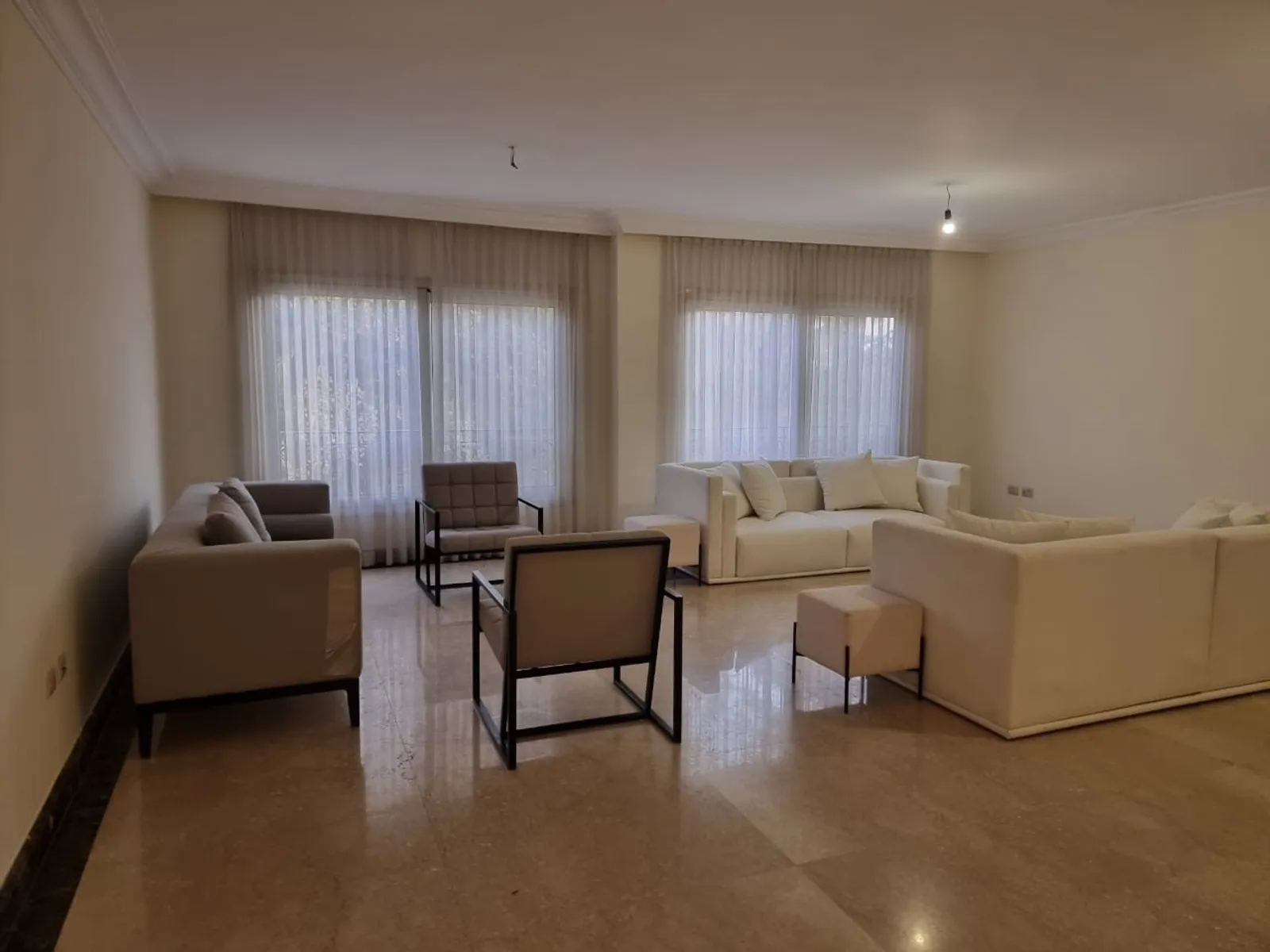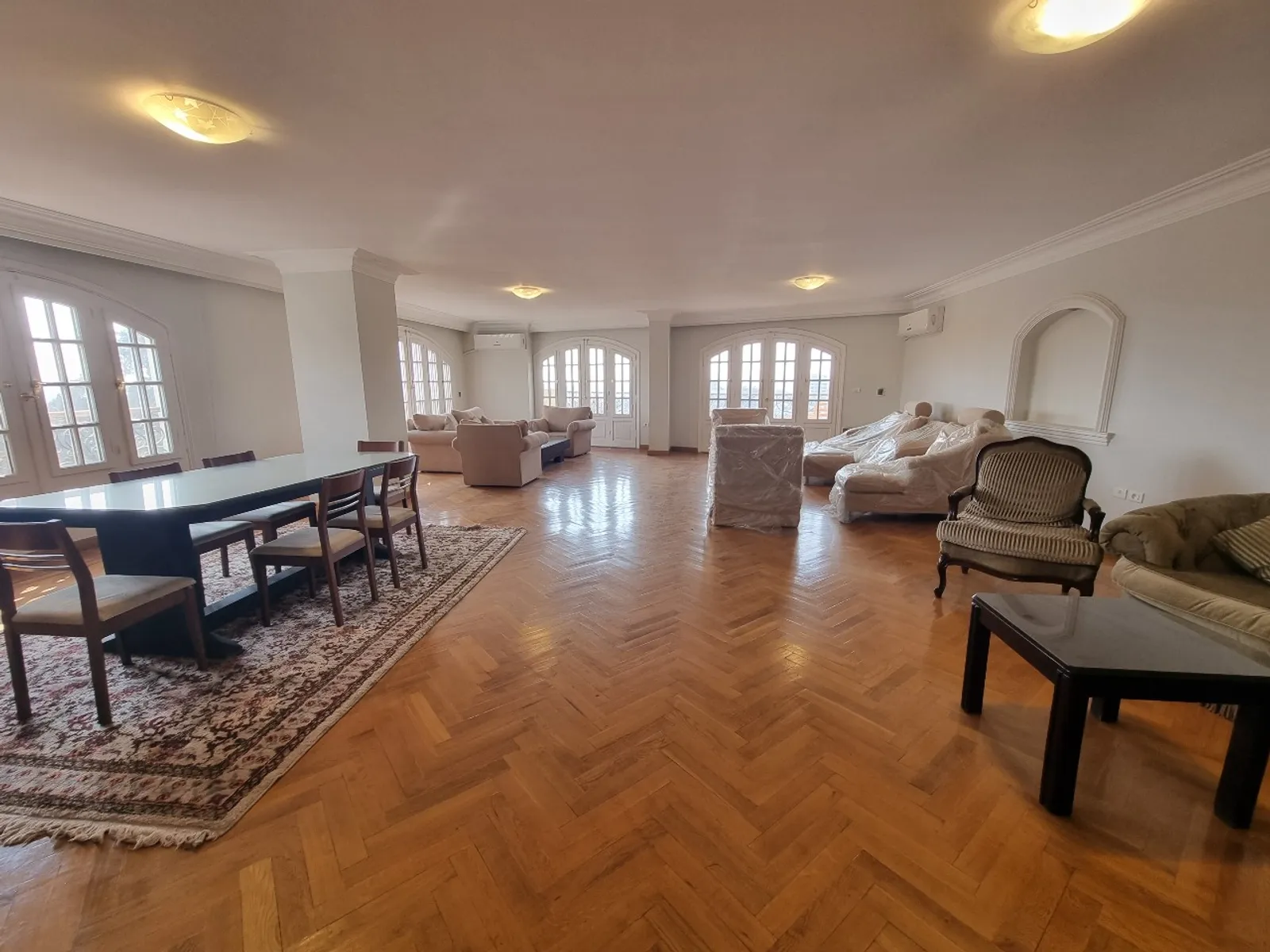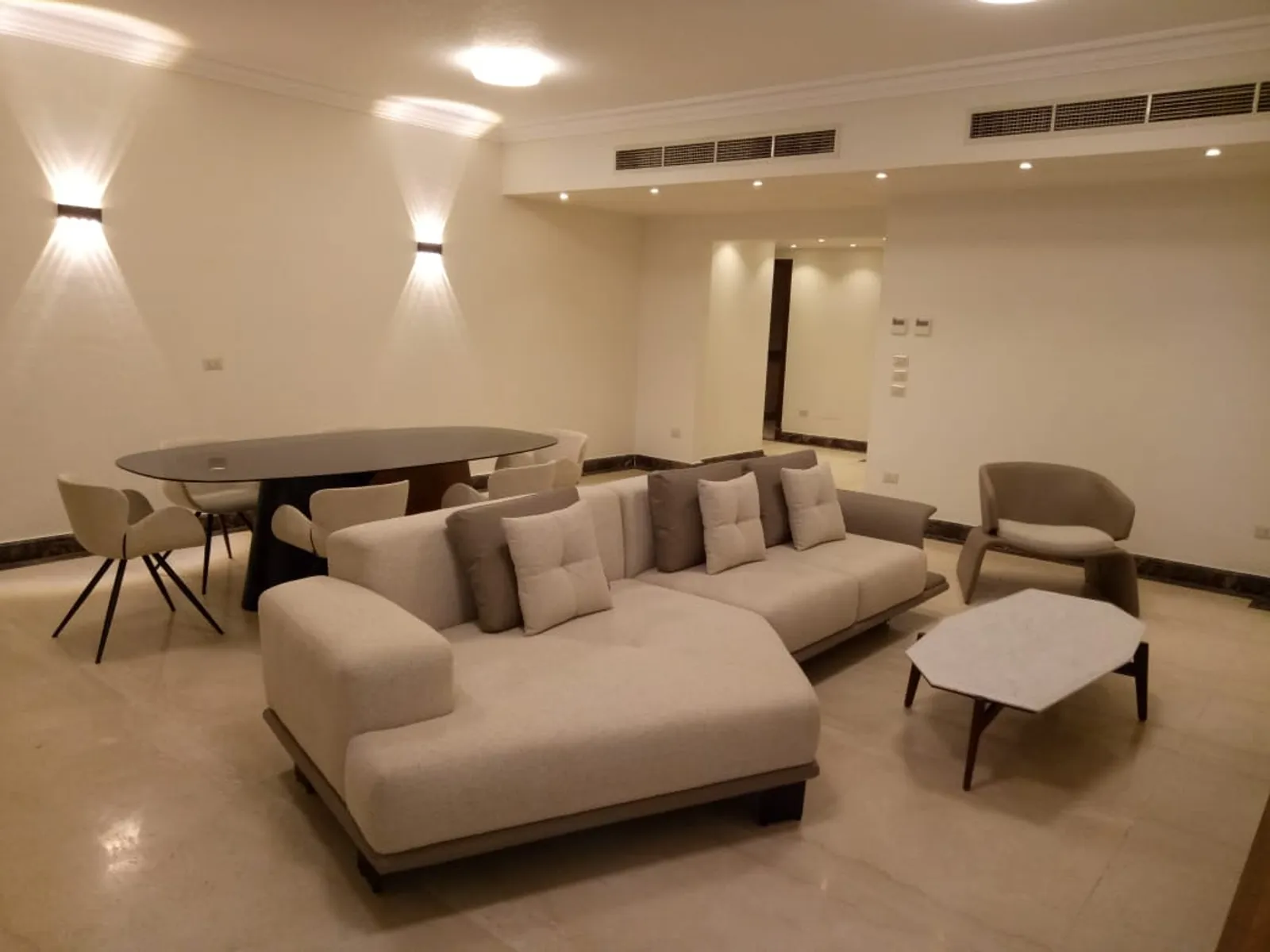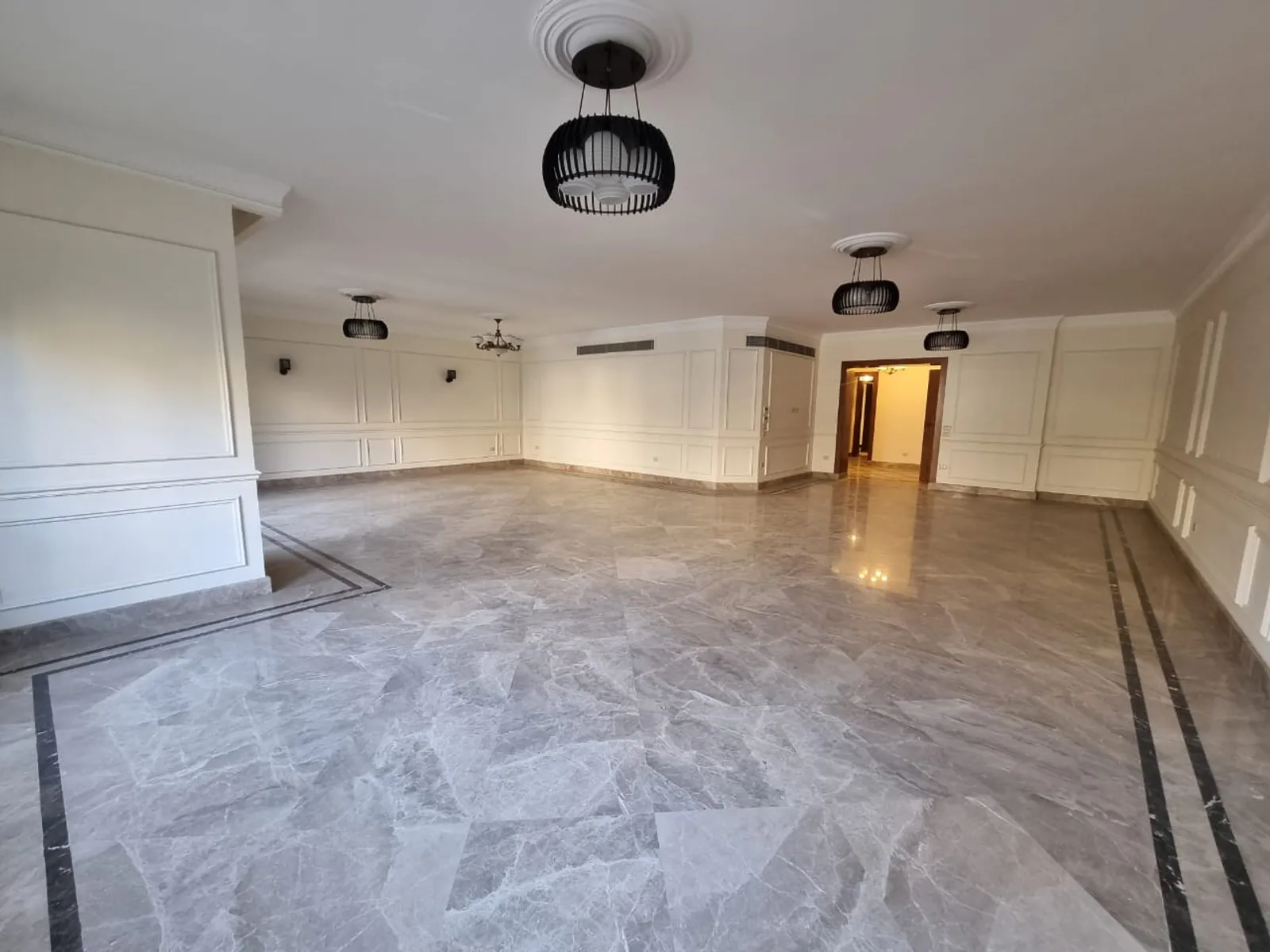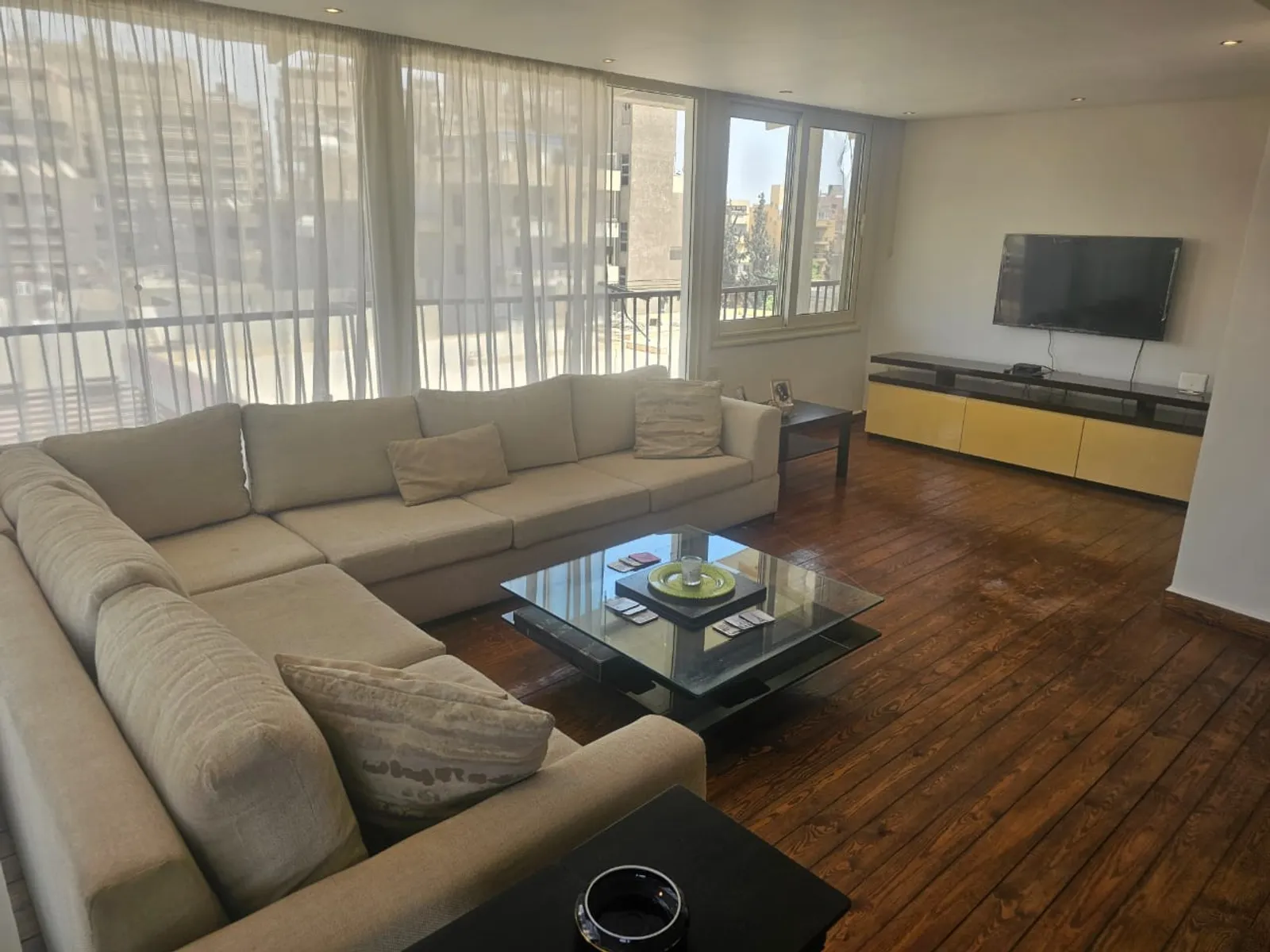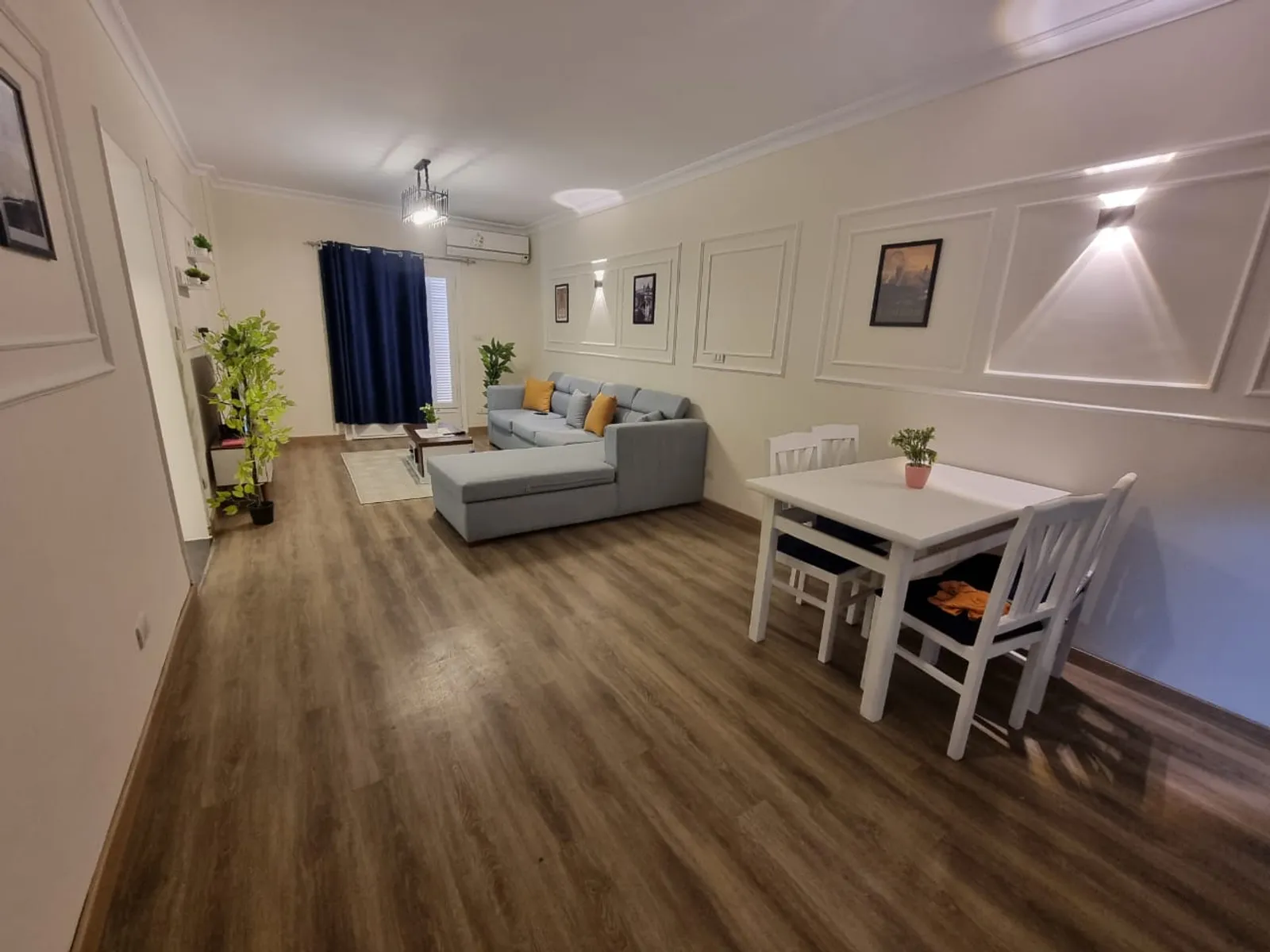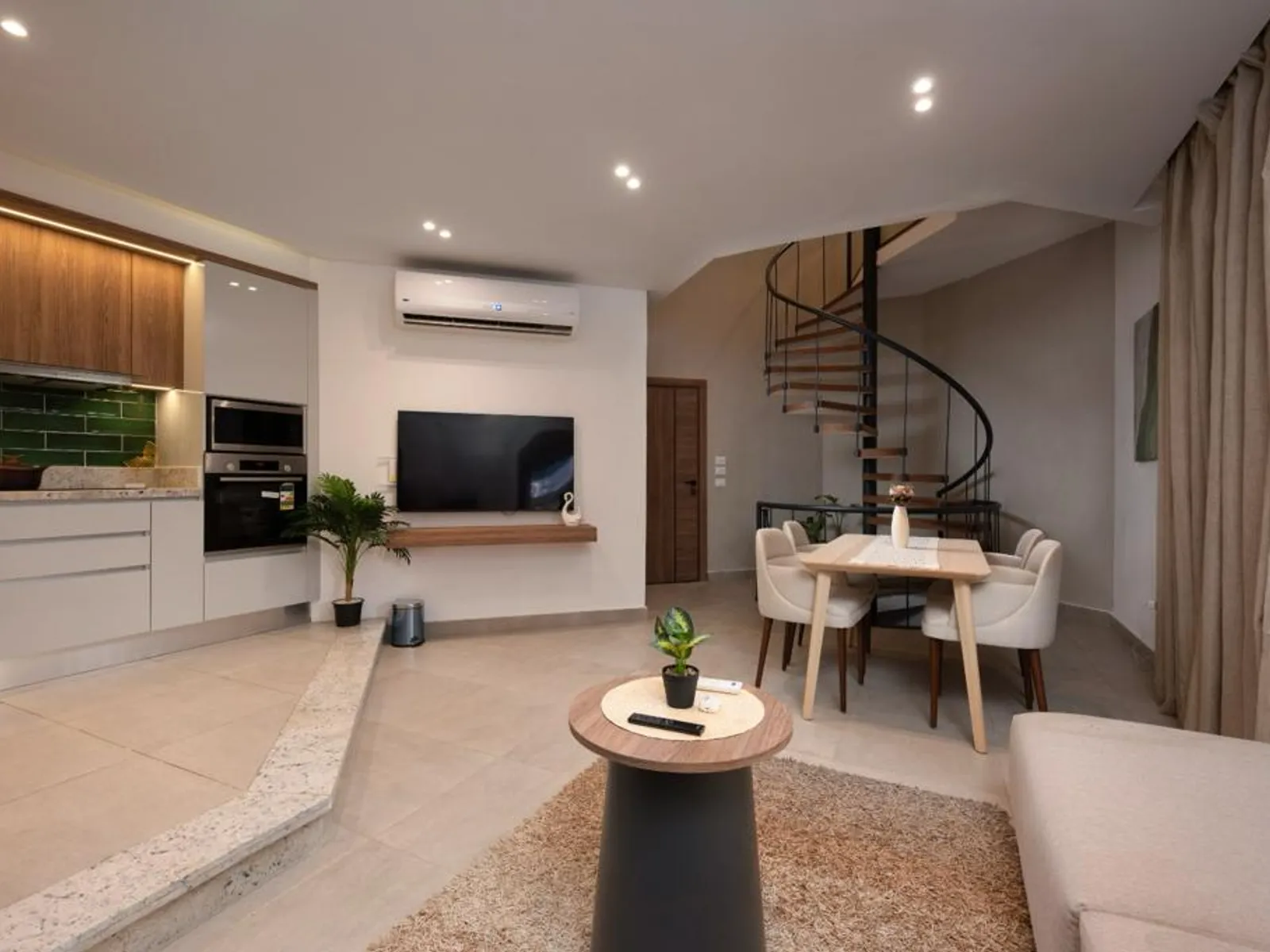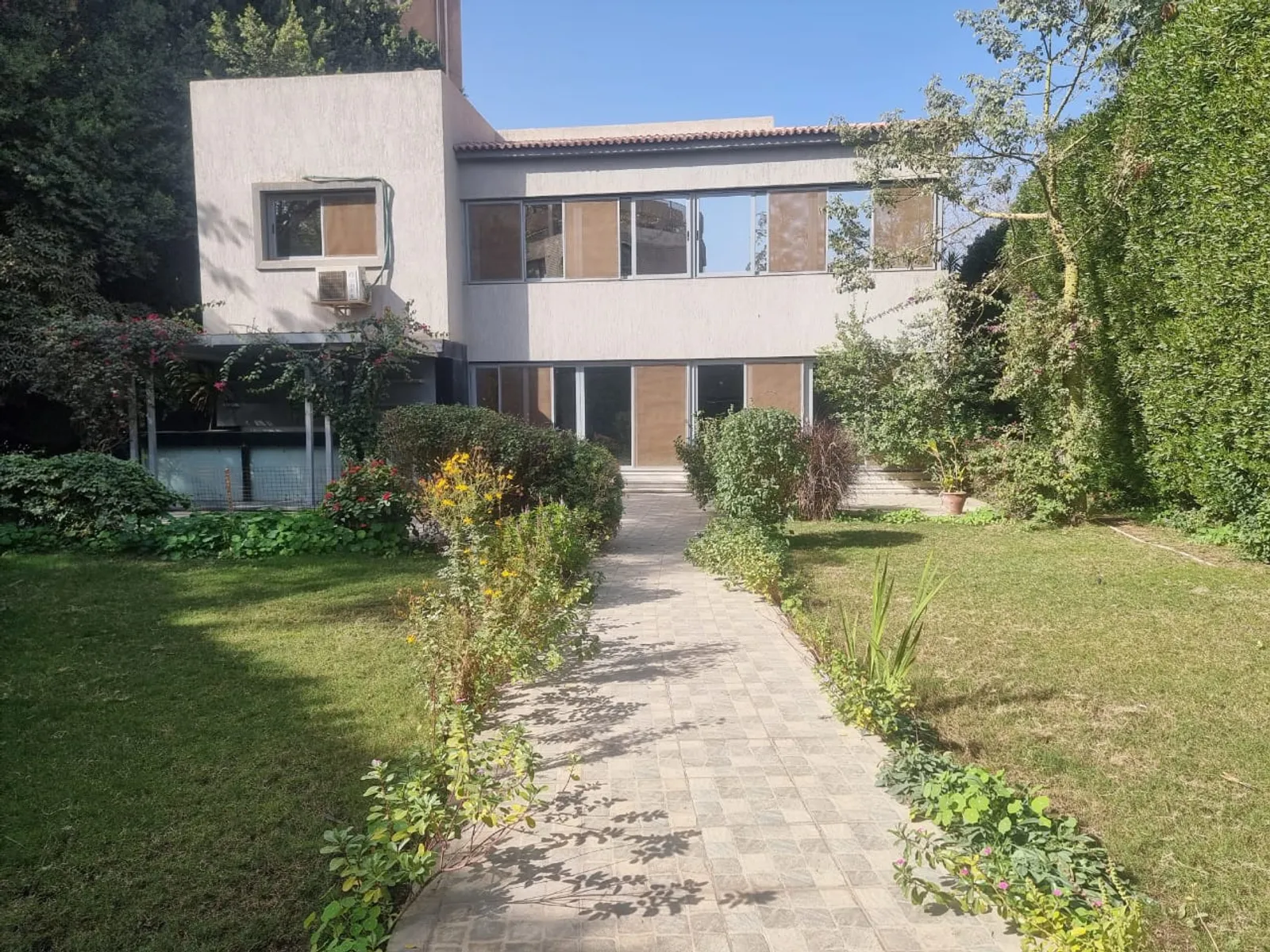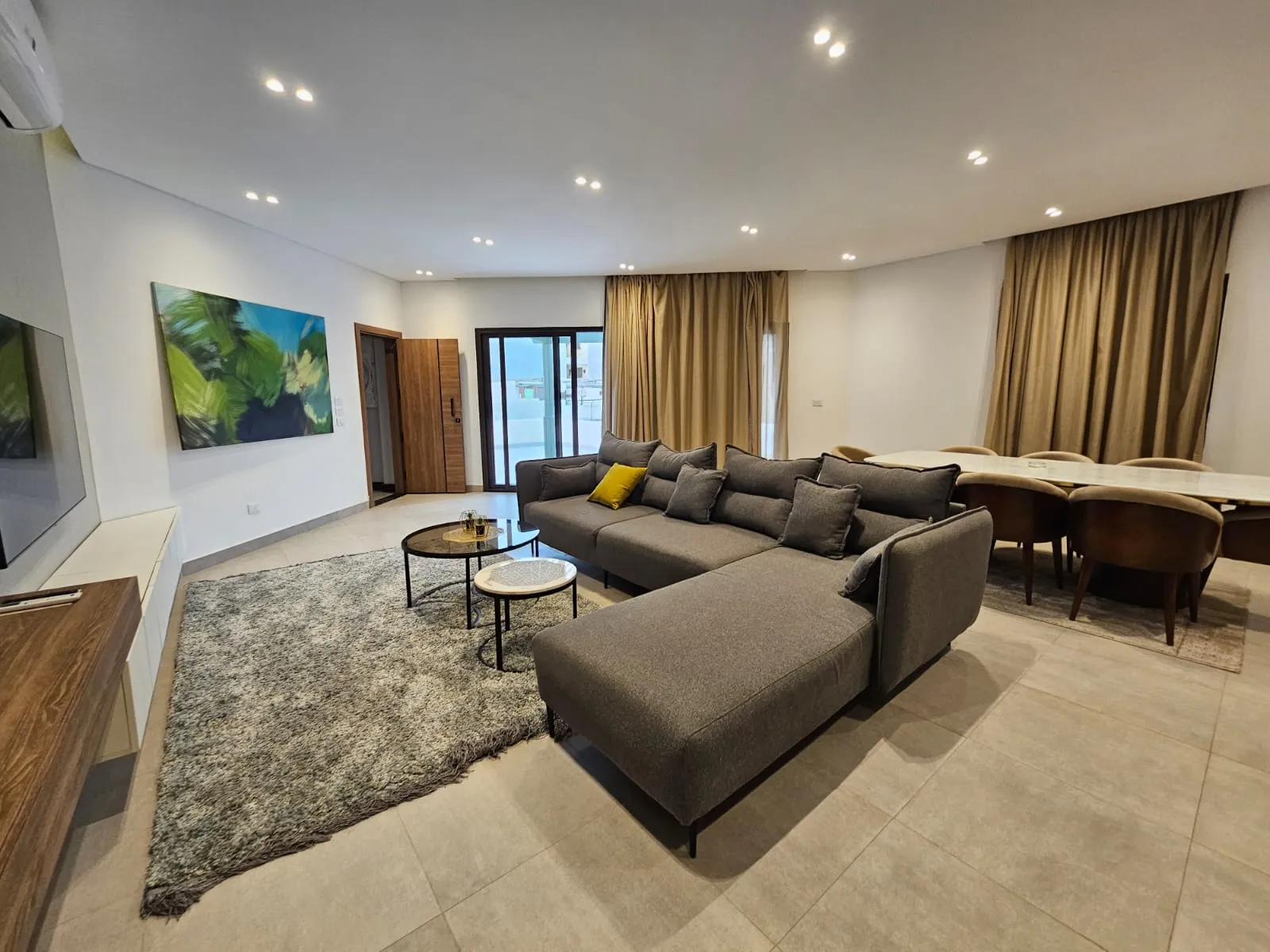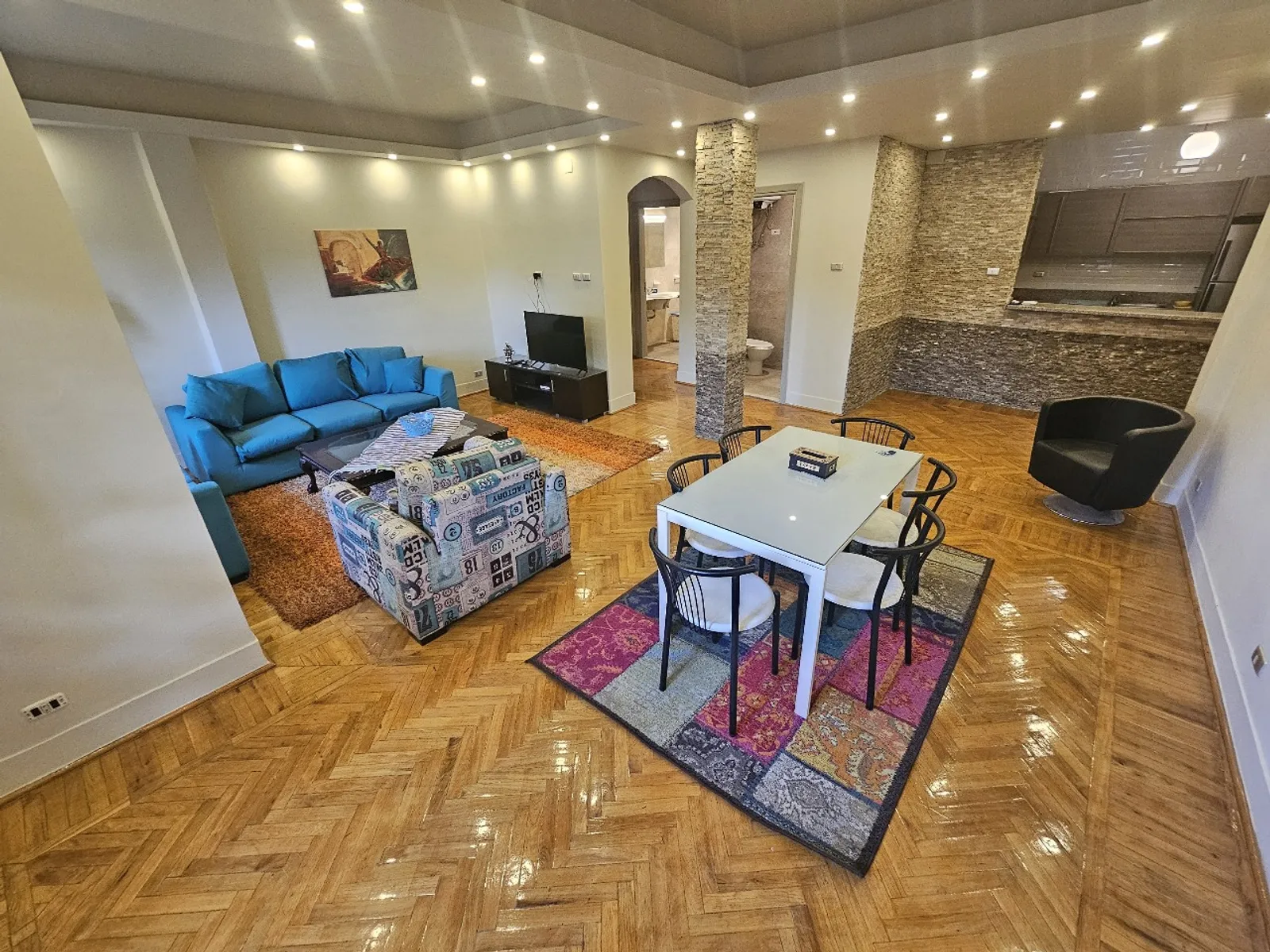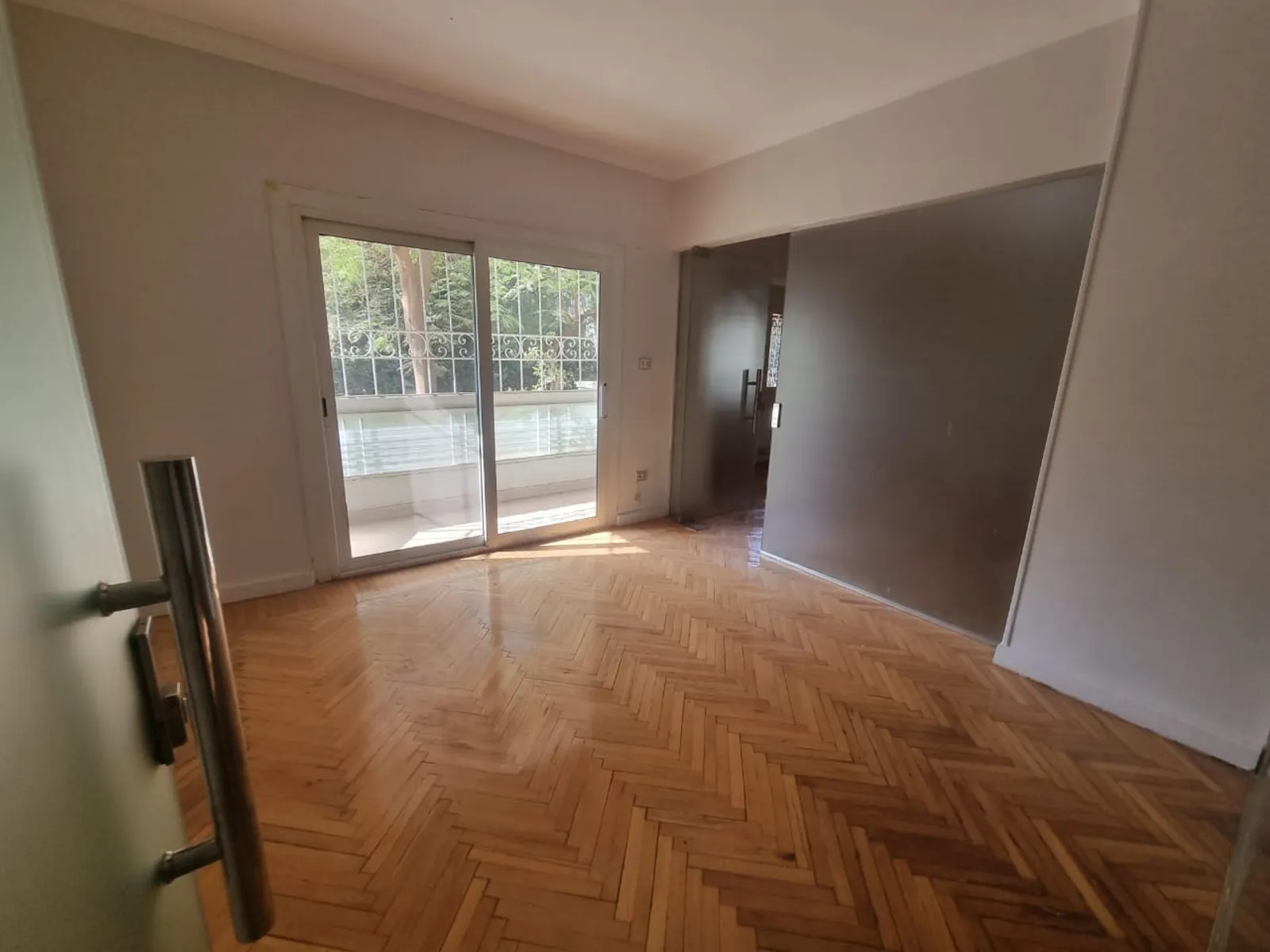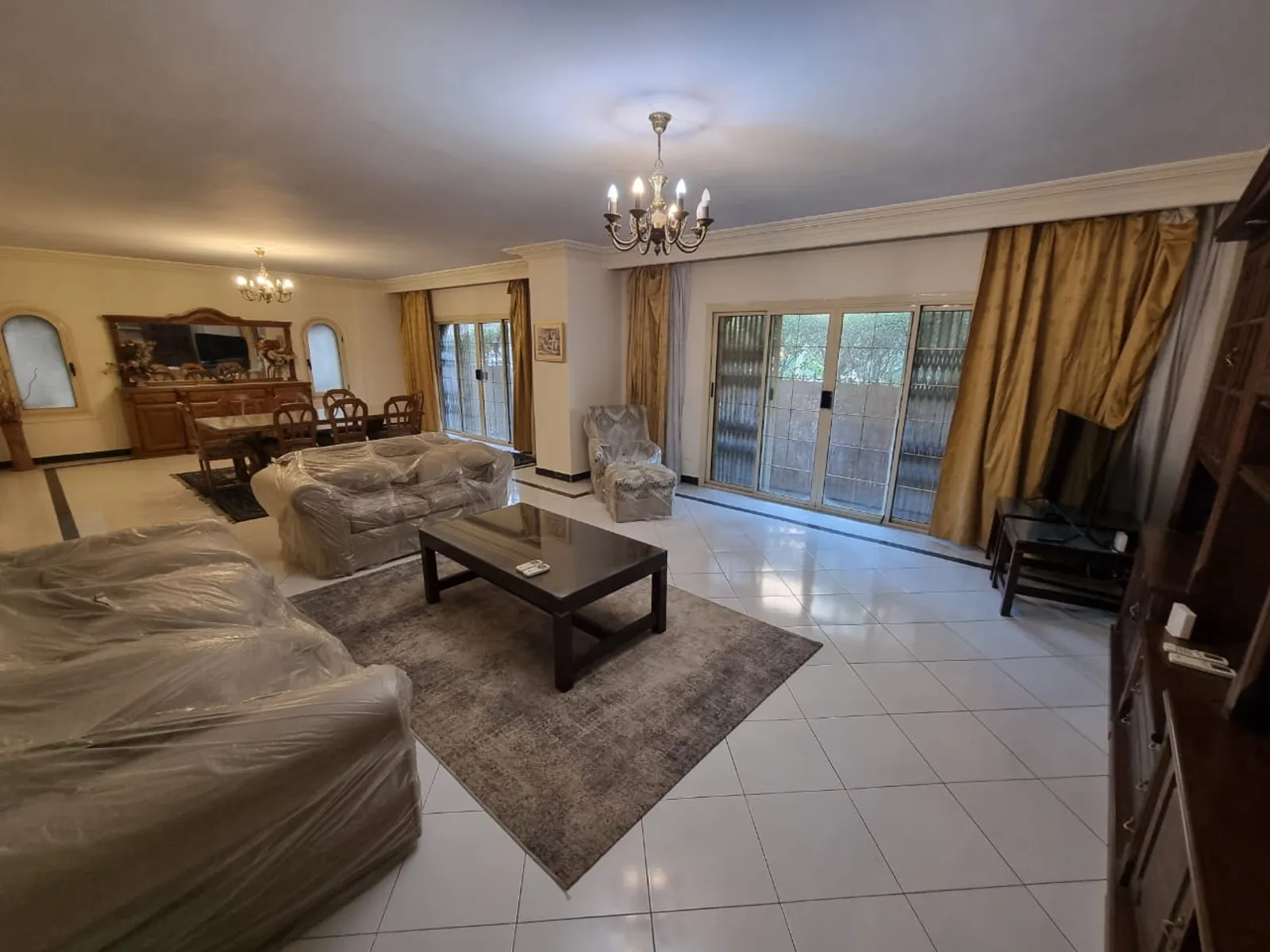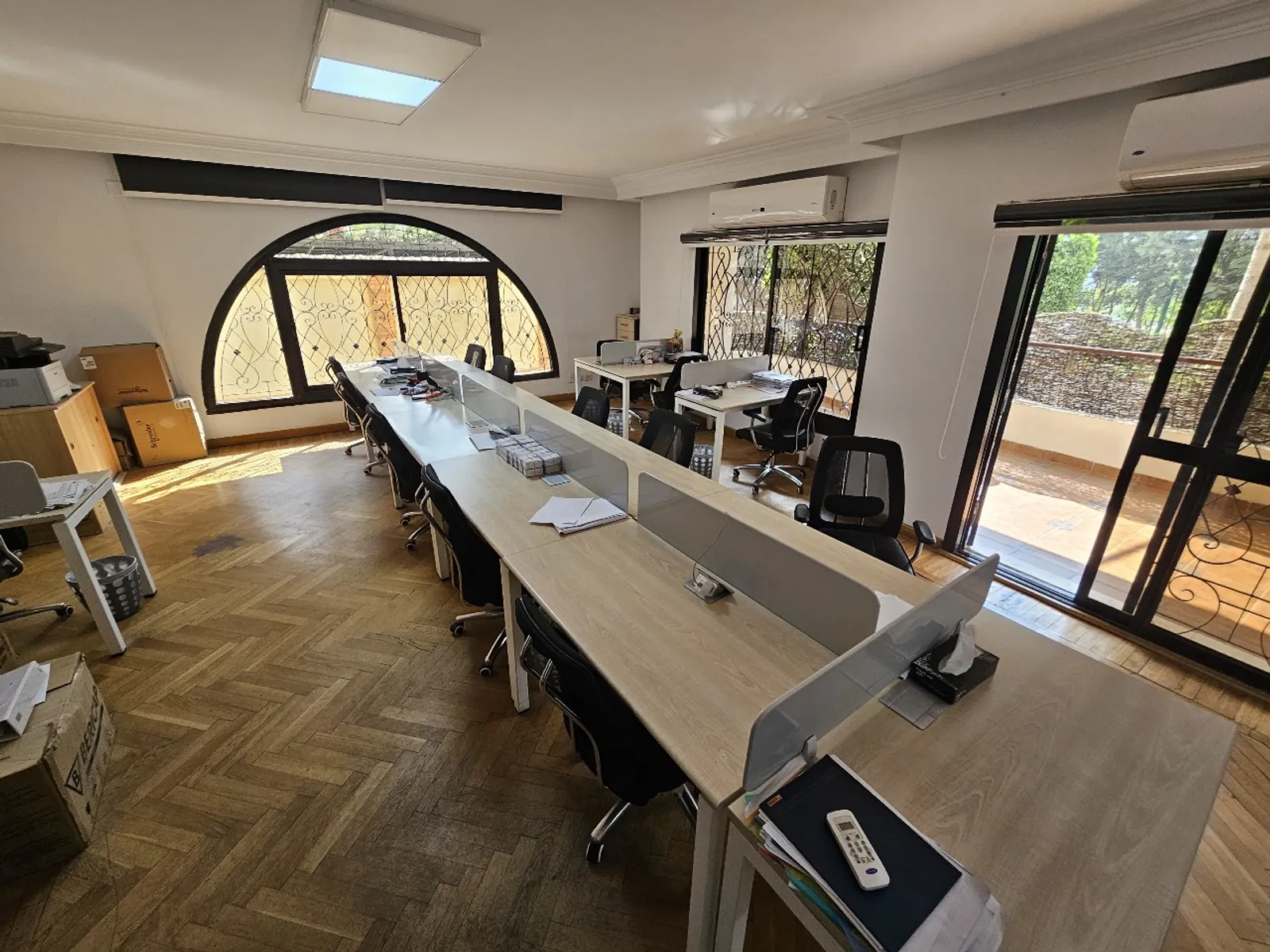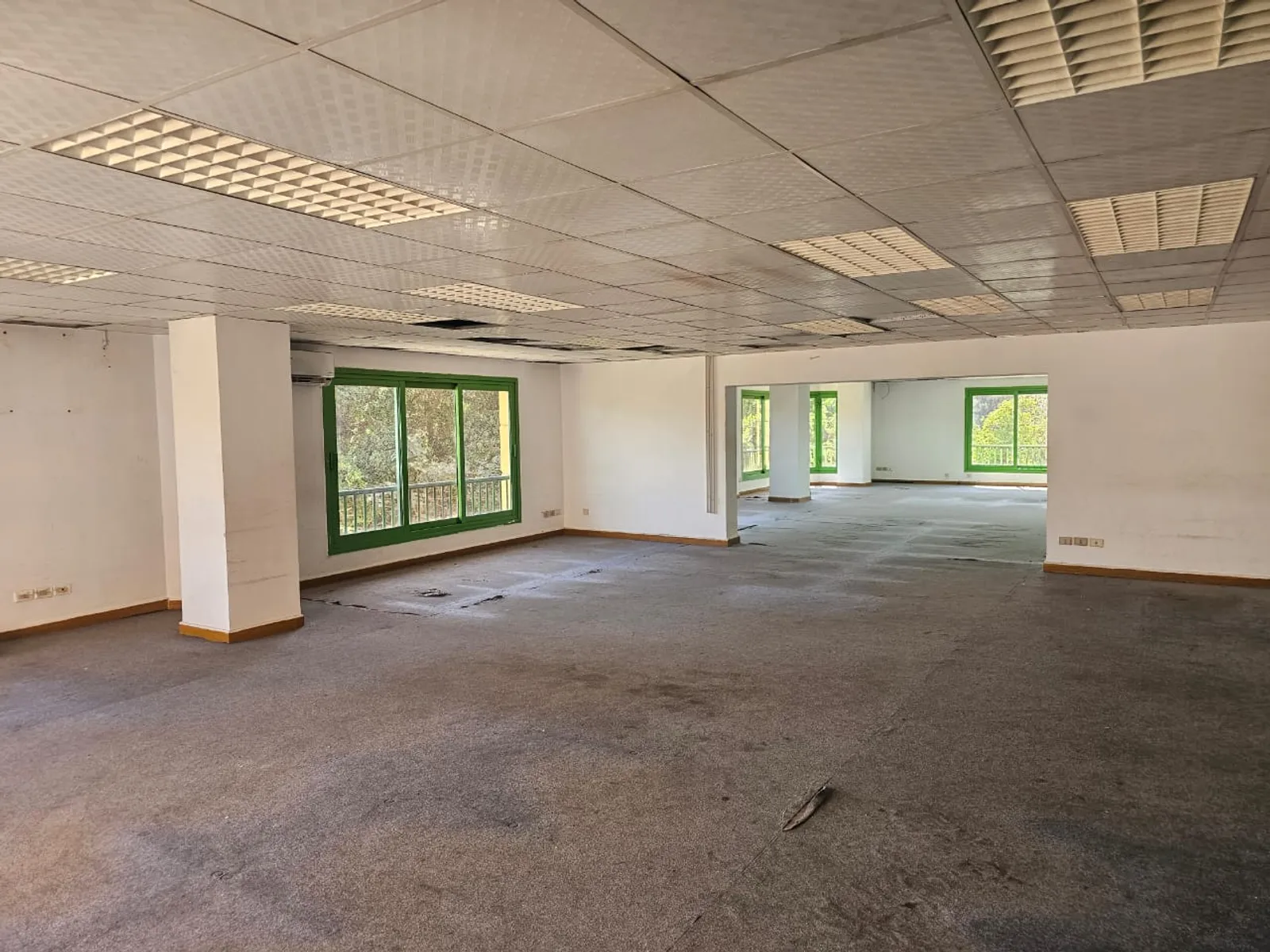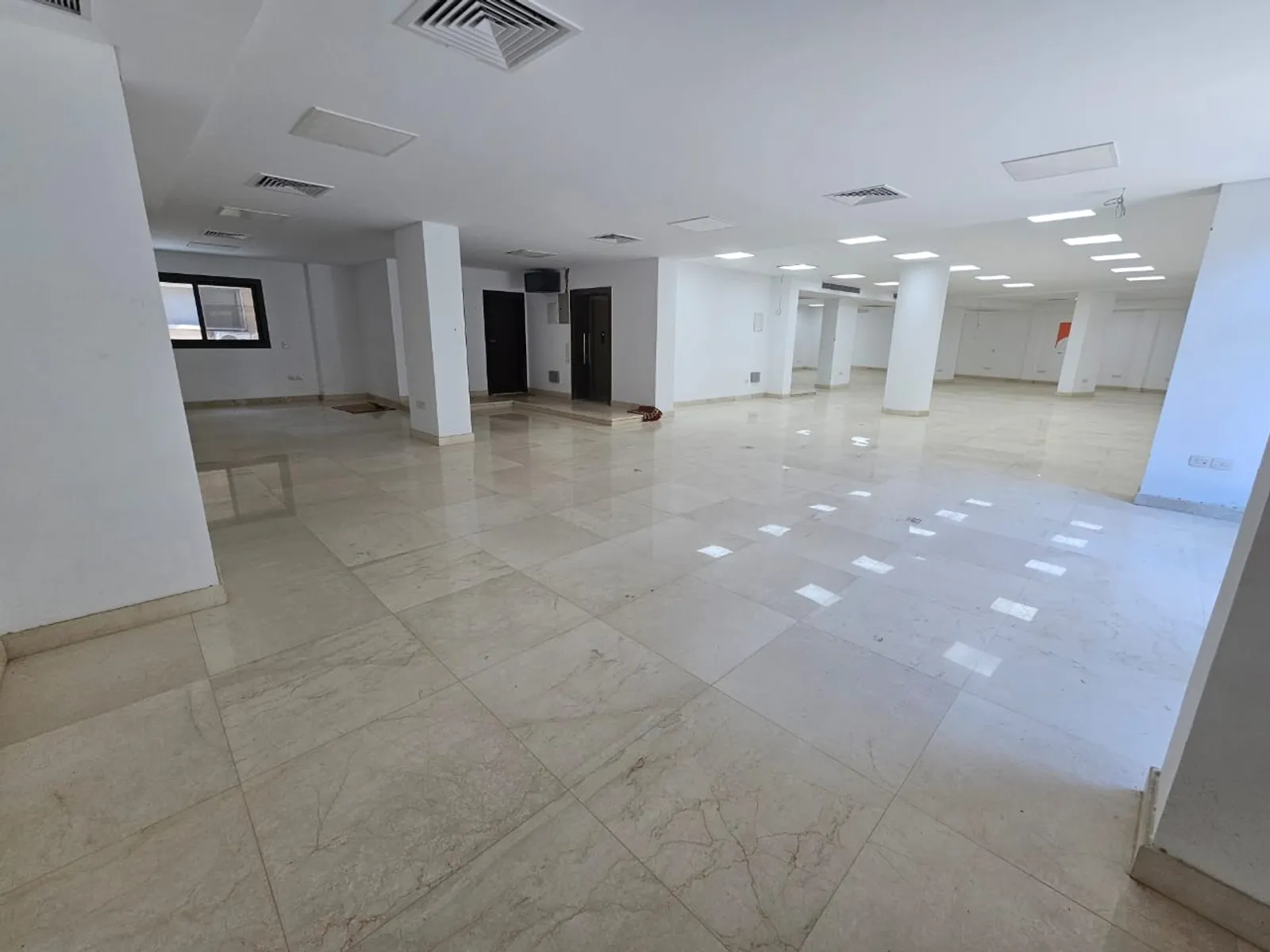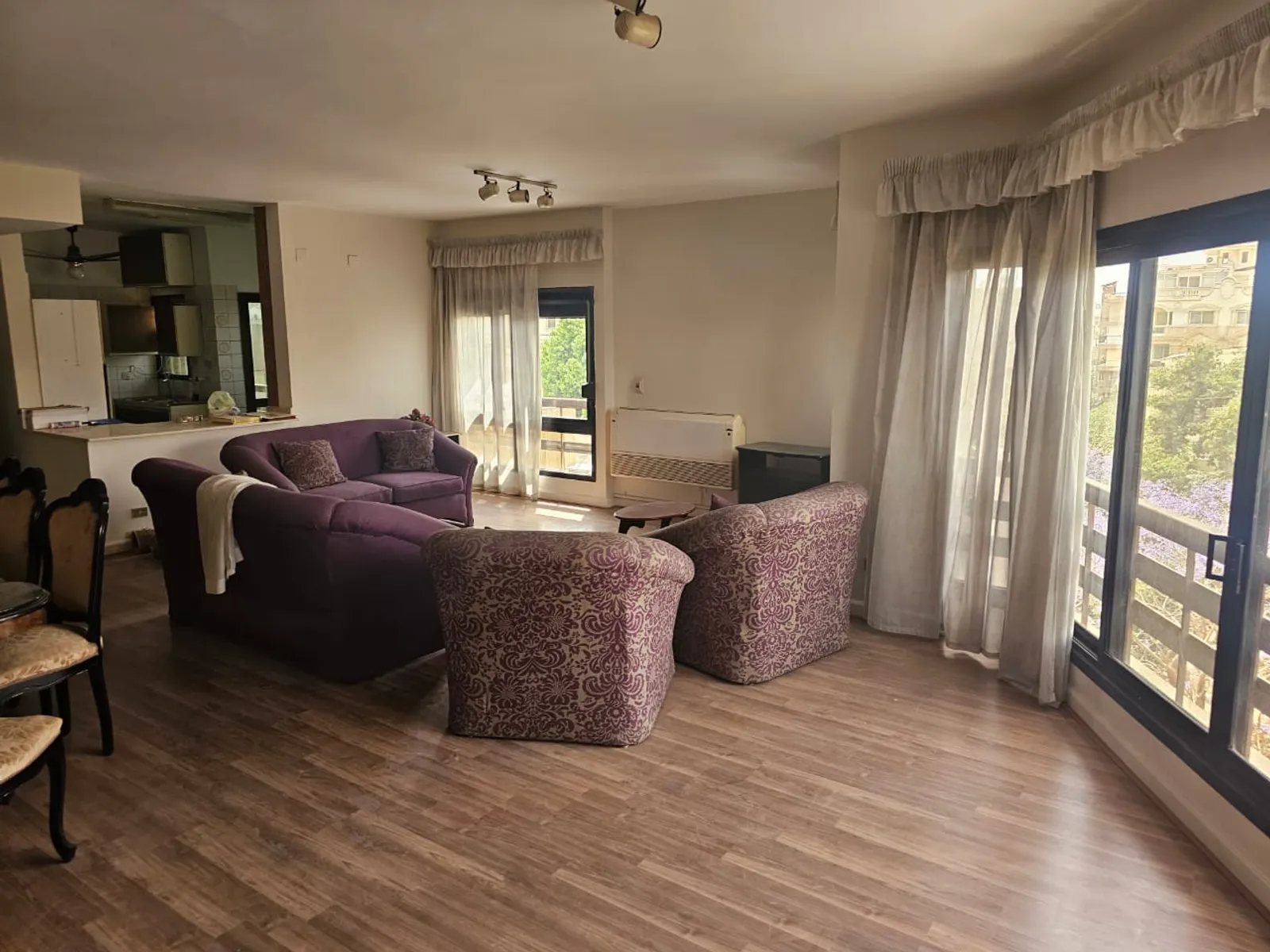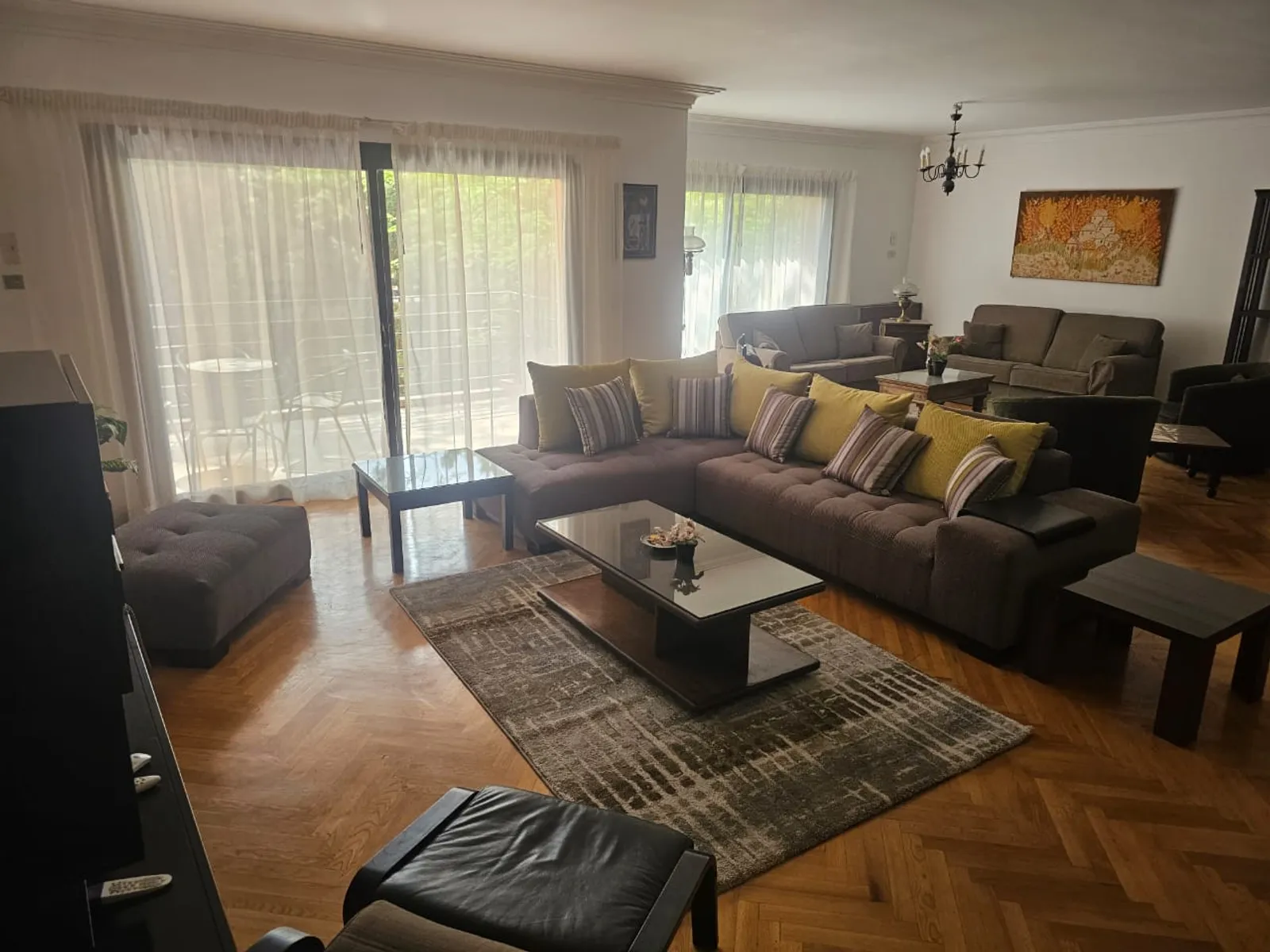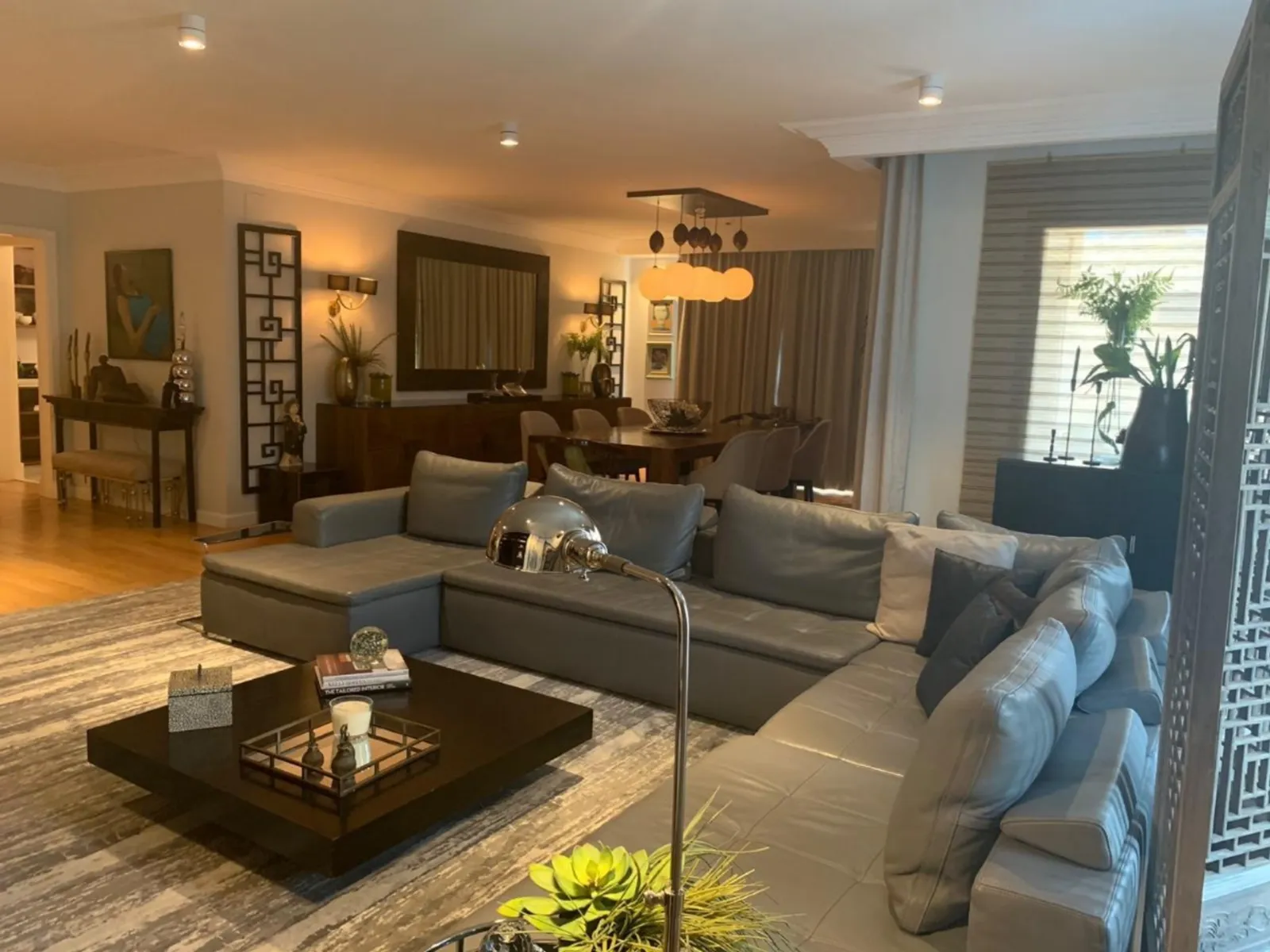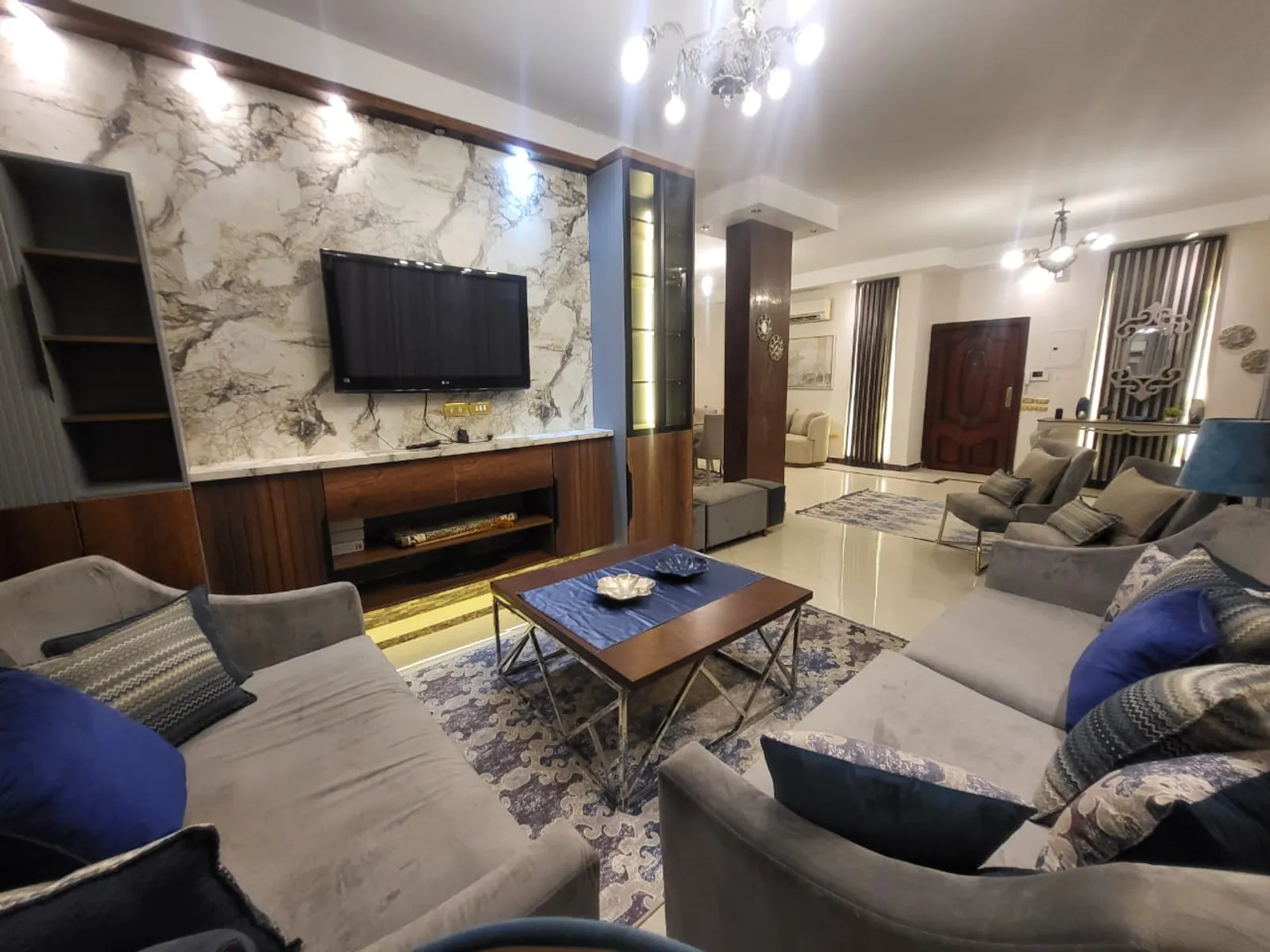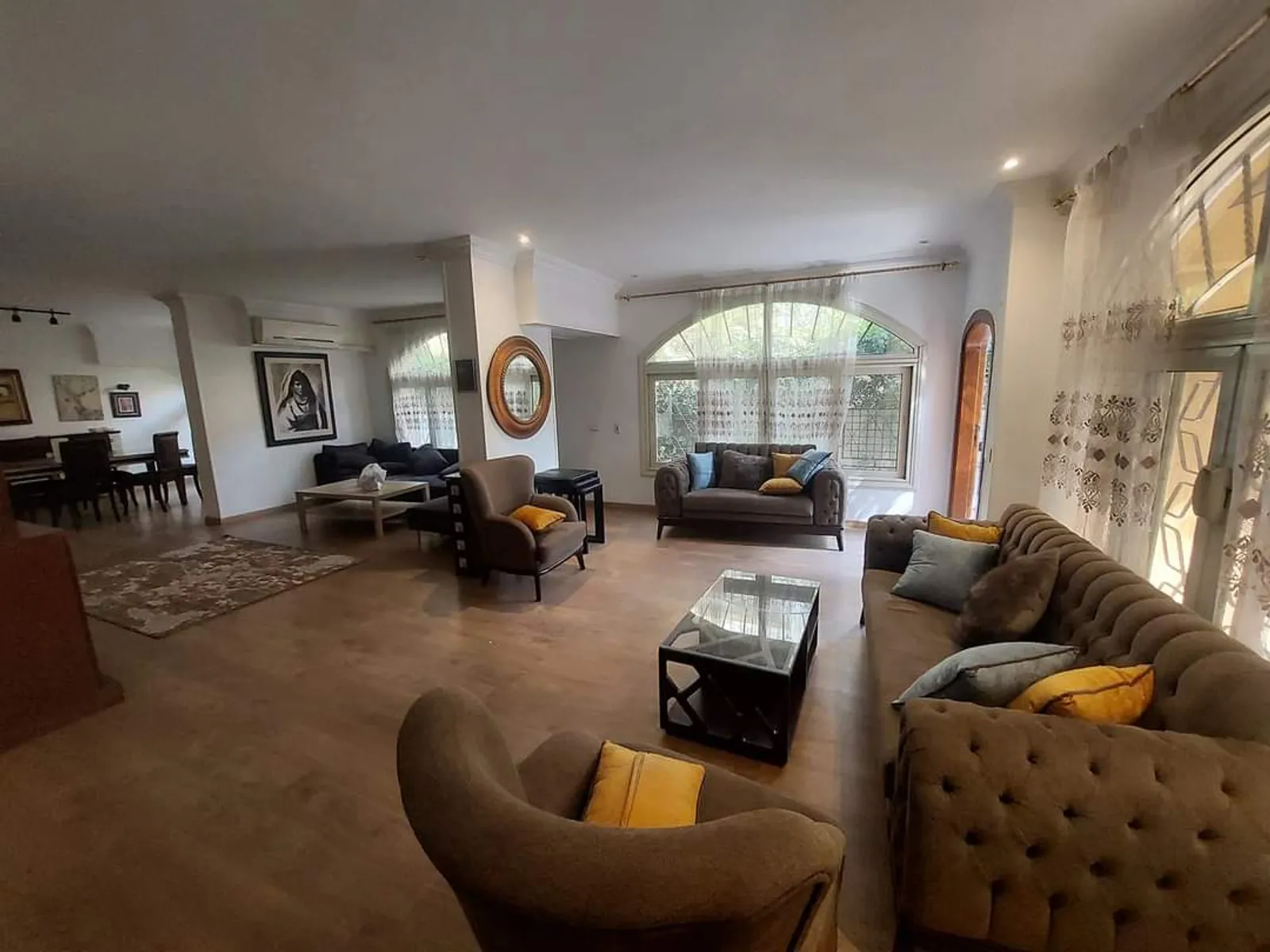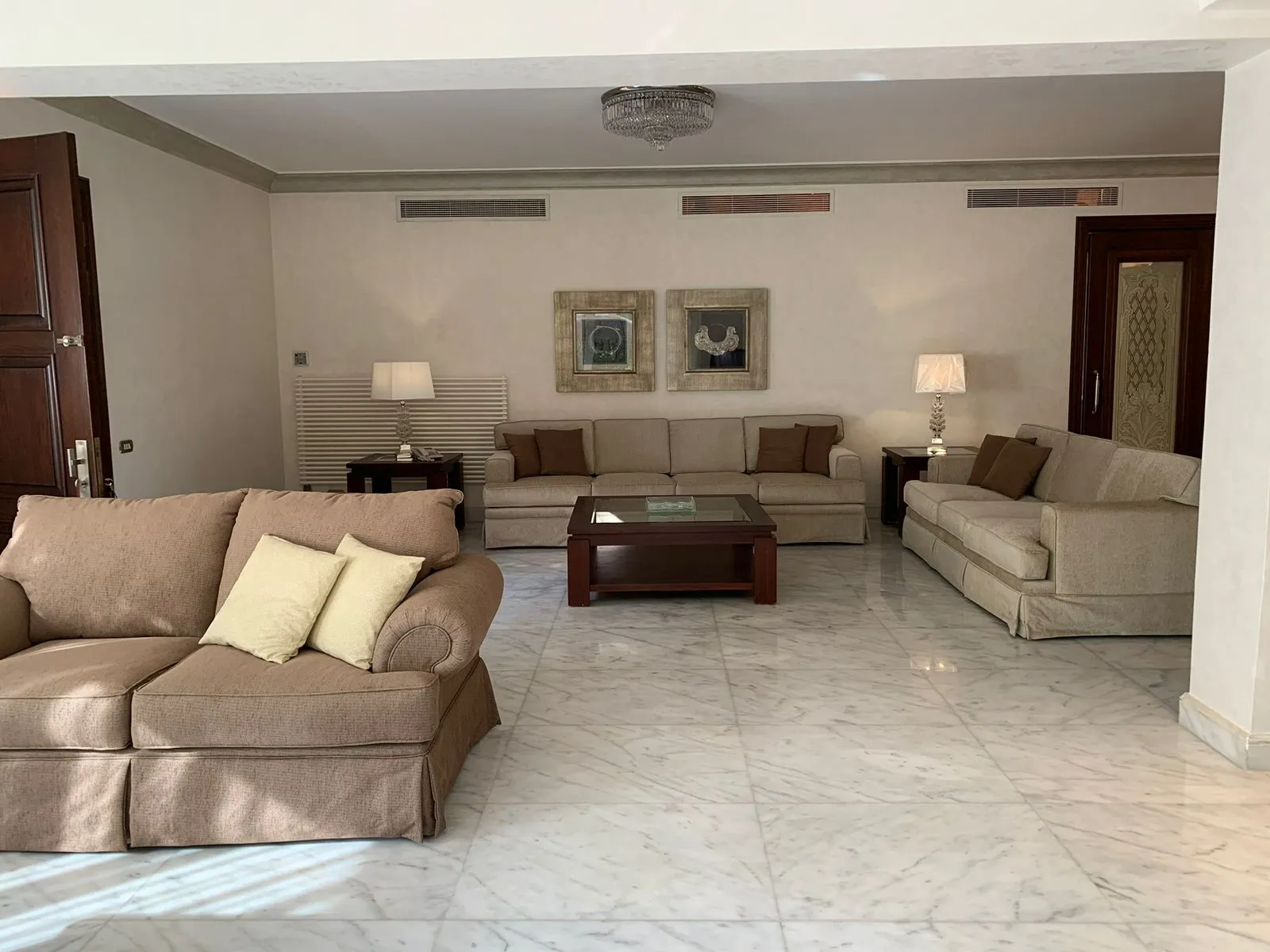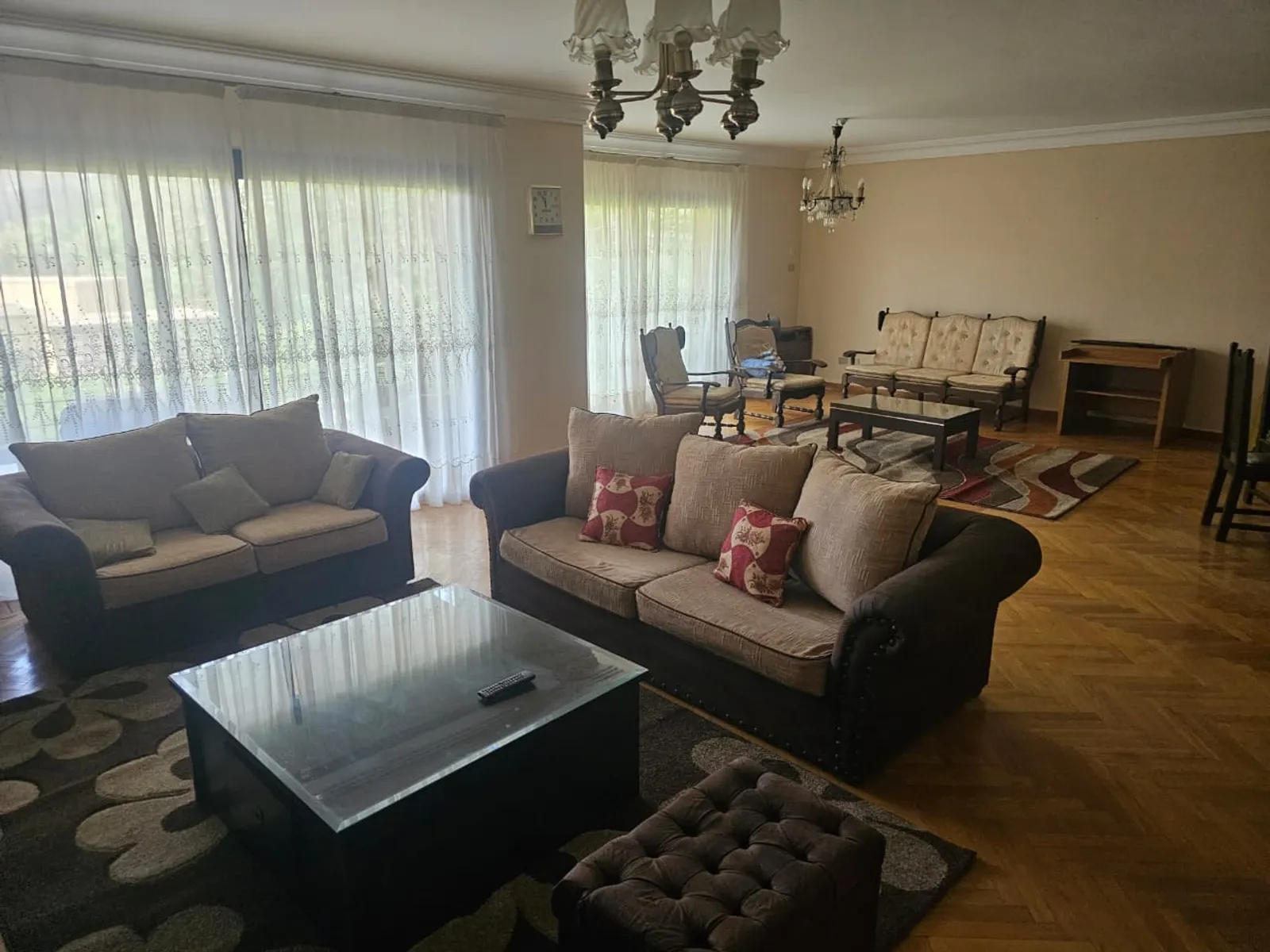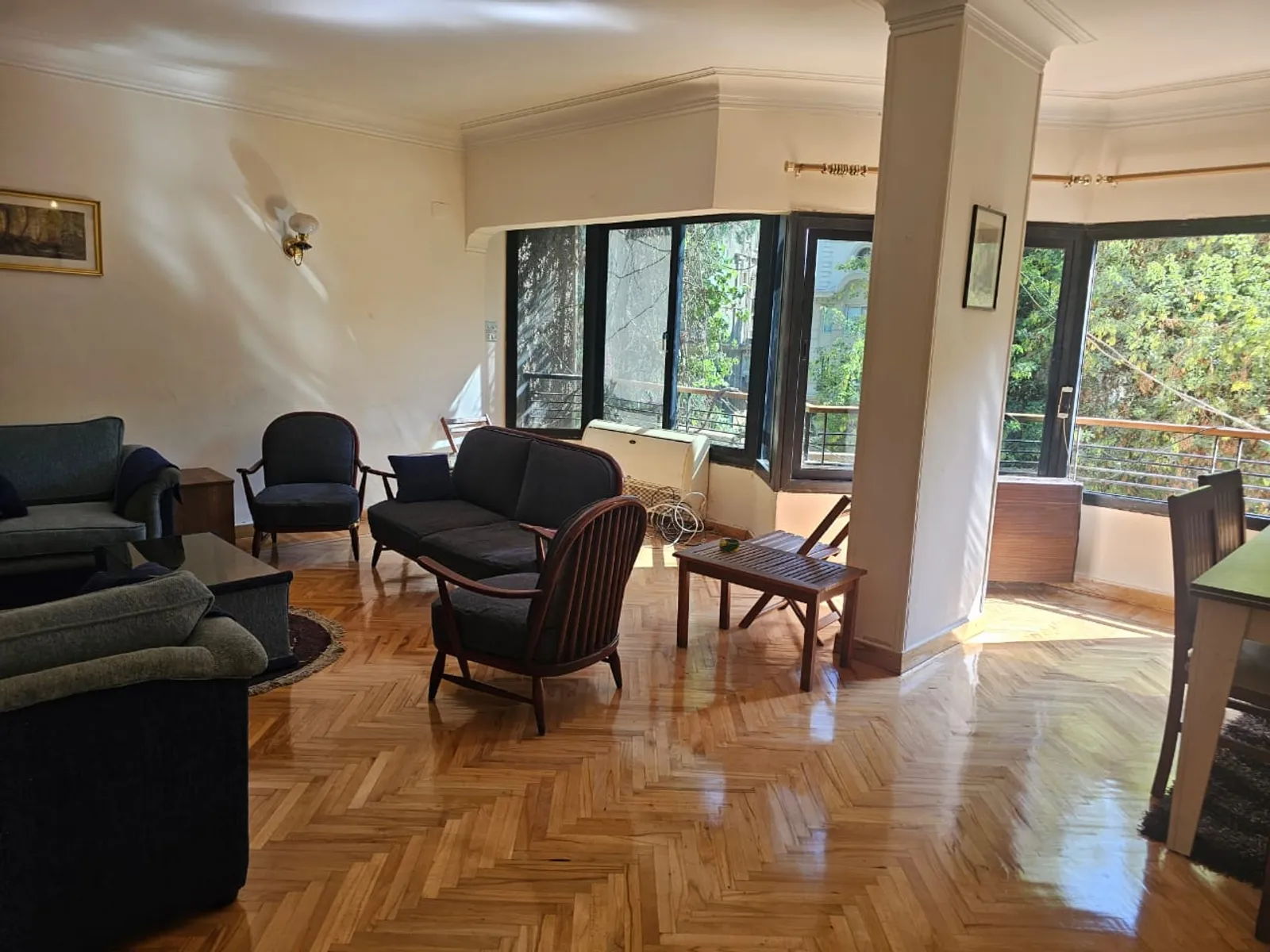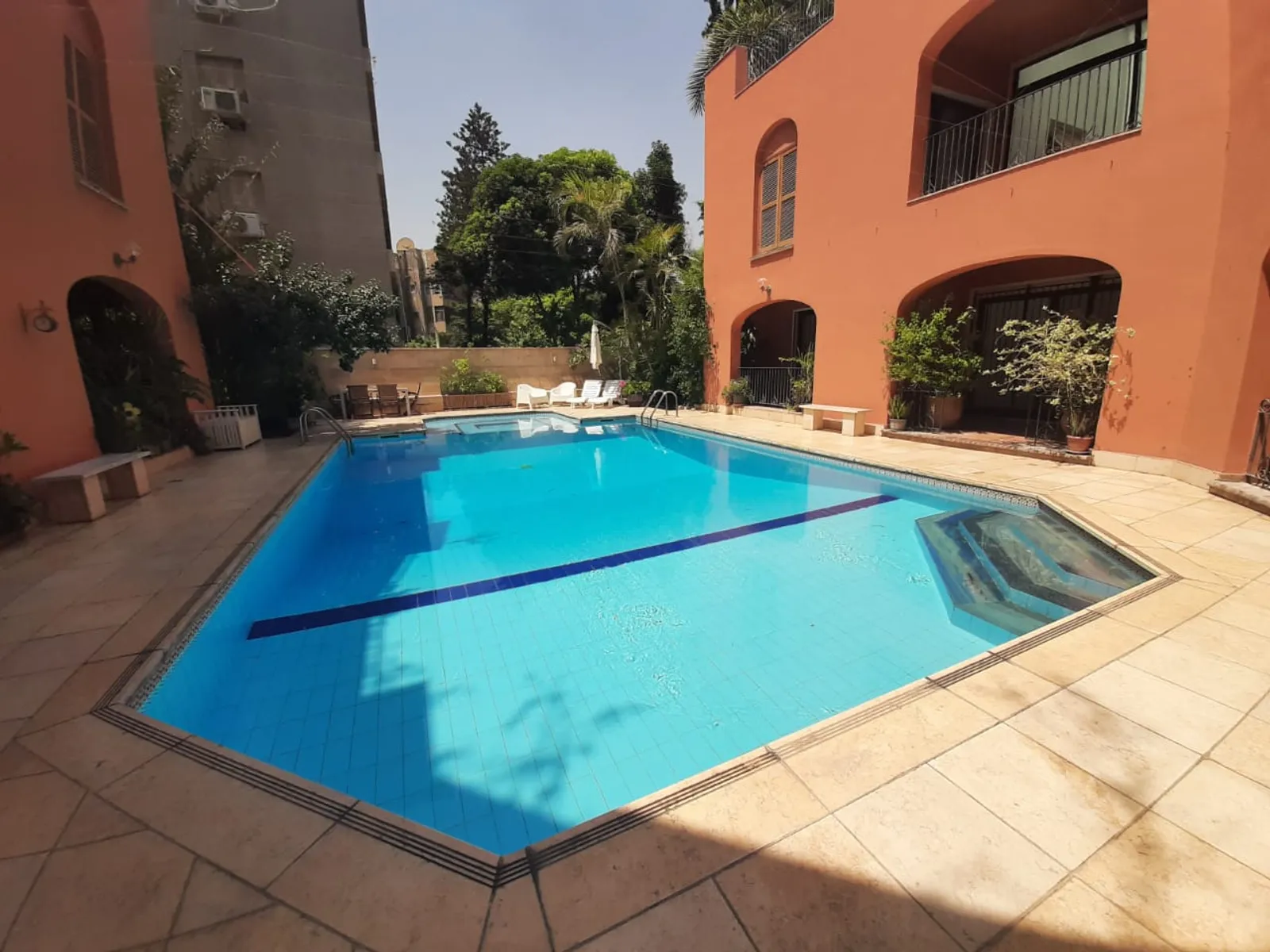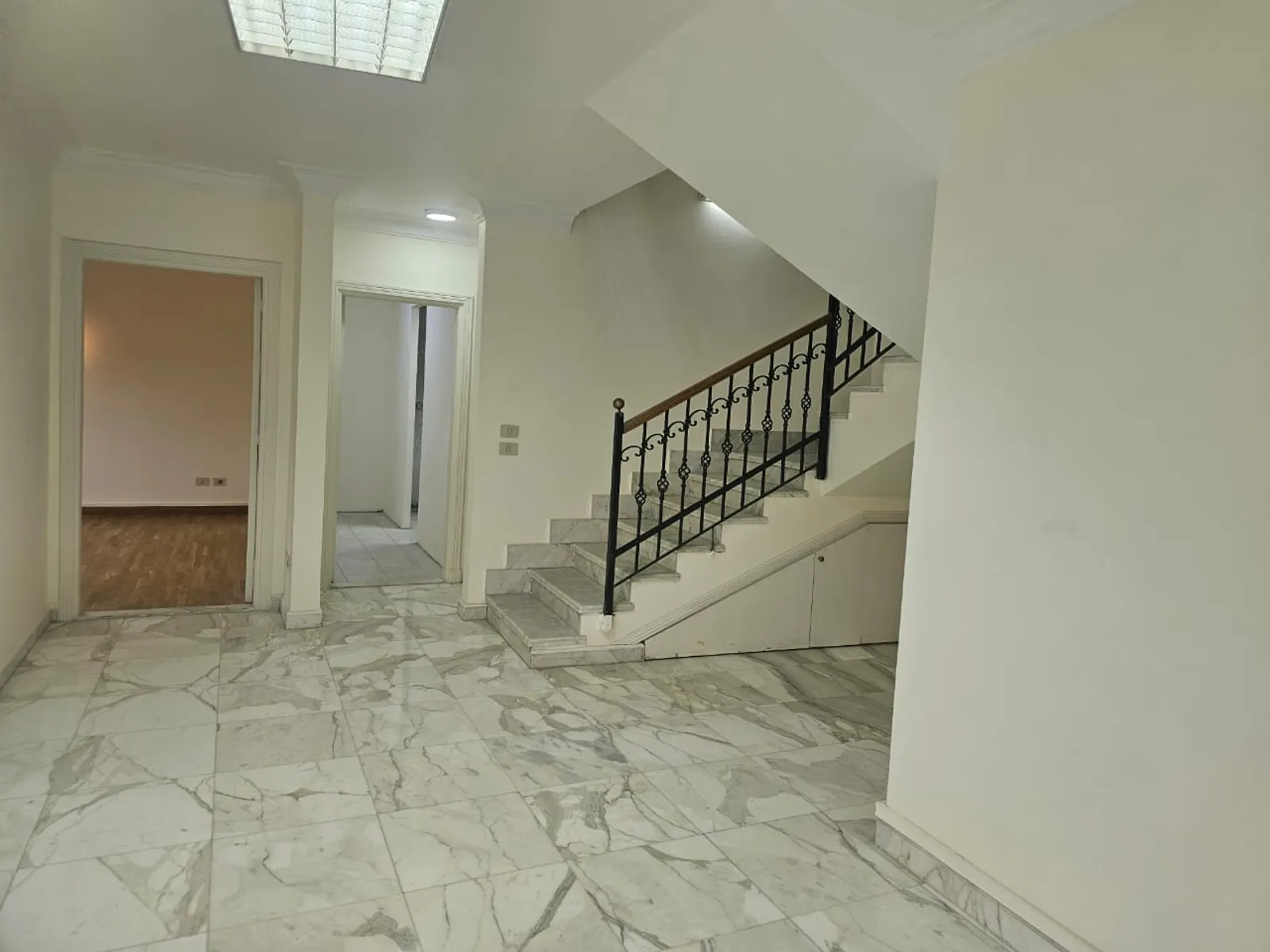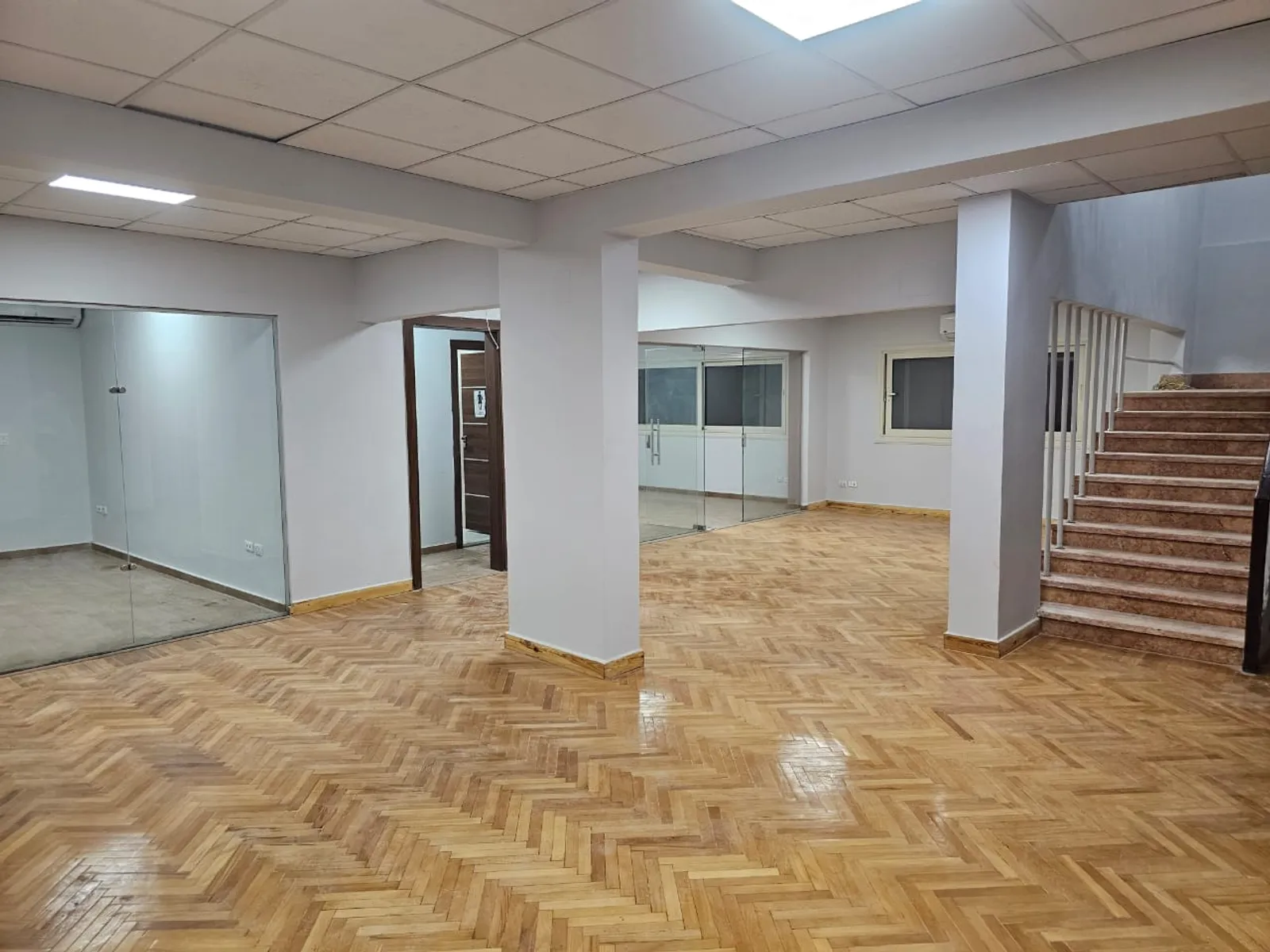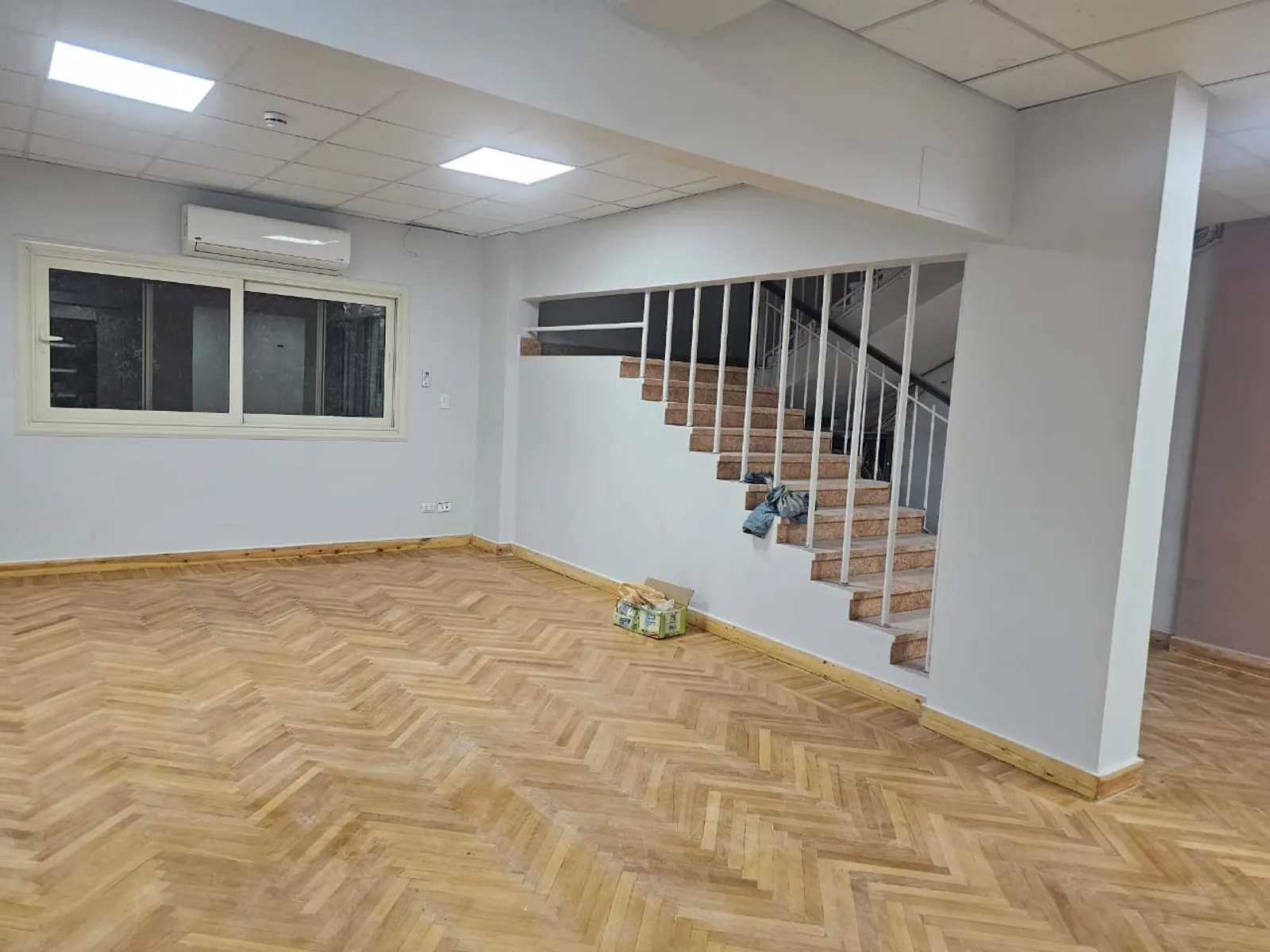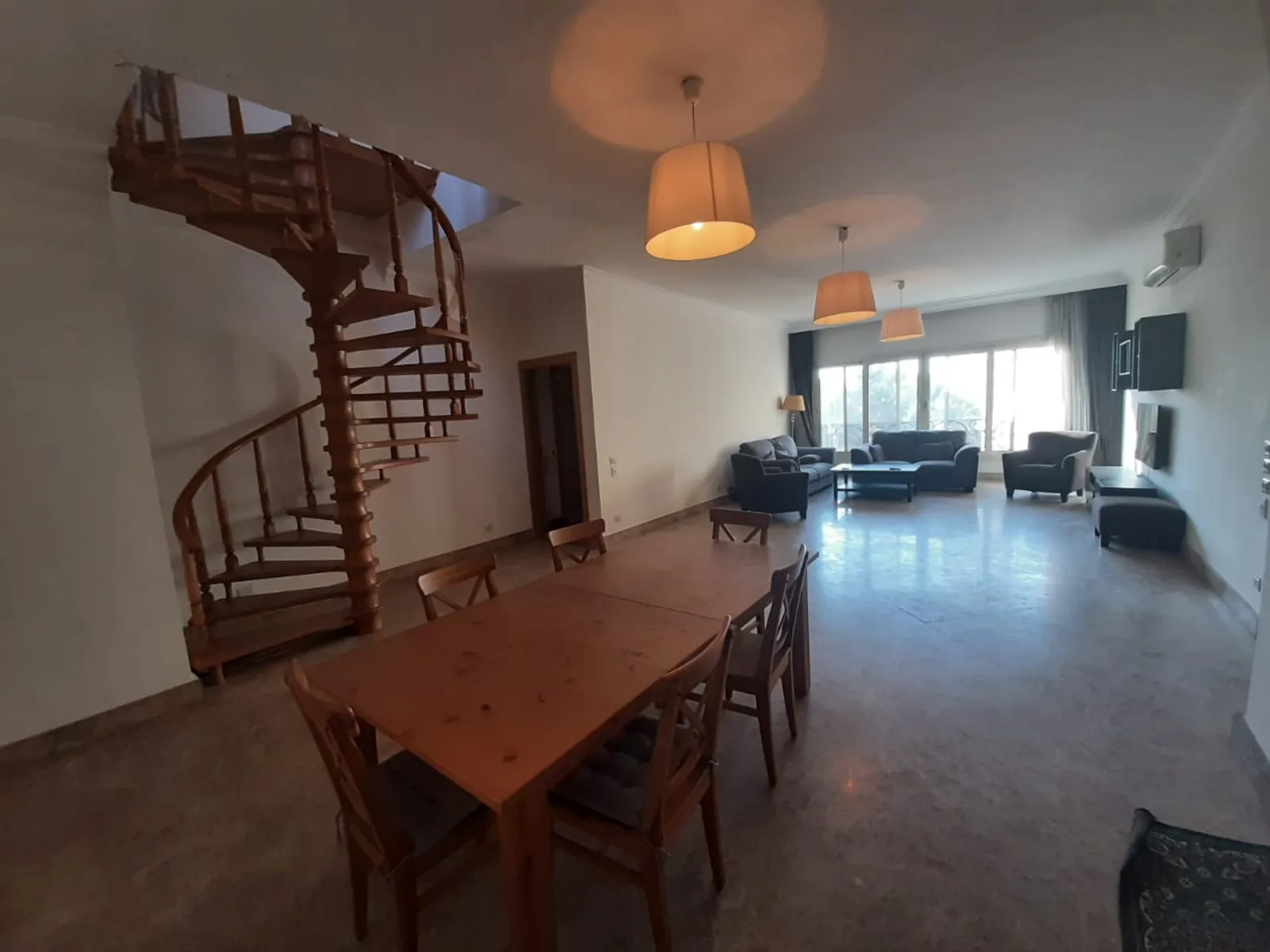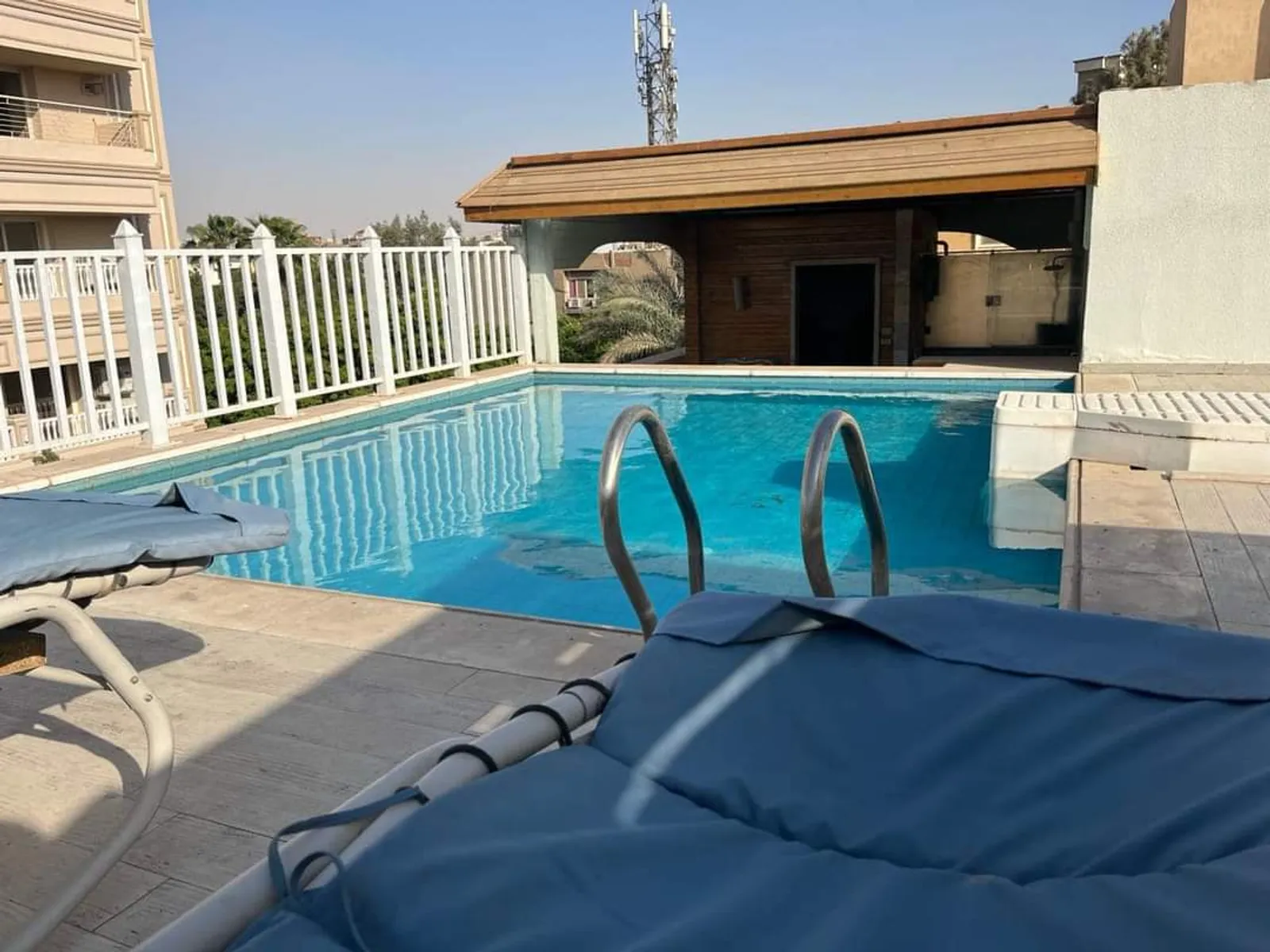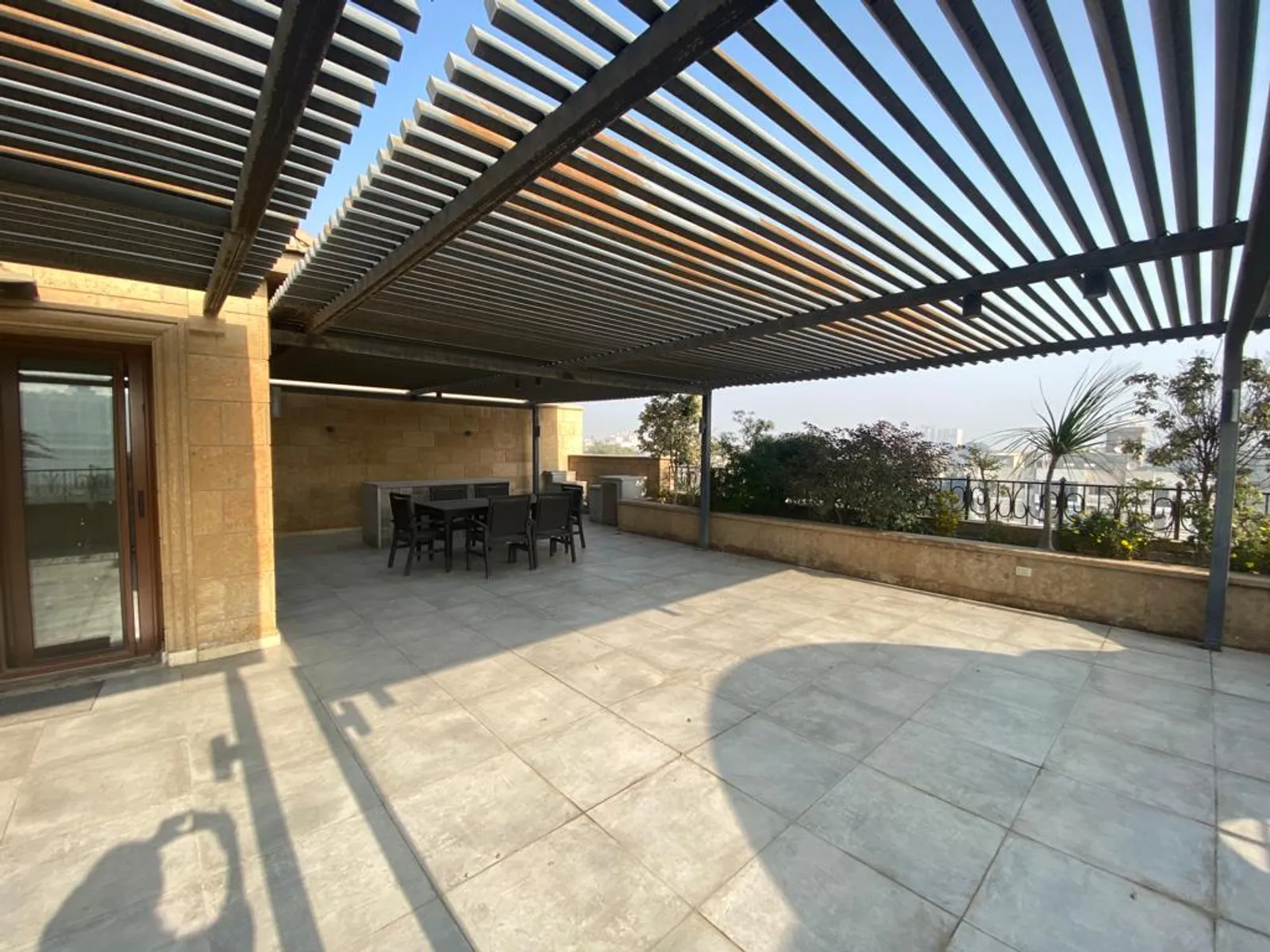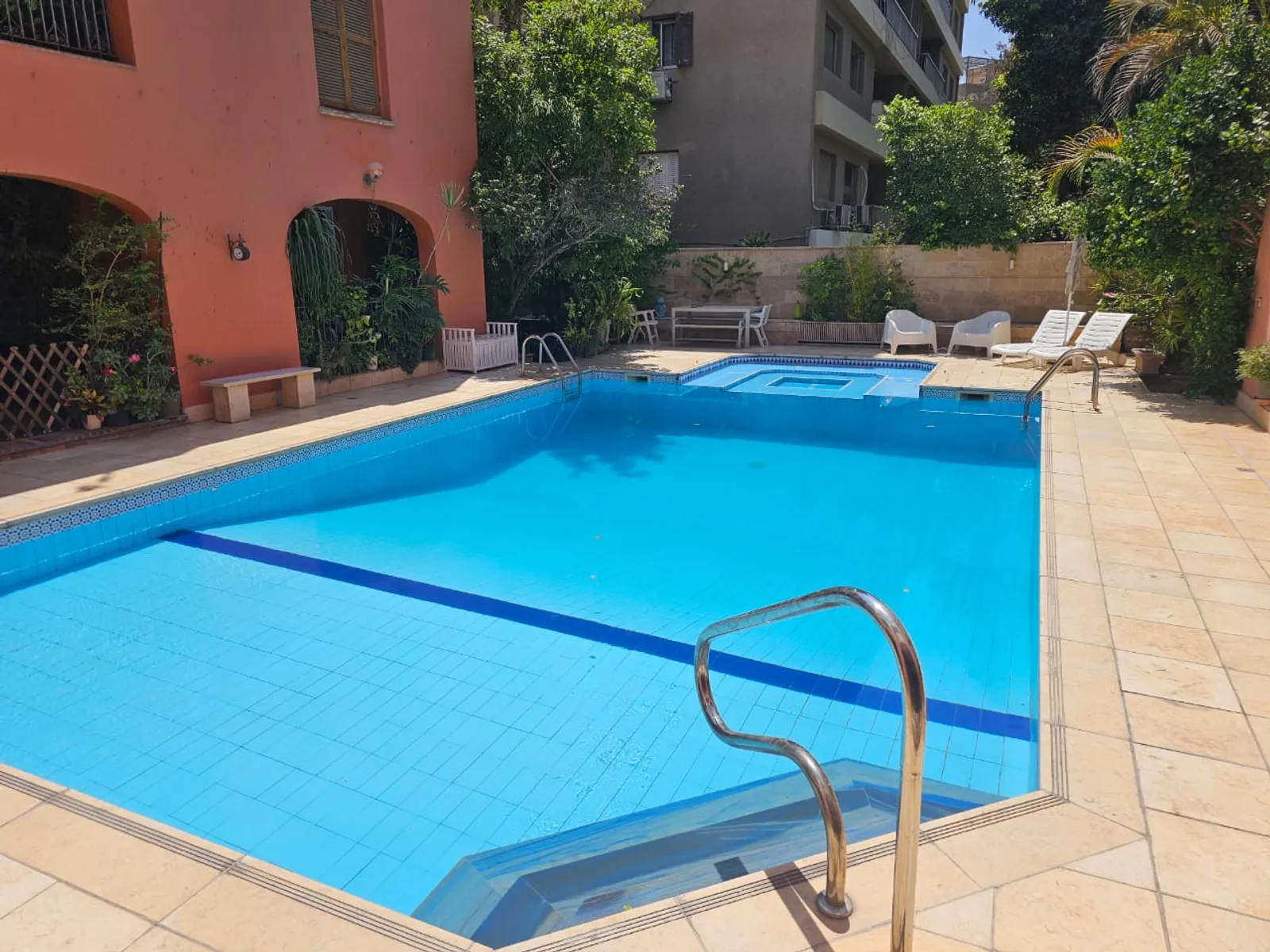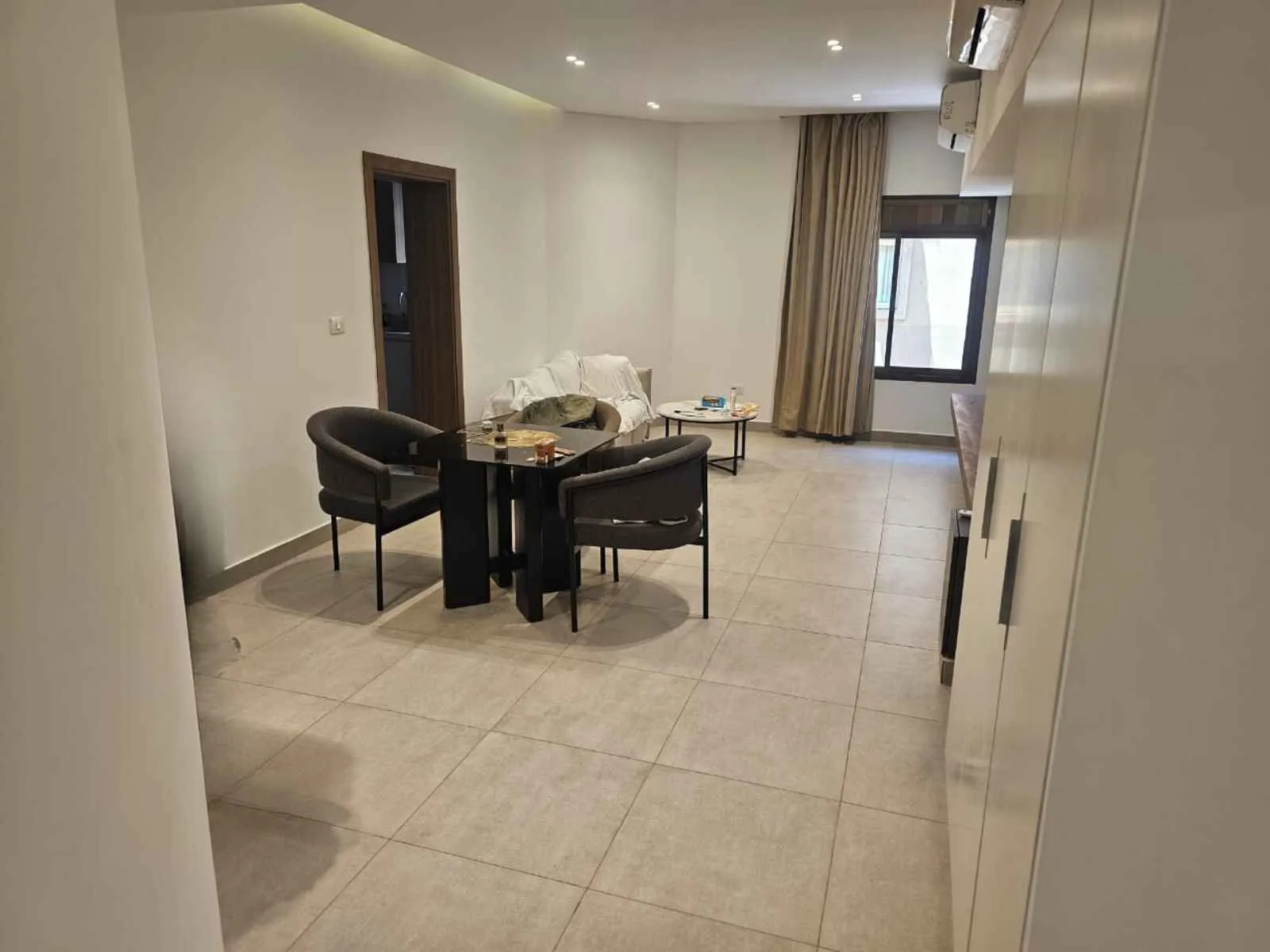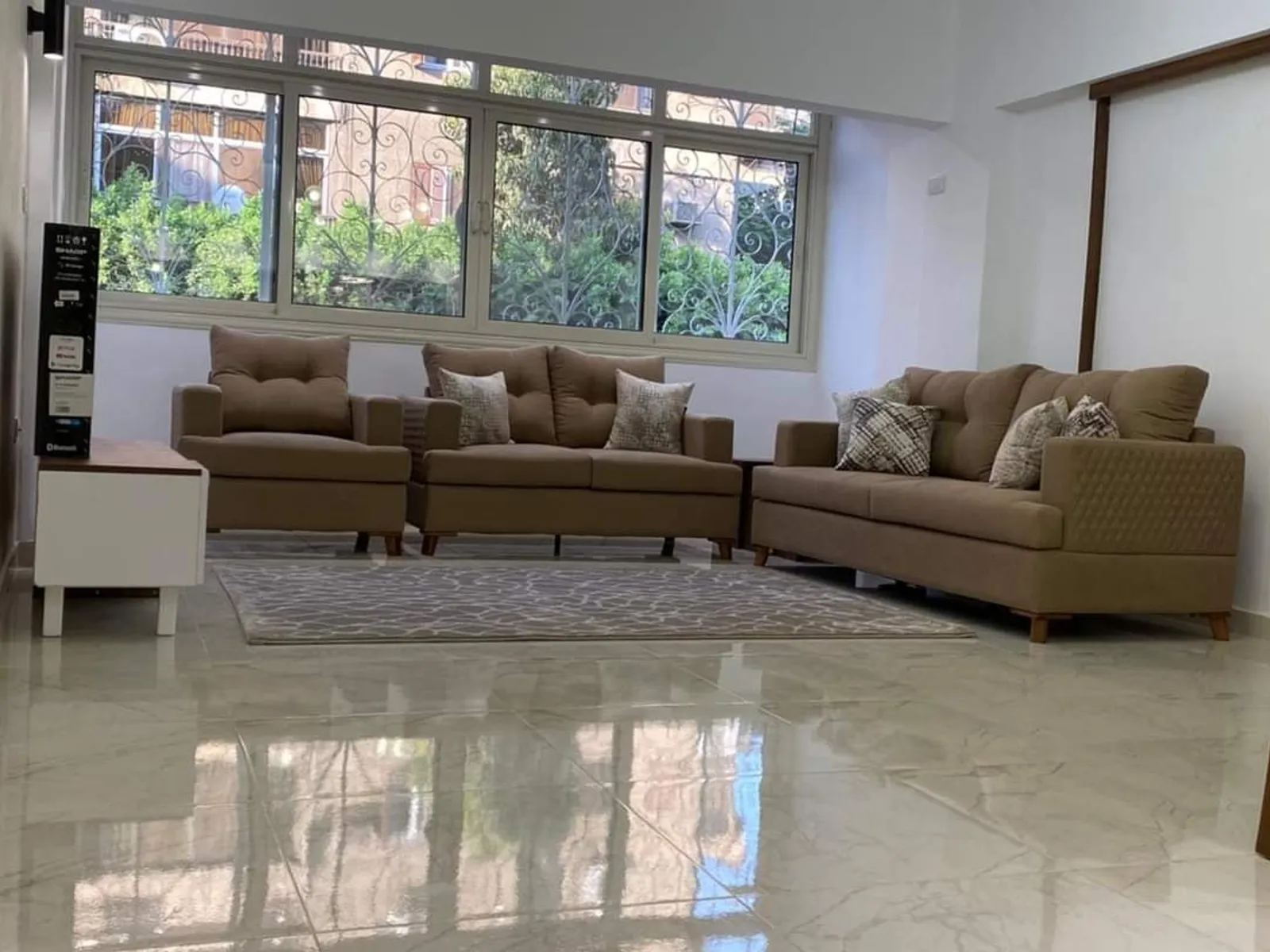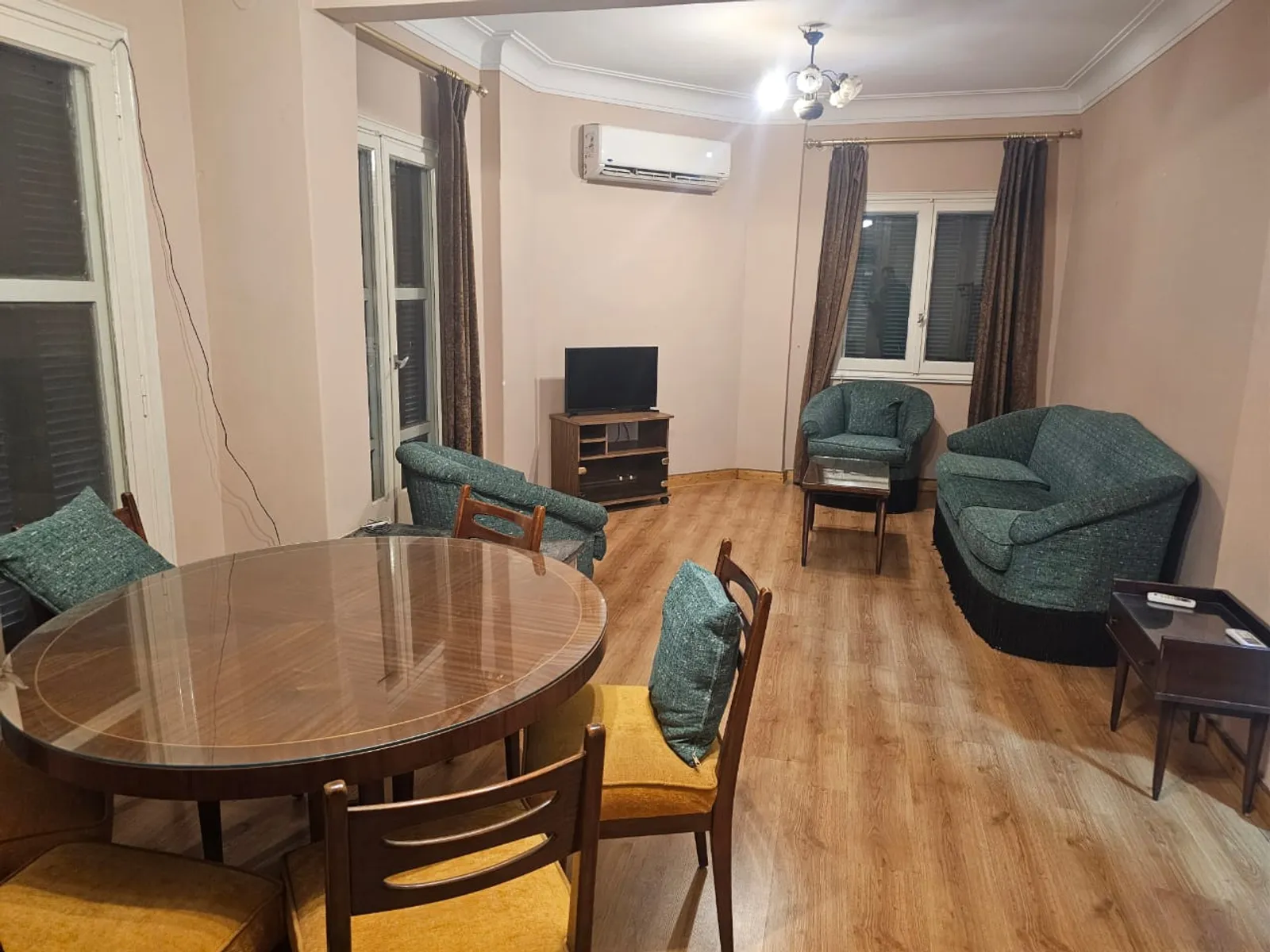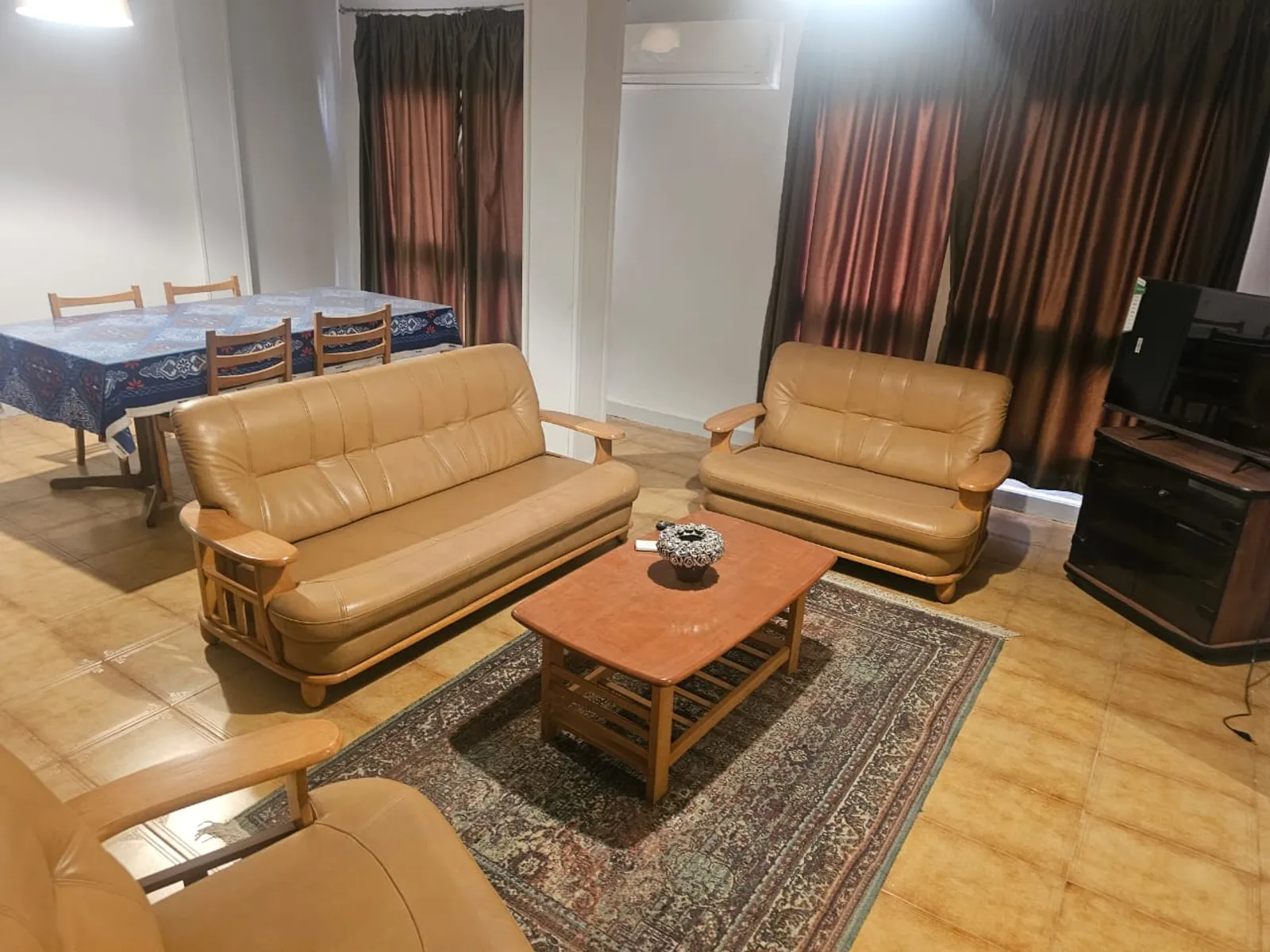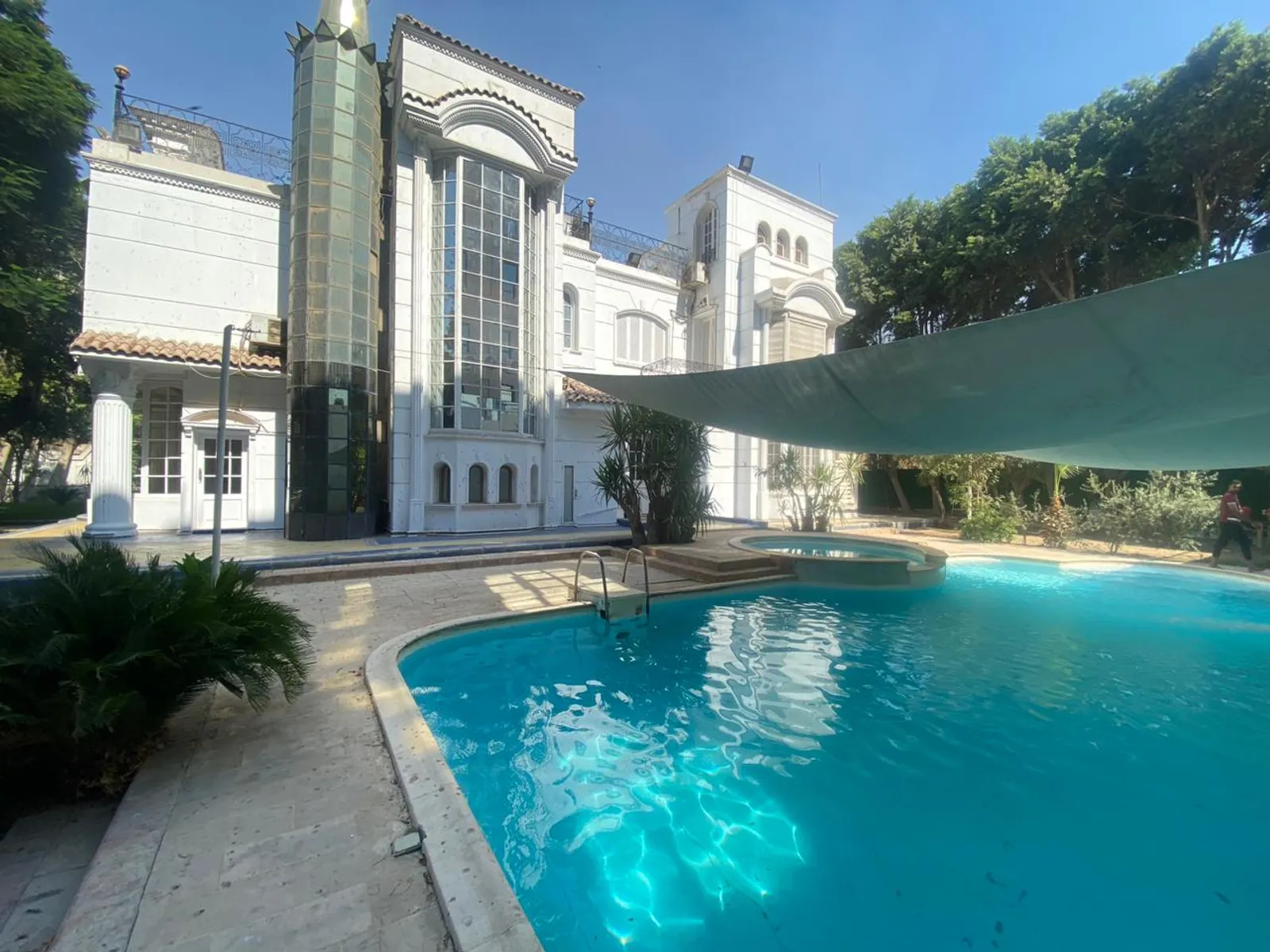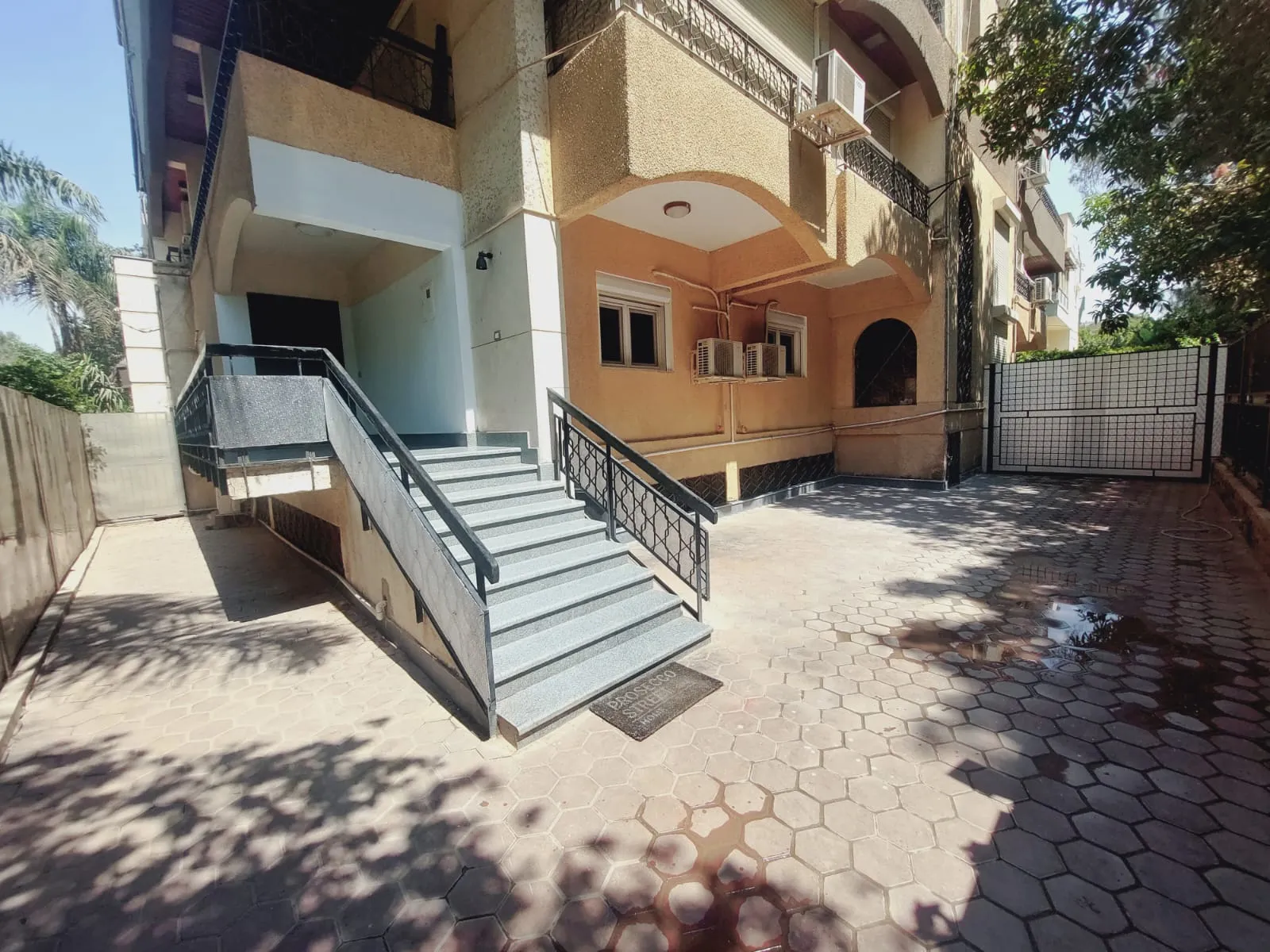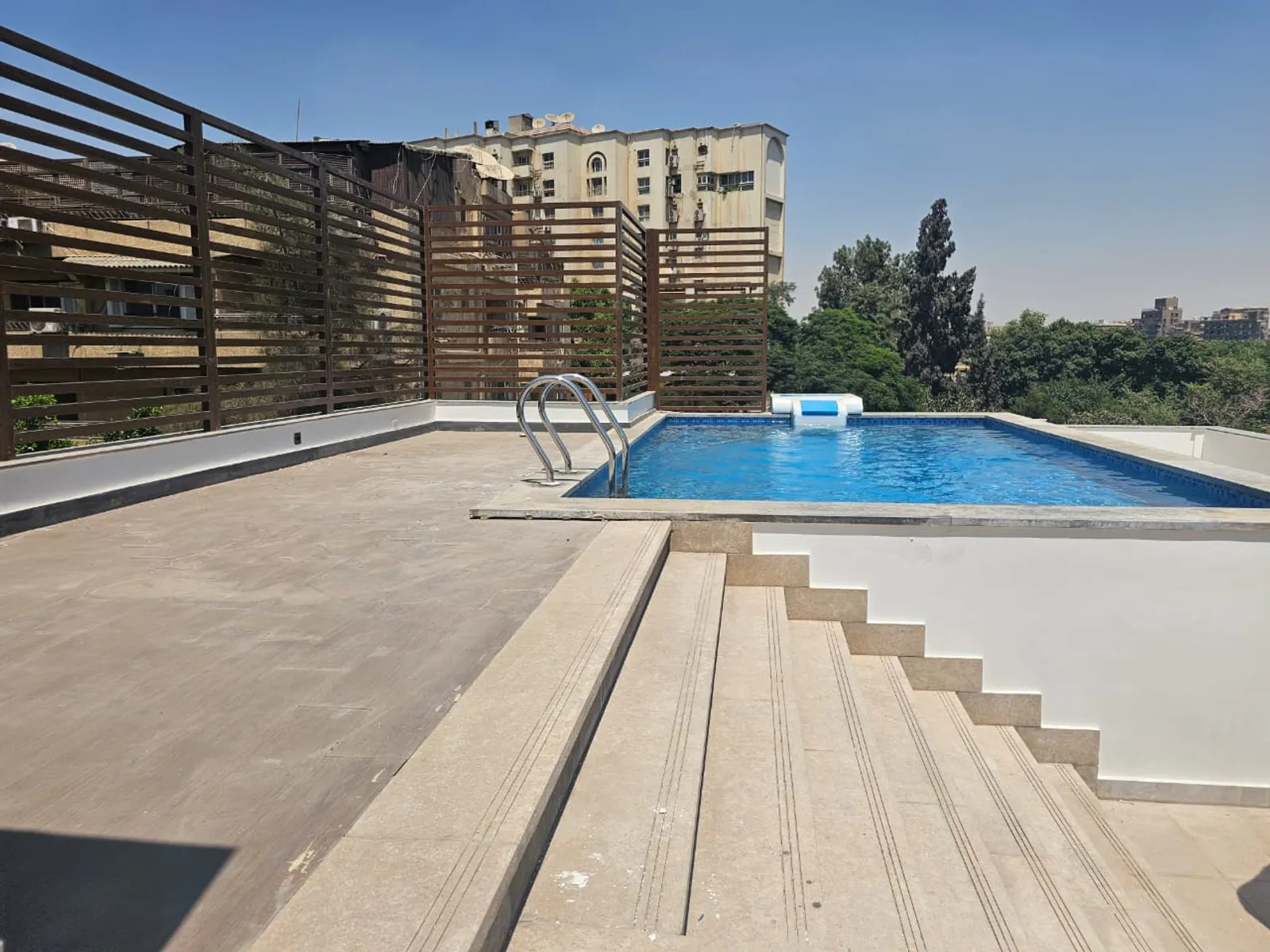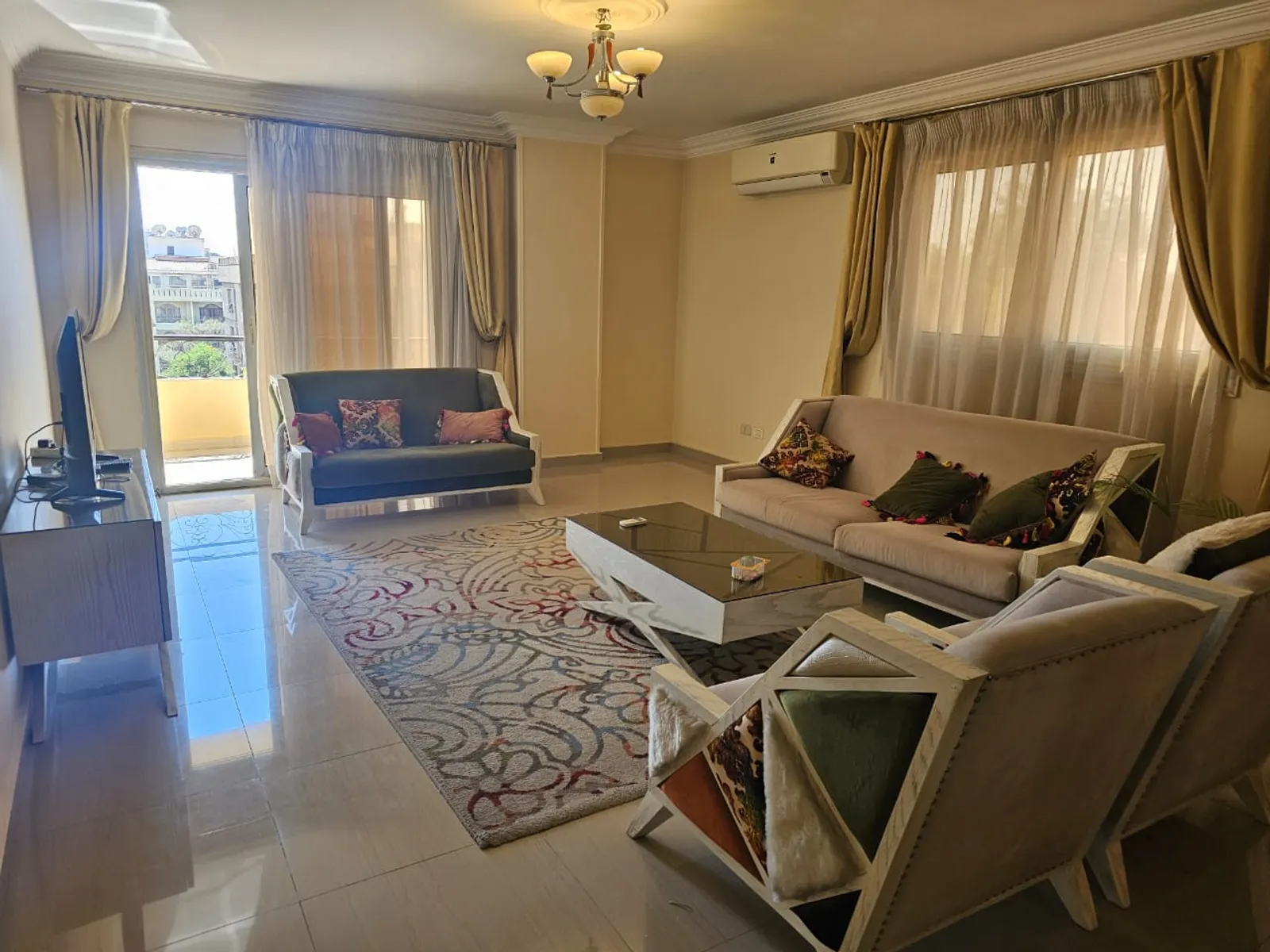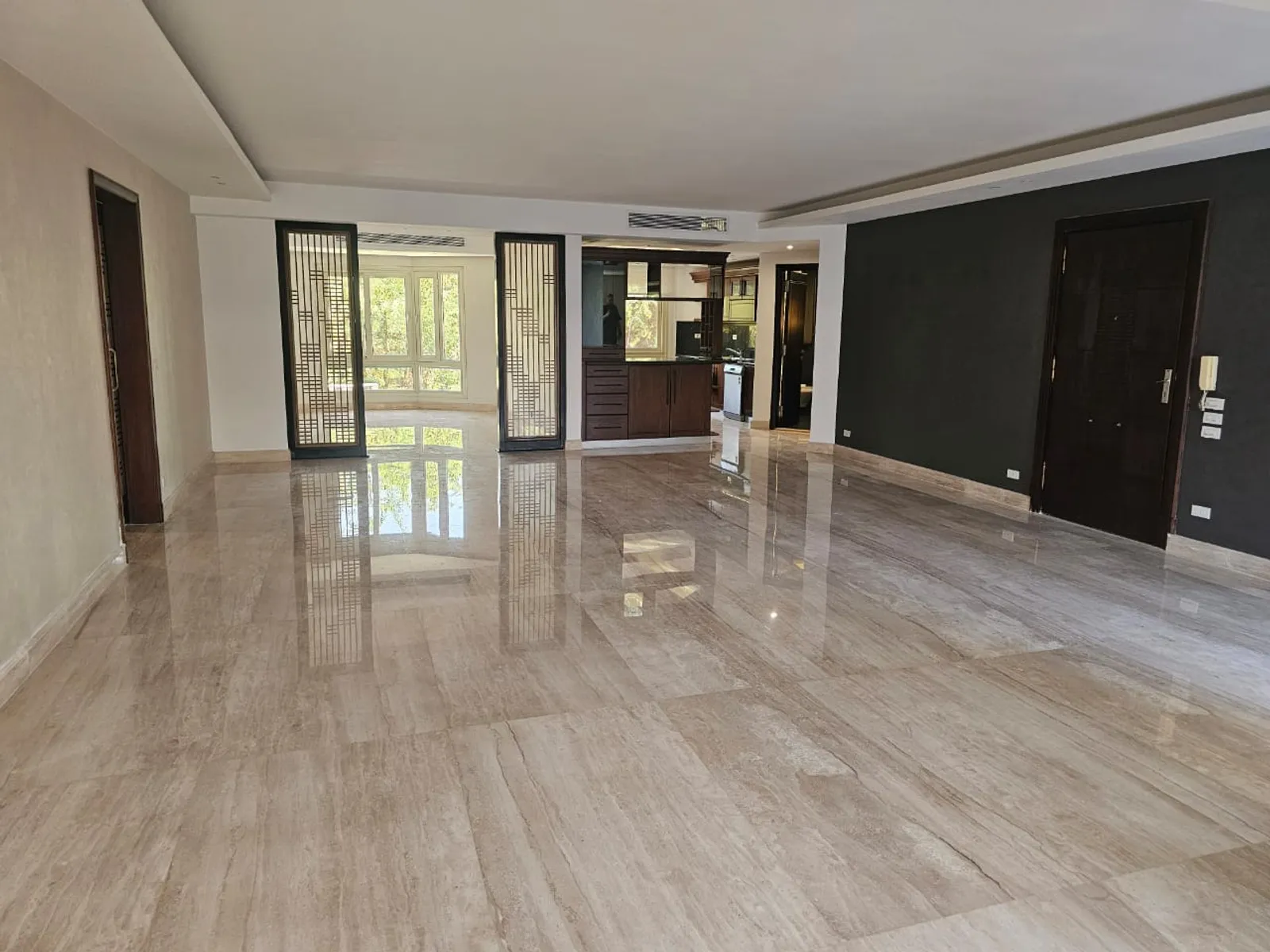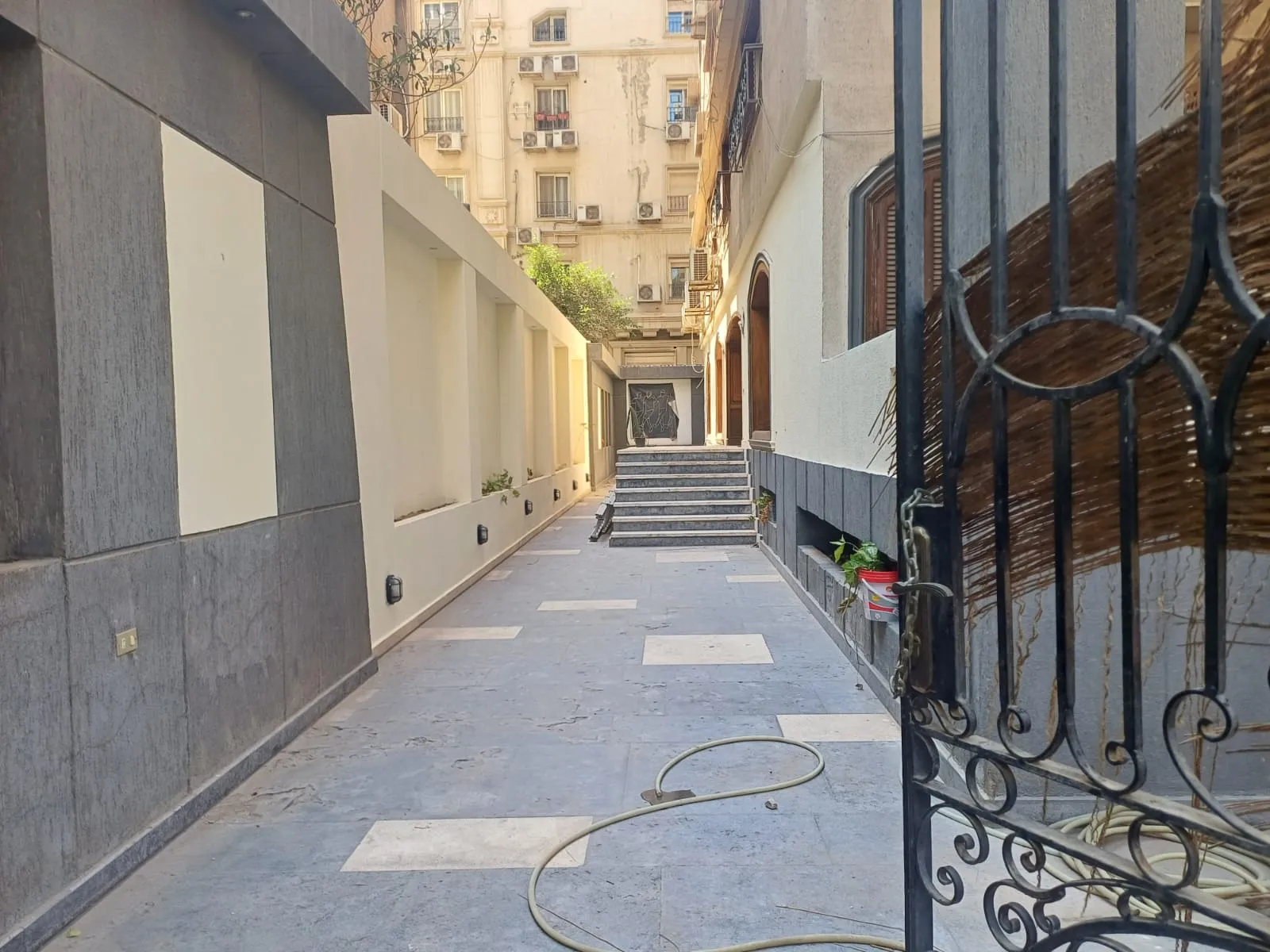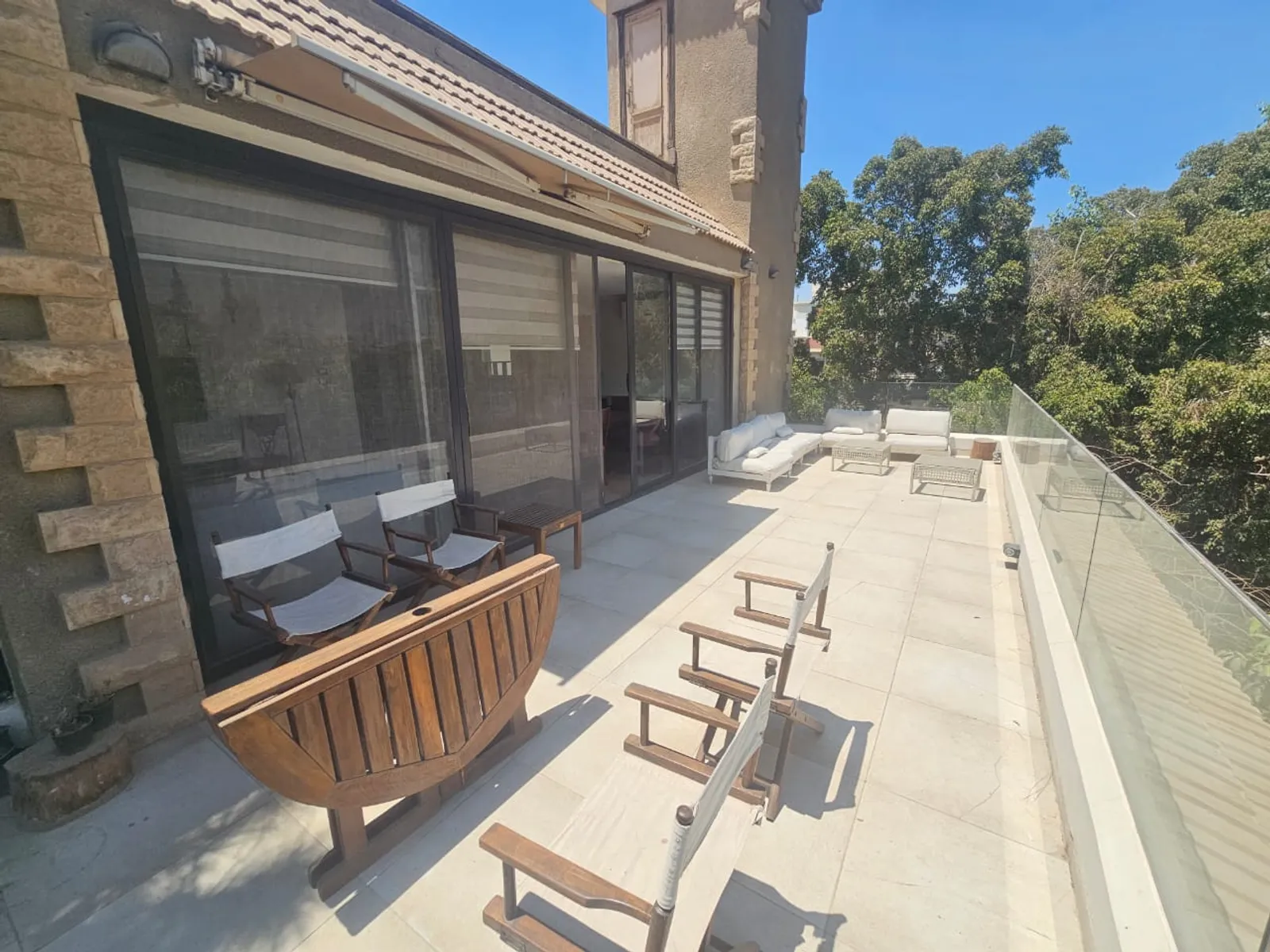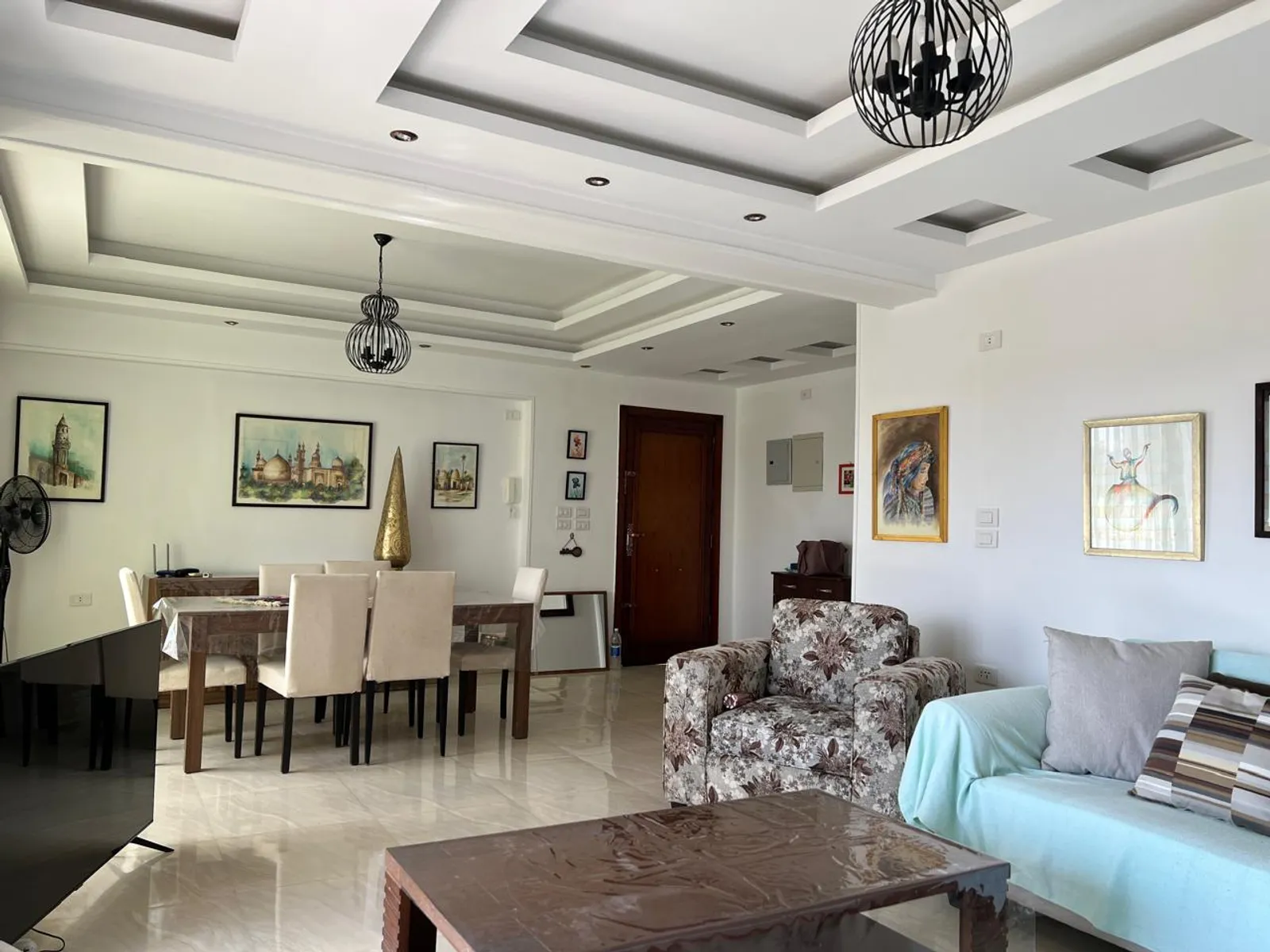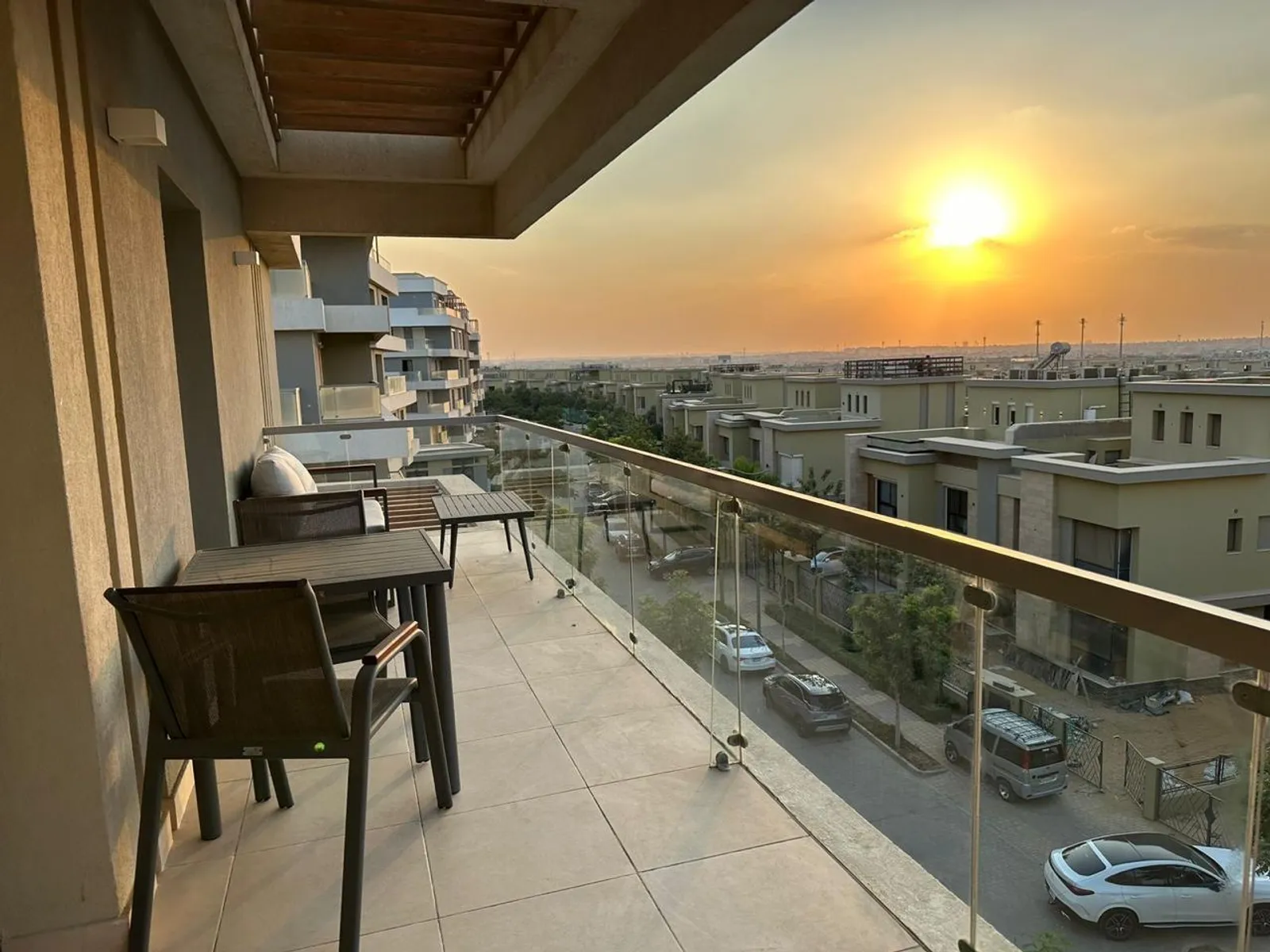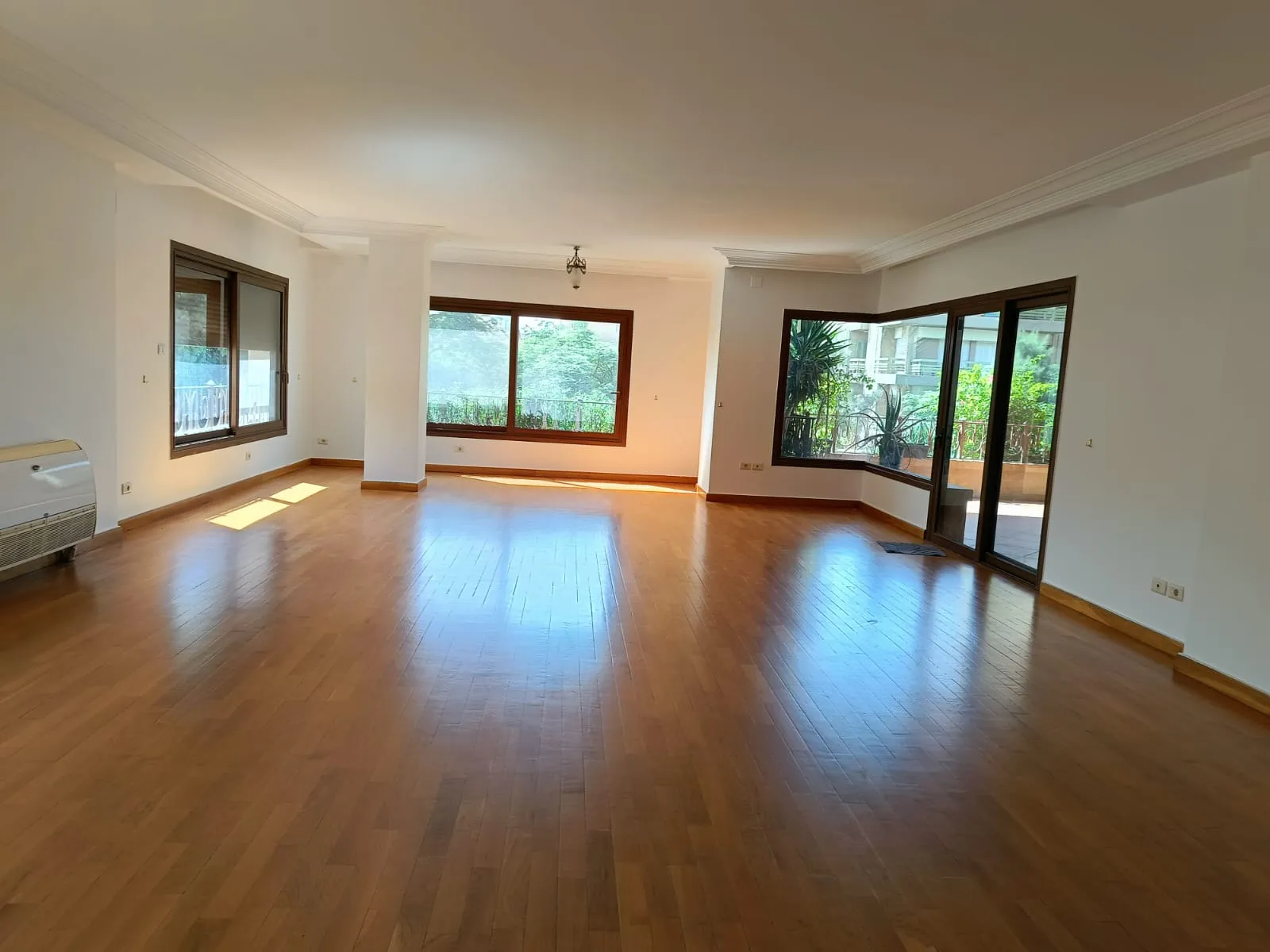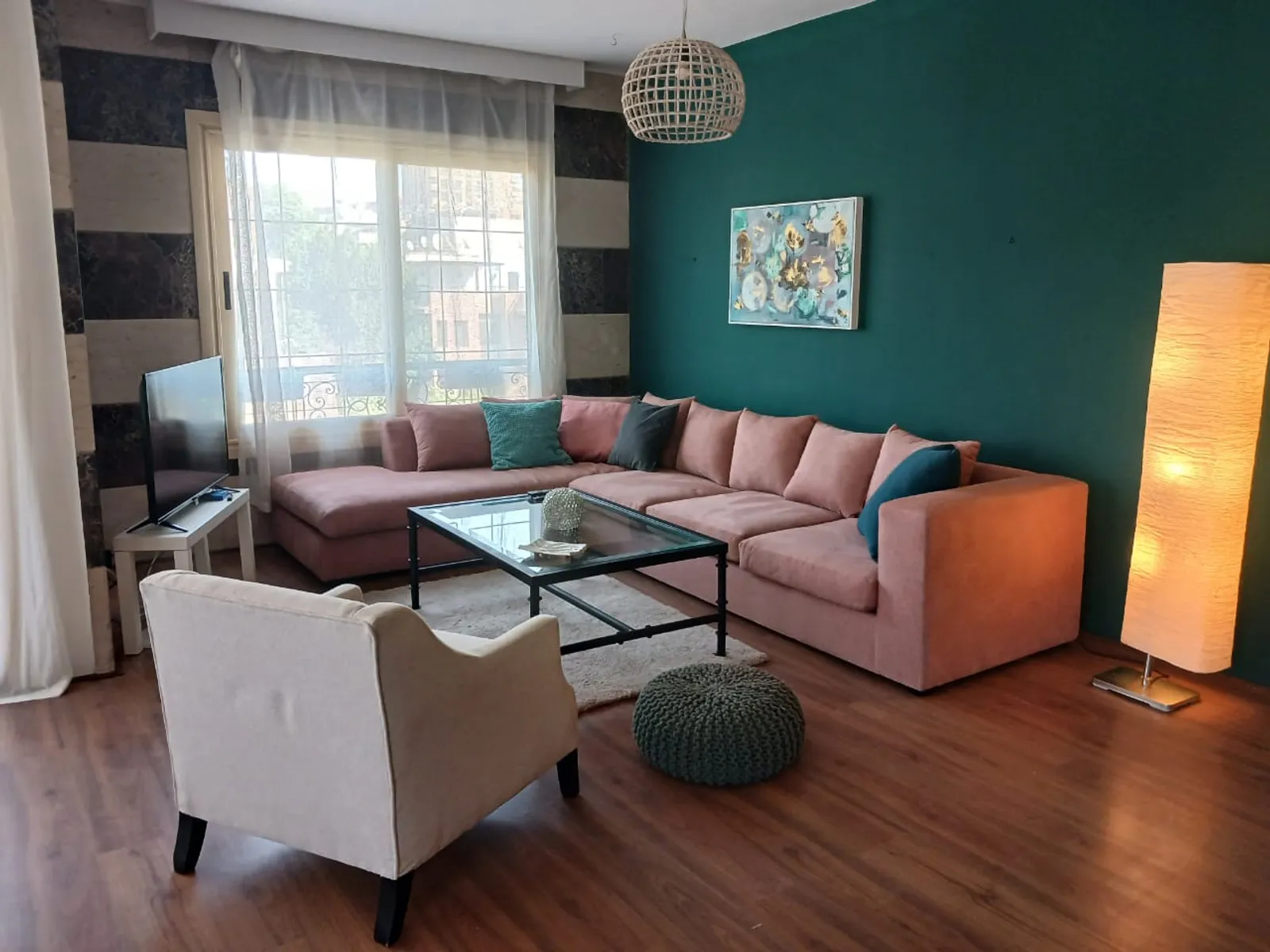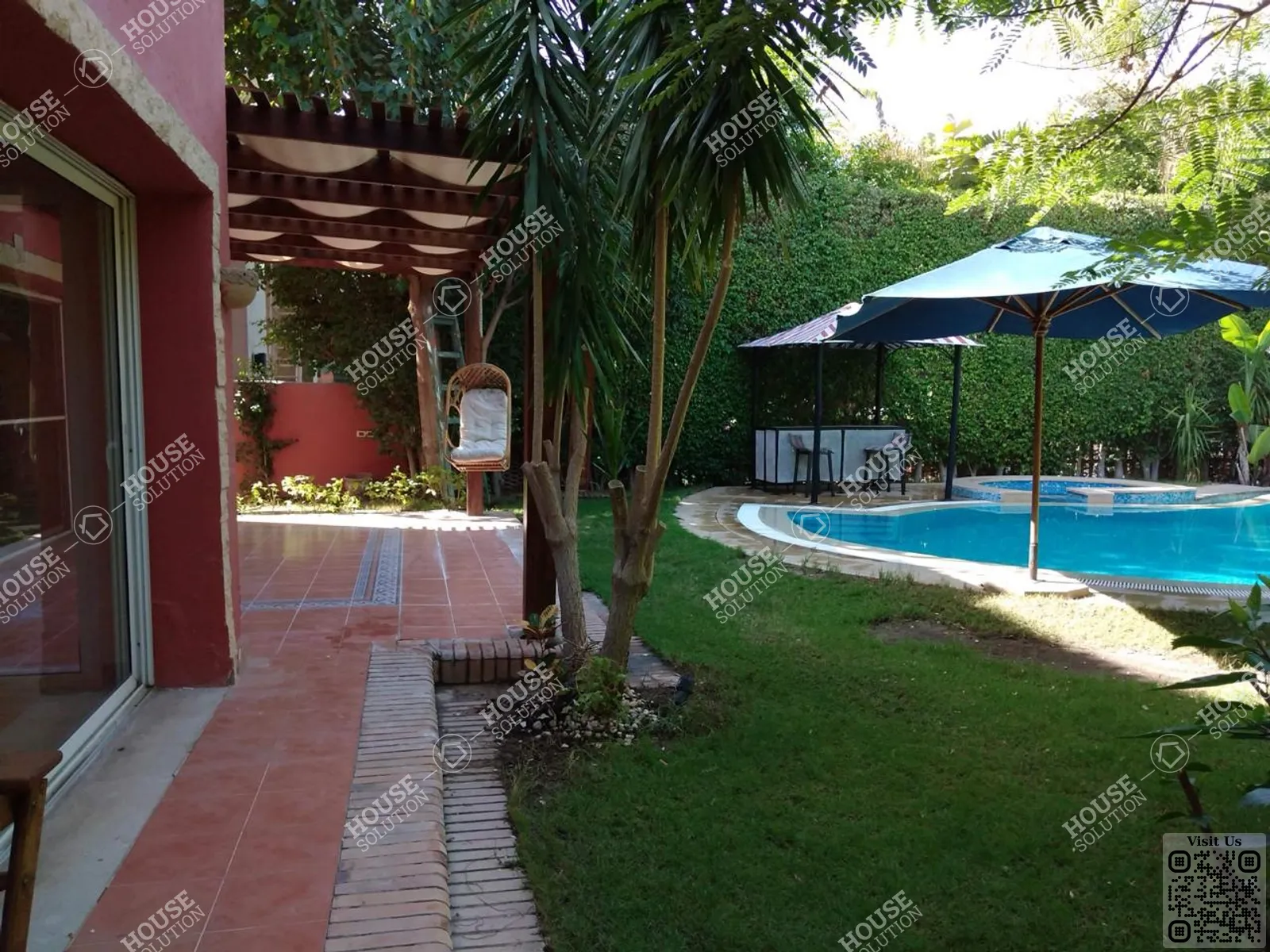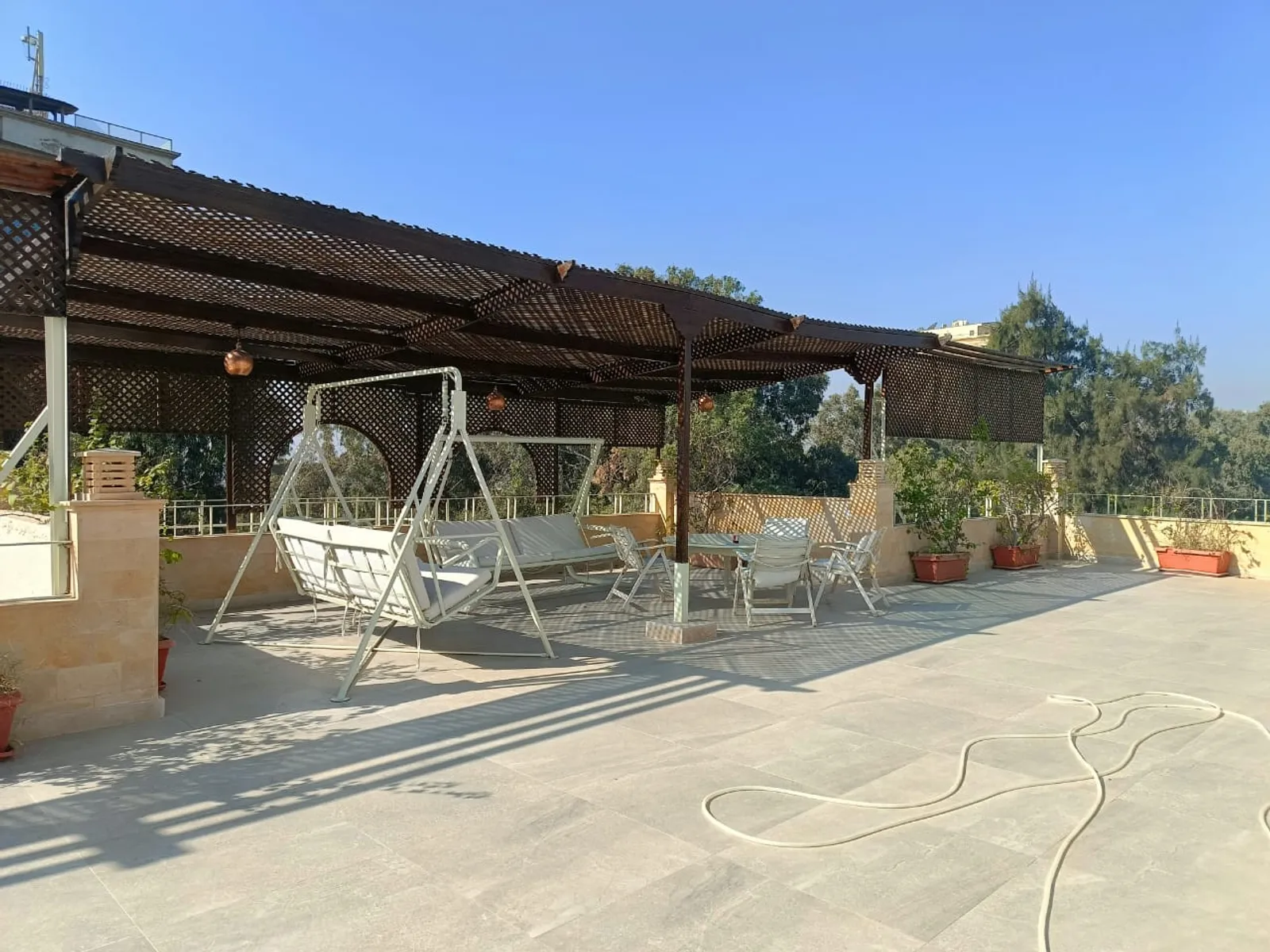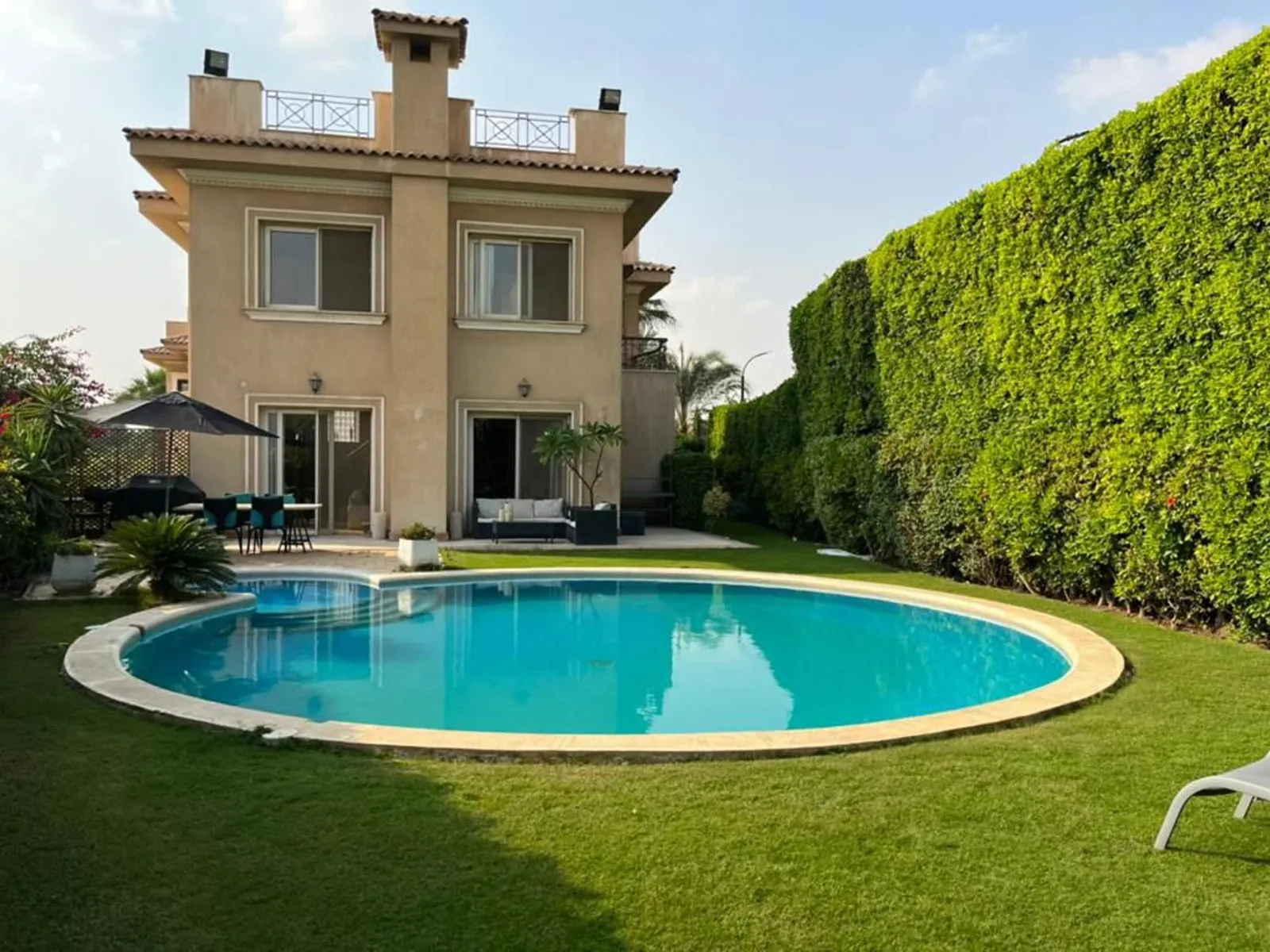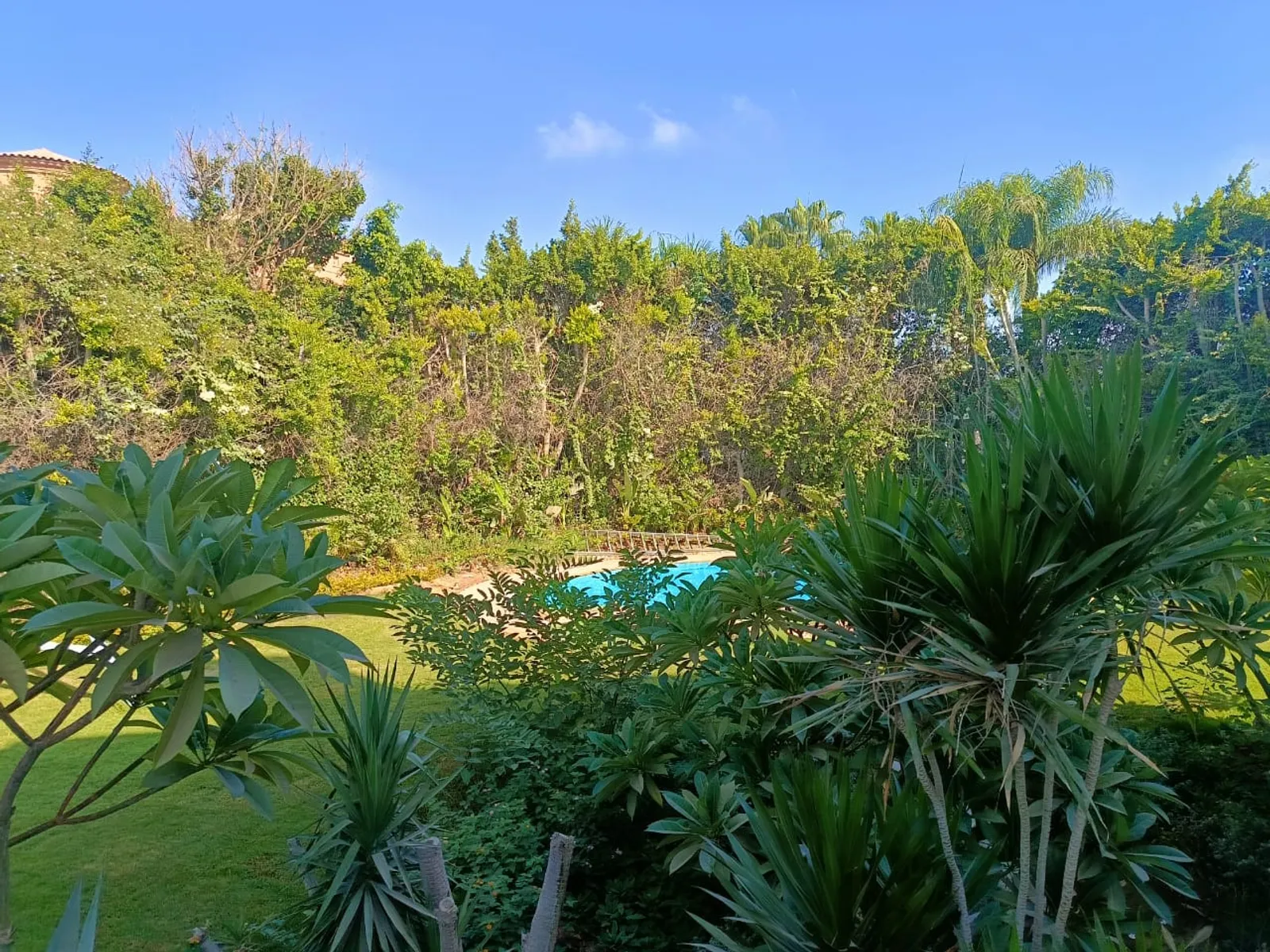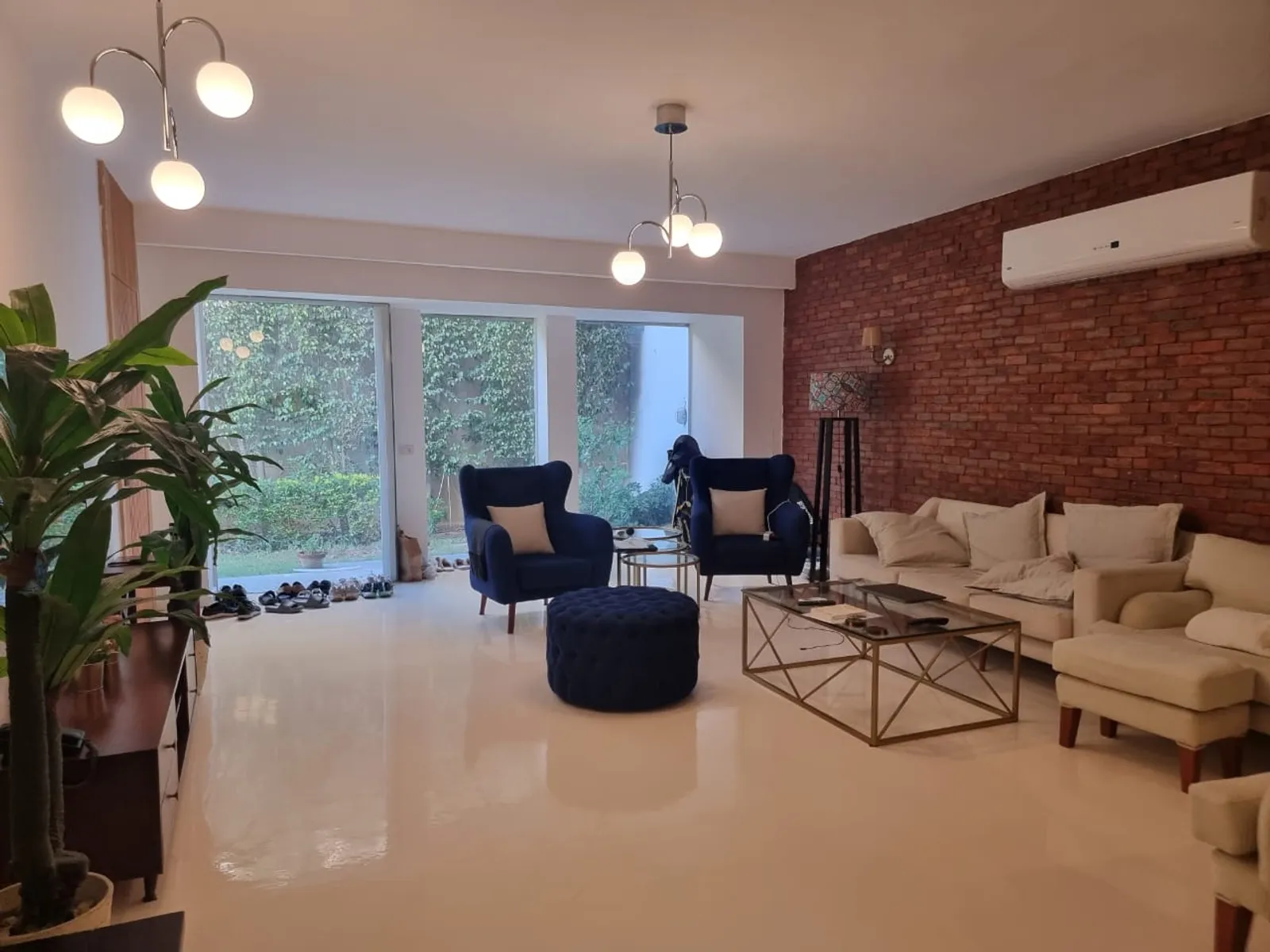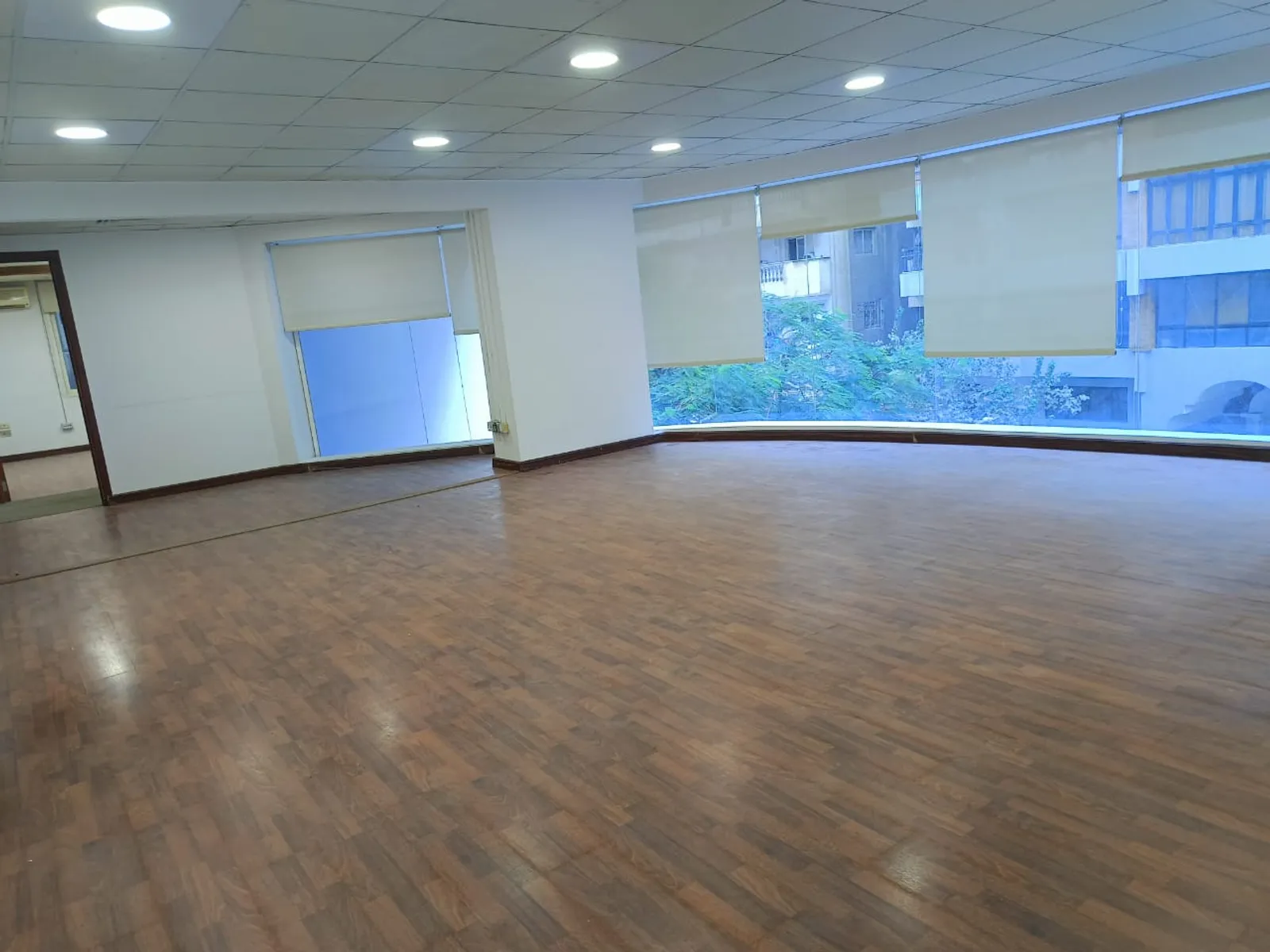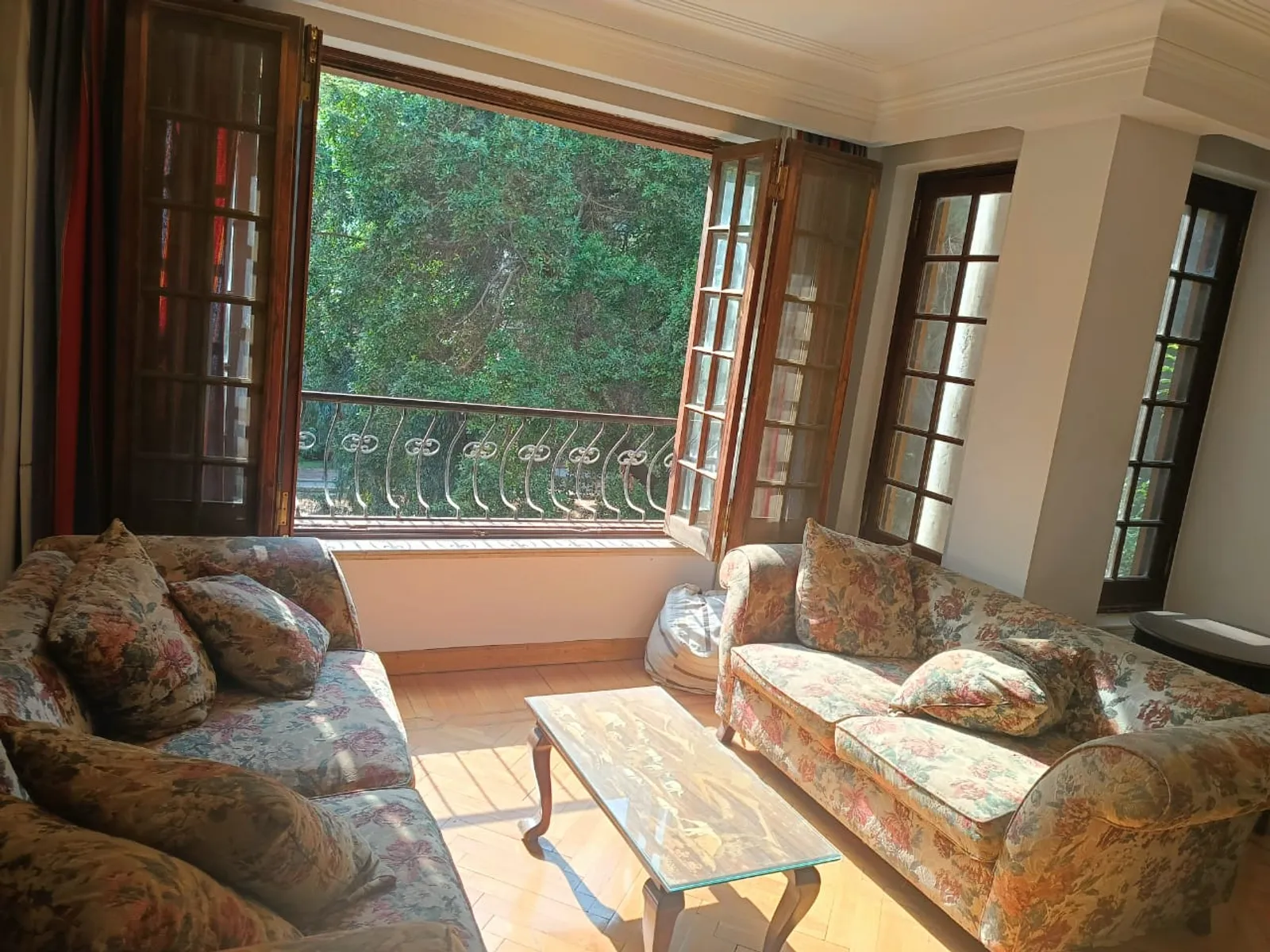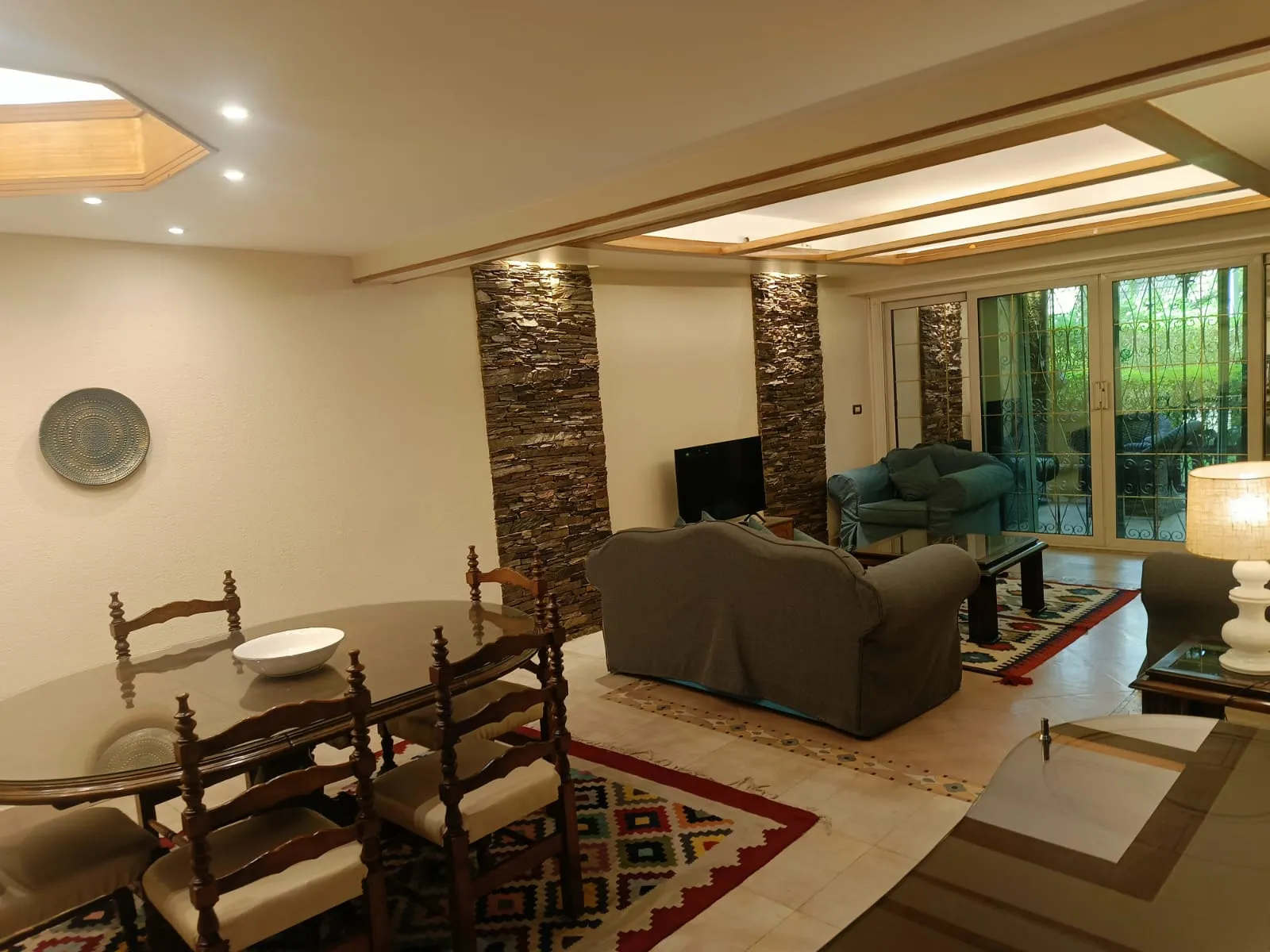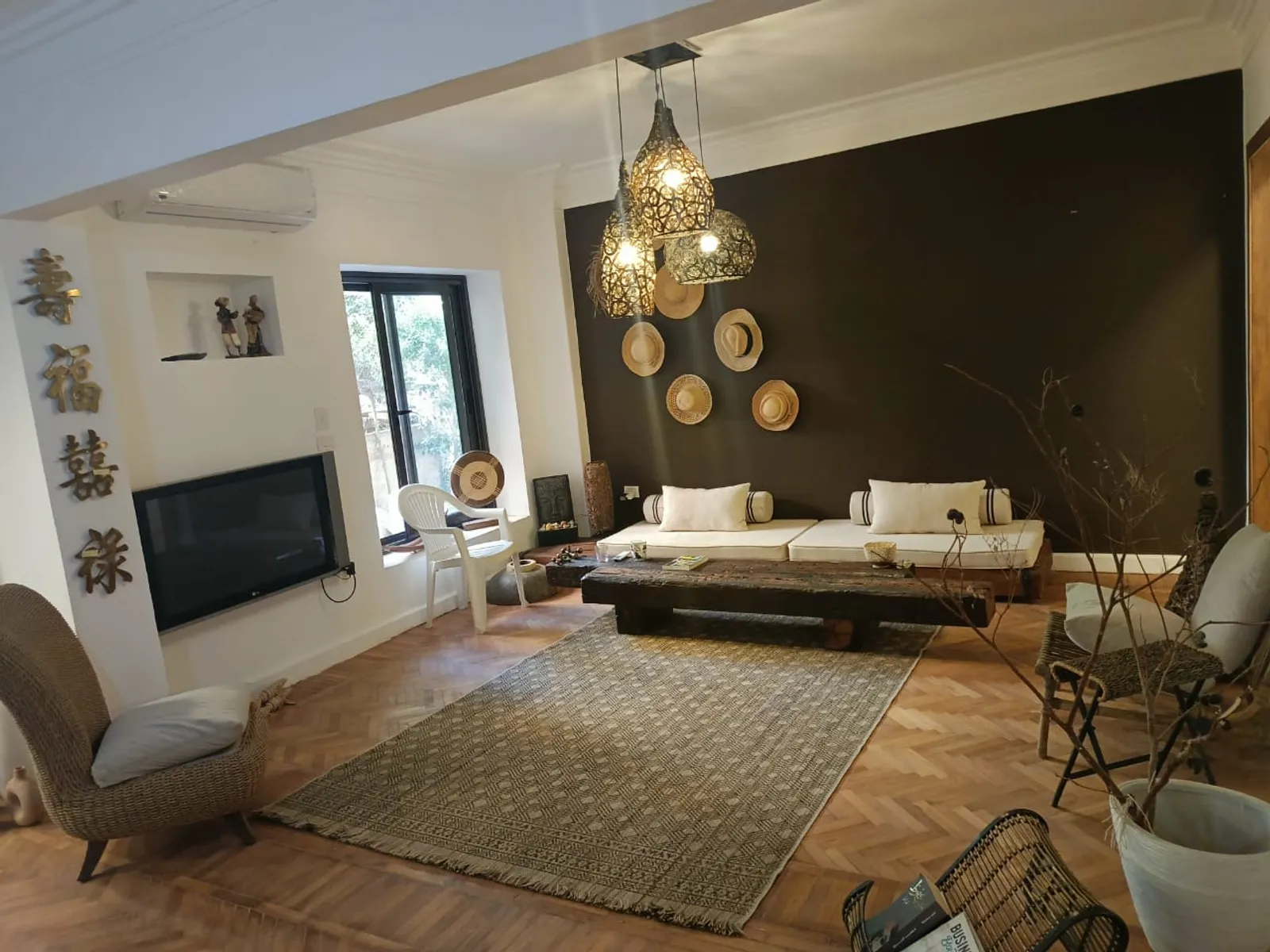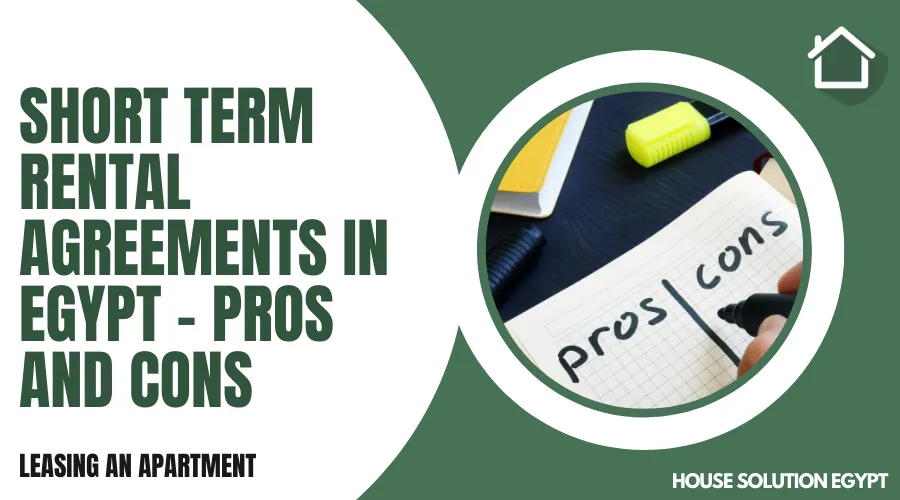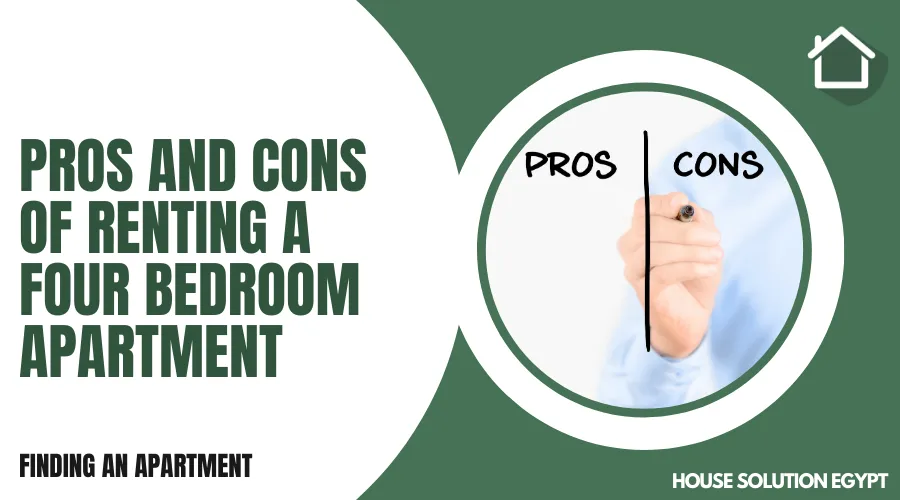Expat’s Guide to Egypt Read Before Traveling
If you’re an expat, digital nomad, or relocating professional heading to Egypt, this is your practical, no‑nonsense handbook to read before you fly. From visas and neighborhoods to money, etiquette, SIM cards, transport, and a 14‑day settling‑in plan—this guide packs everything you need to land smarter and live better.
Quick Snapshot: Egypt for Expats
Egypt is friendly, entrepreneurial, and affordable by global standards. Cairo is a mega‑city with contrasting neighborhoods (green, quiet Maadi vs. vibrant, urban Zamalek vs. master‑planned New Cairo). Expect warmth, negotiation culture, and a lively café scene.
| Topic | What to Know Before You Travel |
|---|---|
| Entry & Visa | Many nationalities can apply for an e‑Visa or obtain a visa on arrival; business/long stays may require additional permits. Always verify on official sites before you book flights. |
| Language | Arabic (Egyptian dialect); English widely used in expat areas and services. |
| Currency | Egyptian Pound (EGP). Cash is common; cards accepted in malls, hotels, many restaurants. Keep small bills for taxis and tips. |
| Electricity | 220V; plugs Type C/F. Bring a universal adapter and a power strip if you carry many devices. |
| Weekend | Friday‑Saturday for most offices; some private companies run Sun‑Thu. |
| Transport | Uber/Careem are reliable in major cities; Cairo Metro is fast on limited routes. For families, consider living near work/school to reduce commute time. |
| Tipping | Common (service staff, delivery, porters). Keep small notes and tip modestly for convenience. |
Table of Contents
- Visas & Entry Strategy
- Money, Banking & Budgeting for Expats
- Where to Live: Cairo & Beyond
- SIM, Internet & Utilities
- Getting Around: Uber, Metro, Driving
- Culture, Etiquette & Daily Life
- Health, Insurance & Safety Basics
- Work, Business & Paperwork
- Smart Packing Checklist
- 14‑Day Arrival & Setup Plan
- Common Mistakes to Avoid
- Resources & Helpful Links
- People Also Ask: FAQ
Visas & Entry Strategy (Start Here)
Before you purchase flights, check eligibility for Egypt’s e‑Visa, visa on arrival, or the correct work/residency documentation if you plan to stay long‑term. Pros & cons differ by nationality, trip purpose, and stay duration.
e‑Visa vs. Visa on Arrival
| Option | Pros | Considerations |
|---|---|---|
| e‑Visa (apply online) | Convenient; queue less at airport; you land with approval in hand. | Processing time varies; ensure accuracy and print copies for backup. |
| Visa on arrival | Simple if eligible; buy at airport, then clear immigration. | Lines can be long at peak hours; carry cash; rules may change. |
Always verify on official, current sources before travel. See the U.S. State Dept. country page, UK GOV travel advice, and background context at Wikipedia: Egypt.
Paperwork & Arrivals
- Keep passport validity (commonly 6 months minimum) and 1–2 spare pages.
- Print hotel/apartment bookings and return/onward tickets when possible.
- Carry travel insurance details (digital + printed).
- At immigration, stay calm and courteous; answer directly.
- For work or long stays, your employer/sponsor or lawyer should outline the proper pathway (don’t overstay a tourist visa).
Money, Banking & Budgeting for Expats
Egypt is generally affordable compared to many Western and Gulf destinations. That said, your actual cost of living depends on neighborhood, lifestyle (local vs. international brands), commuting, and schooling. Many expats mix local experiences with a few comfort splurges.
Cash, Cards & ATMs
- Carry a mix: small notes for tips and taxis; a card for supermarkets and malls.
- ATMs are widely available in cities; bank branches exist in most districts.
- Exchange at reputable banks/exchange offices; keep receipts.
- Notify your home bank of travel; enable two‑factor, set alerts.
Sample Budget Ranges (Guidance)
| Category | Lean Expat | Comfort Expat | Family‑Focused |
|---|---|---|---|
| Housing (monthly) | Local‑style apt, modest area | 1–2 BR in expat‑friendly districts | 3+ BR near schools (Maadi/New Cairo) |
| Transport | Metro, occasional Uber | Uber most days | Driver/school runs, occasional car |
| Groceries | Local markets & staples | Mix of local & imported | Supermarkets + specialty stores |
| Schooling | — | — | International schools (varies greatly) |
| Leisure | Cafés, local eateries | Restaurants, gyms, cinema | Clubs, lessons, weekend trips |
Tip: Track spending in the first 4–6 weeks to set a reliable baseline. A simple spreadsheet or budgeting app helps you dial‑in recurring costs (rent, utilities, transport, schooling, mobile data).
Where to Live: Cairo, Maadi, Zamalek & New Cairo
Cairo is Egypt’s beating heart with diverse districts. For many expats, three areas consistently top the short‑list: Maadi, Zamalek, and New Cairo. Each offers a distinct vibe and trade‑offs.
| Area | What Expats Love | Trade‑Offs | Best For |
|---|---|---|---|
| Maadi | Tree‑lined streets, village feel, international cafés, family vibe | Longer commutes to eastern business parks; some older buildings | Families, long‑term expats, walkable lifestyle |
| Zamalek | Central island location, art/culture, nightlife, river views | Parking tight; lively at night; premium rents for smaller spaces | Singles/couples who want central, social living |
| New Cairo | Modern compounds, malls, international schools, new builds | Car‑centric; longer inter‑district trips; less “old Cairo” charm | Families seeking space, compounds, and newer infrastructure |
Prefer a human touch? Learn about our process and reach out:
Connectivity & Utilities: SIM, Internet, Power
Mobile & Data
- Buy a local SIM at the airport or official stores in town (bring passport).
- Prepaid data packages are popular; consider dual‑SIM phones.
- For remote workers: test signal inside your apartment before signing leases.
Home Internet
- DSL/fiber availability varies by building/compound; ask the landlord early.
- Consider a mobile hotspot as a backup; it’s handy during setup week.
- For critical calls, keep a secondary connection (mobile data tether) ready.
Electricity & Plugs
- Standard is 220V; plugs Type C/F. Carry a universal adapter.
- Voltage stabilizers are optional; most modern electronics adapt fine.
- Power cuts are uncommon in central areas but plan backups for work.
Getting Around: Uber, Careem, Metro & Driving
Ride‑Hailing & Taxis
- Apps like Uber/Careem are transparent and convenient.
- For street taxis, agree on the price before the ride if the meter isn’t used.
- In heavy traffic, consider leaving earlier or using the Metro for key hops.
Cairo Metro & Intercity Travel
- Metro is fast where routes exist; avoid crush hours if possible.
- For Alexandria, Upper Egypt, or Red Sea resorts, consider trains or domestic flights.
- Plan journeys outside peak times to save minutes—and sanity.
Driving & Car Ownership
- City driving needs defensive habits; compounds/suburbs are calmer.
- Parking can be tight in central districts; garages/valets help.
- Families may opt for a driver for school/work runs.
| Mode | Strengths | Watch‑outs |
|---|---|---|
| Uber/Careem | Cashless, trackable, car options | Surge pricing; traffic delays |
| Metro | Fast, predictable timetable | Limited coverage; rush‑hour crowding |
| Private car | Door‑to‑door convenience | Parking & traffic management |
Culture, Etiquette & Daily Life
Egyptians are famously warm and social. A few local norms will help you connect faster and avoid faux pas.
Greetings & Politeness
- Handshakes are common; a friendly “Salam Alaikum” goes a long way.
- Use titles (Mr./Mrs./Dr.) and first names until invited otherwise.
- Hospitality is sincere—accept tea or coffee if you have time.
Dress & Respect
- Dress modestly in traditional areas; resorts and expat zones are more relaxed.
- During Ramadan, be considerate with food/drink in public daytime hours.
- Public displays of affection are best kept subtle.
Shopping & Negotiation
- Haggling is part of the culture in markets—keep it friendly.
- Ask for receipts in stores and for larger purchases.
- Support local artisans and businesses—you’ll find unique value.
Health, Insurance & Safety Basics
Stay healthy by preparing realistically: water hygiene, sun protection, and a sensible first‑aid kit. For medical advice, check recognized authorities and choose a clinic near your home or office.
Health Prep
- Consider travel insurance that covers emergency care and evacuation.
- Drink bottled/filtered water; wash produce; carry sanitizer.
- Pack your prescriptions and a doctor’s note if needed.
- Review reputable guidance such as the CDC Traveler’s Health for Egypt.
Safety Common Sense
- Use trusted transport; share trip info on ride‑hailing apps.
- Keep valuables subtle; use hotel/apartment safes.
- Follow local news and official advisories for any disruptions.
Work, Business & Paperwork
Egypt’s business culture blends relationship‑building with practical outcomes. Meetings may start with small talk—use it to build rapport. Punctuality is appreciated, but plan buffer time around traffic.
- Confirm meeting details (location, parking, building gate/ID) the day before.
- For employment, clarify your visa/work authorization pathway up front.
- Keep scans of your passport, visa pages, and lease in a cloud folder.
Tip: If you’re relocating for work, align on relocation benefits (temporary housing, school search, transport stipend) before signing.
Packing Smart for Egypt’s Climate
Egypt is sunny and dry for most of the year. Winters are mild, with cooler evenings; summers are hot, especially inland. Pack for layered comfort and modesty where appropriate.
Essentials
- Lightweight, breathable clothing; a light jacket for evenings.
- Comfortable walking shoes and sandals.
- Sun hat, sunglasses, and high‑SPF sunscreen.
- Universal power adapter and compact power strip.
- Basic first‑aid kit and your personal meds.
Nice‑to‑Have
- Portable water bottle with filter.
- Noise‑isolating earbuds for busy cafés.
- Small backpack/day bag for city trips.
- Copies of important documents (digital + printed).
14‑Day Arrival & Setup Plan
- Day 1: Airport arrival, SIM purchase, ATM cash, ride‑hail to accommodation.
- Day 2: Neighborhood walk‑through; locate supermarkets, pharmacy, gym.
- Day 3: Explore commute options; test Uber vs. Metro timing.
- Day 4: Sign up for home internet; order router if needed.
- Day 5: Register with your embassy/consulate if recommended.
- Day 6: Shortlist apartments/compounds; compare commute & internet.
- Day 7: Lease review; clarify maintenance, furnishings, payments.
- Day 8: Move‑in basics: cleaning, essentials, utilities setup.
- Day 9: Healthcare scouting: locate clinics/hospitals near you.
- Day 10: Banking/admin tasks; set bill reminders and budget sheet.
- Day 11: Join community groups; ask for service recommendations.
- Day 12: Test work setup (video calls, VPN, backups).
- Day 13: Take a day trip (Giza, Saqqara, or old Cairo) to unwind.
- Day 14: Review your plan; optimize commute, routine, and spending.
Common Mistakes & How to Avoid Them
- Rushing leases: Verify internet, water pressure, commute, and noise before signing.
- Underestimating traffic: Choose housing close to daily routines.
- Ignoring paperwork: Keep copies and reminders for renewals.
- Over‑packing: Most essentials are available locally.
- Not learning basics of Arabic: A few phrases transform daily interactions.
Resources & Helpful Links
Internal Links
- Guidelines To Rent a Property in Egypt
- Why Choose Maadi Rental Apartments in Cairo?
- Maadi Property Rental Guide
- Step By Step Guide To Rental Apartments in Maadi
- Quick Guide To Search Rental Apartments in Cairo
- Discover Maadi Rental Houses
- How To Find The Best Rental Apartment in Maadi
- THE COMPLETE GUIDE TO RENTING AN APARTMENT IN MAADI, CAIRO ( 2025/2026 )
People Also Ask: FAQ
Is Egypt safe for expats living in Cairo or Alexandria?
Most expats live comfortably in core districts of Cairo and Alexandria using routine precautions—trusted transport, sensible valuables management, and awareness of local news. Choose housing in well‑connected areas, keep copies of documents, and follow official advisories for disruptions or special events.
Do I need an e‑Visa, or can I get a visa on arrival?
Eligibility varies by nationality and purpose of visit. Many travelers use e‑Visas for convenience; some are eligible for visas on arrival. Long‑term work or residency generally requires additional permits. Check your government’s travel site and Egypt’s official guidance before booking flights.
Which Cairo neighborhood is best for expats—Maadi, Zamalek, or New Cairo?
It depends on your lifestyle. Maadi is leafy and family‑friendly; Zamalek is central and social; New Cairo offers modern compounds and schools. Factor in commute, budget, amenities, and the feel you prefer—then tour at different times of day before choosing.
What’s the best way to get around—Uber, Metro, or driving?
For most expats, Uber/Careem are the default for convenience. The Metro is fast on its lines and avoids traffic peaks. Driving is practical in suburban compounds but consider parking and commute times. Many families use drivers for school runs and errands.
How should I handle money—cash or cards?
Carry a blend: small cash for tips and taxis, cards for supermarkets and malls. ATMs are widespread. Track your first month’s spending to set realistic budgets for rent, utilities, transport, and leisure.
Do I need to speak Arabic to live well in Egypt?
In expat‑heavy areas, you can navigate with English, but learning basic Egyptian Arabic greetings and numbers enhances daily life and rapport. Consider short lessons or apps to pick up essentials in the first weeks.
What should I pack, and what can I buy locally?
Bring breathable clothing, comfortable shoes, a sun hat, sunglasses, sunscreen, and a universal adapter. Most everyday items are available locally. Pack your personal medications and a compact first‑aid kit.
How can I find housing quickly without mistakes?
Shortlist neighborhoods that match your commute and lifestyle; verify internet quality in the unit; visit at different times to assess noise and traffic. Use curated filters and authentic listings ( Check our Rentals ) and consider professional help for lease negotiations.

